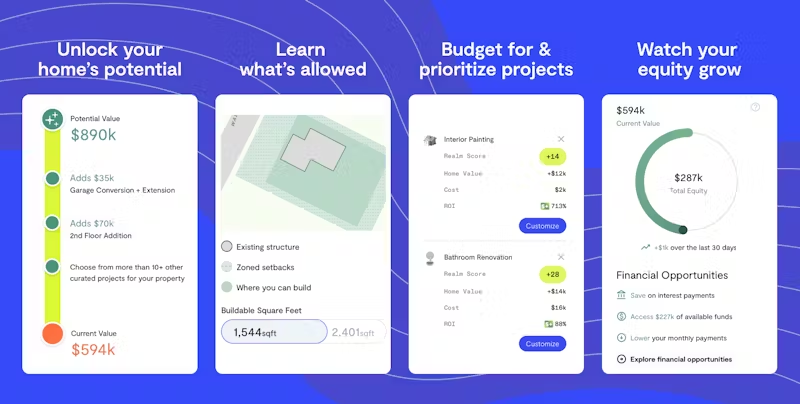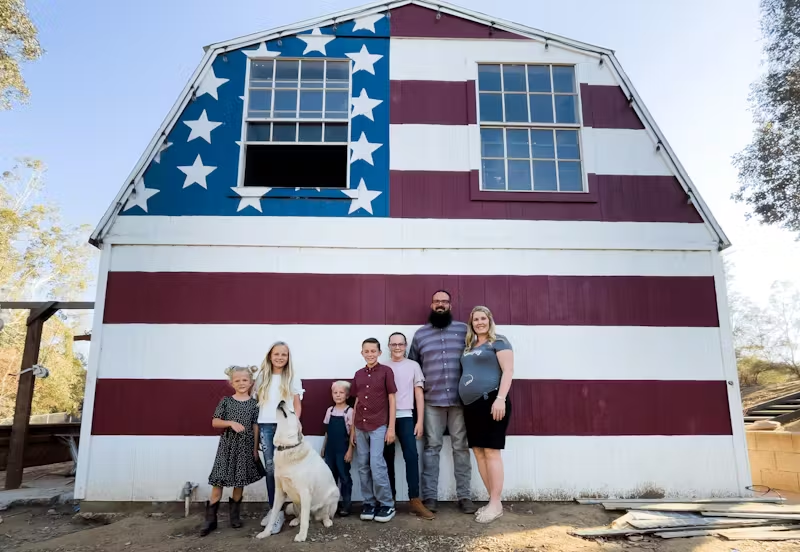Top Questions to Ask When Hiring an ADU Contractor
Get the most from your project by asking these key questions when hiring accessory dwelling unit contractors for your ADU build or renovation.
|
September 25, 2025
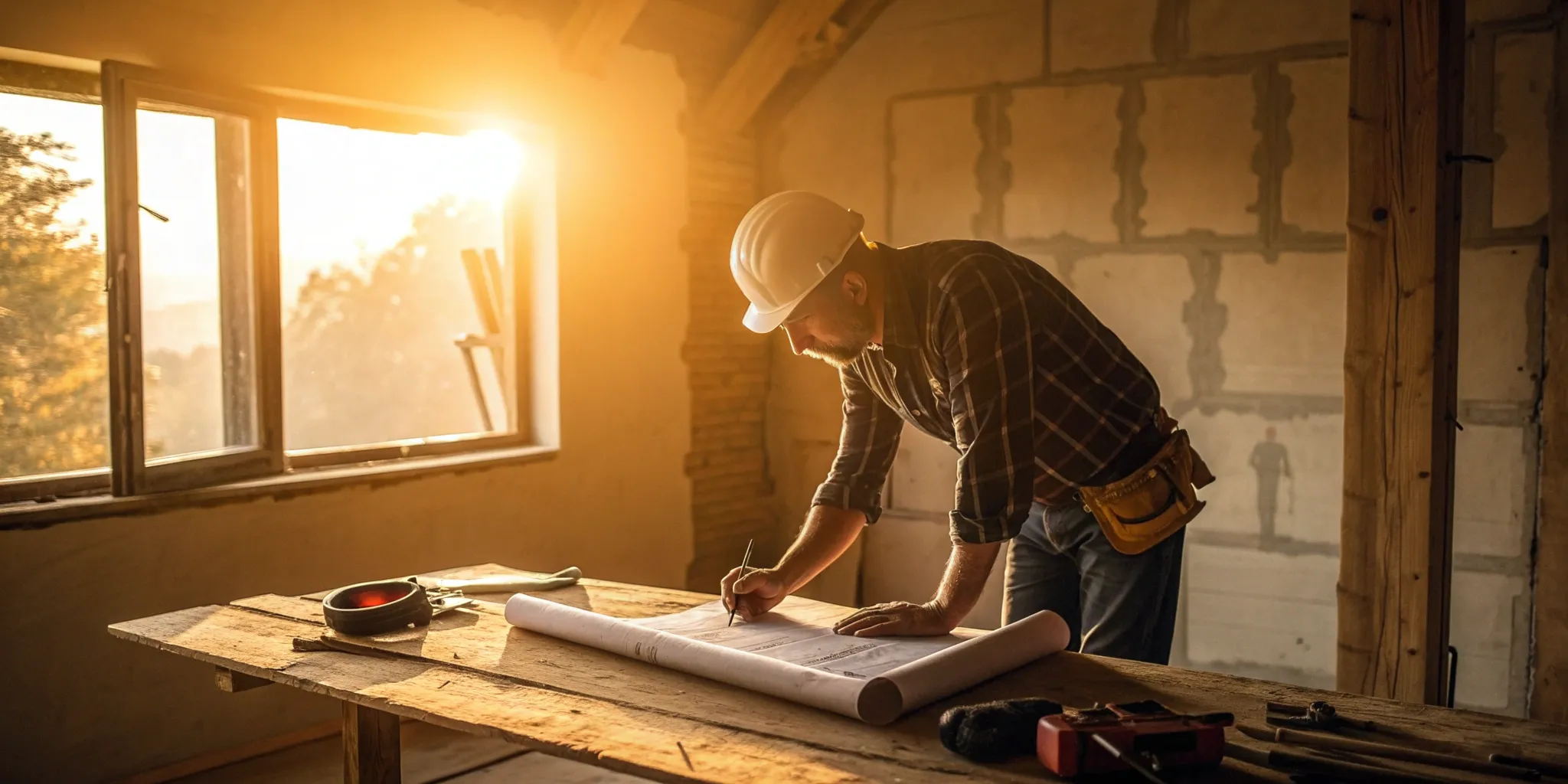
In this article:
When you decide to build an ADU, you become the CEO of a major project. Your most important task? Hiring the right team captain. The contractor you choose will oversee every detail, from the foundation to the final finishes. This is a huge responsibility, and making a confident choice requires doing your homework. How do you spot a true professional versus someone who just talks a good game? It comes down to knowing what to look for, what questions to ask, and which red flags to avoid. We’re here to help you step into that CEO role with confidence. Consider this your playbook for interviewing and selecting from a pool of accessory dwelling unit contractors, so you can build a strong partnership and an even stronger ADU.
Key Takeaways
- Vet Your Contractor Beyond the Basics: Go further than a portfolio review. Personally verify their state license and insurance, and have detailed conversations with past ADU clients to understand their real-world performance and communication style.
- Demand a Detailed Contract: Your signed agreement is your most important protection. It must clearly define the project scope, material choices, payment schedule tied to completed work, and the process for any changes to prevent surprise costs.
- Choose a Partner, Not Just a Price Tag: The cheapest bid often isn't the best value. Compare proposals line-by-line to understand what's included, and select the contractor who communicates clearly and gives you the most confidence in their ability to bring your vision to life.
What to Look for in an ADU Contractor
Finding the right contractor is arguably the most critical step in your ADU journey. This isn't just about hiring someone to build; it's about finding a partner who will guide you through a complex, multi-stage process. You need someone with the right technical skills, of course, but also someone who communicates well, understands your vision, and can manage a project from the ground up. Think of it as building a team for your project, with the contractor as your team captain. The right person will make the entire experience smoother and ensure the final product is exactly what you dreamed of. When you work with Realm, we match you with thoroughly vetted contractors who specialize in ADUs, but knowing what to look for yourself is still an empowering part of the process. Here are the key qualities to focus on.
Proven ADU Experience
Building an ADU isn't the same as a standard home addition or kitchen remodel. It comes with its own unique set of rules, zoning complexities, and design challenges. That's why you need a contractor who specializes in ADUs. A general contractor might be great, but an ADU expert will have specific experience with local regulations, utility hookups, and maximizing small-space layouts. A capable ADU contractor should be able to walk you through their previous projects from start to finish, explaining the unique hurdles they cleared along the way. This specific background is invaluable and can save you from costly mistakes and delays down the road.
Valid Licenses and Insurance
This is completely non-negotiable. Before you even think about signing a contract, you must verify that your contractor has a valid license and is fully insured. This includes both general liability insurance and workers' compensation. These protections aren't just for the contractor; they're for you. If an accident happens on your property, you could be held liable if your contractor isn't properly insured. You can typically check a contractor's license status online through your state's licensing board. Don't just take their word for it—do your own due diligence to protect your investment and your home.
Design and Planning Skills
A great ADU contractor is more than just a builder; they're a creative problem-solver. They should be able to contribute to the design and planning phase, offering ideas on how to make your ADU both functional and beautiful. During your initial conversations, discuss your vision for the space. Talk about the architecture, materials, and layout you have in mind. A skilled contractor will listen, provide constructive feedback, and help you refine your ideas into a workable plan that fits your budget. Their ability to help you visualize the final product and plan the details is a sign of a true professional.
Solid Project Management
An ADU build has a lot of moving parts, from securing permits to coordinating plumbers, electricians, and painters. Strong project management is what keeps everything running smoothly, on time, and within budget. An experienced ADU contractor knows how to create a realistic timeline and manage all the subcontractors and suppliers effectively. Ask potential contractors how they manage their projects. What tools do they use to track progress? How do they handle unexpected issues? A well-organized contractor will have clear systems in place, giving you confidence that your project is in good hands.
Clear Communication
You'll be in close contact with your contractor for months, so clear and consistent communication is essential. A good contractor keeps you in the loop, providing regular updates and being available to answer your questions. One of the biggest mistakes homeowners make is overlooking the importance of a contractor's communication style. Before hiring, establish how you'll communicate. Will it be through weekly emails, a project management app, or regular phone calls? Finding someone whose communication habits match your own will prevent a lot of stress and ensure you always feel informed about the progress of your project.
A Portfolio You Love
The easiest way to gauge a contractor's quality and style is to look at their past work. Ask to see a portfolio of their completed ADU projects. Pay attention to the details, the quality of the finishes, and the overall aesthetic. Does their style align with what you want for your own ADU? Don't stop at photos. Ask for references from previous ADU clients and actually call them. Hearing directly from past customers will give you honest insight into what it's like to work with that contractor, from their professionalism to the quality of their final product.
Key Questions to Ask Potential Contractors
Once you’ve narrowed down your list of potential ADU contractors, it’s time to start the interview process. Think of it as hiring for a very important, long-term position. The right questions will help you understand their process, communication style, and expertise. Getting clear, confident answers to these questions is key to finding a partner you can trust to build your ADU on time and on budget. Here’s what you need to ask.
What is your project timeline and process?
A capable ADU contractor should be able to walk you through their entire process, from the first design sketch to the final walkthrough. Ask them to outline the key phases and estimate how long each will take. This isn't just about getting a finish date; it's about understanding their project management style. A clear timeline shows they have a solid plan. You should hear them talk about specific milestones like finalizing designs, securing permits, site preparation, foundation work, framing, and interior finishing. A vague answer is a sign that they may lack the experience to anticipate the project's flow and potential delays.
How do you structure costs and payments?
This is one of the most important conversations you’ll have. Ask for a detailed breakdown of all anticipated costs and find out how they structure their payment schedule. Some contractors use a fixed-price model, while others use a "cost-plus" model. Make sure you understand the pros and cons of their approach. Payments should always be tied to completed project milestones, not arbitrary dates. For example, you might pay a percentage after the foundation is poured or framing is complete. This protects you by ensuring you only pay for work that has been successfully finished. Choosing the wrong contractor can significantly inflate your project budget, so clarity here is non-negotiable.
How do you handle permits and local regulations?
Building an ADU involves a lot of red tape. An experienced contractor will be your guide through the complex world of permits and local building codes. Ask them what specific regulatory challenges might exist for your property and how they plan to address them. They should be knowledgeable about your city’s specific zoning laws, setback requirements, and inspection schedules. A great contractor will handle the entire permitting process for you, from submitting the initial plans to scheduling final inspections. Their confidence and familiarity with local rules will save you countless headaches and potential delays down the road.
Who manages your subcontractors?
Your general contractor is the captain of the ship, but they rely on a crew of subcontractors—plumbers, electricians, roofers—to get the job done. It’s important to know how your contractor vets and manages these specialists. Ask how long they’ve worked with their primary subs and if they are all licensed and insured. A contractor with a long-standing, trusted team is a great sign of stability and quality. You also want to confirm that the general contractor is the single point of contact and is fully responsible for the quality and timeliness of the subcontractors' work. This ensures clear lines of communication and accountability throughout the project.
What are your quality control measures?
How will your contractor ensure the work meets high standards every step of the way? Ask about their quality control process. This could include regular site visits from a project manager, specific checkpoints for reviewing work, and a system for addressing any issues that arise. A contractor without specific ADU experience could cause costly problems, so you want someone who is proactive about quality, not reactive. They should be able to explain how they guarantee everything from the foundation to the paint finish is done correctly and meets all building code requirements. This conversation shows you how much they value craftsmanship and your long-term satisfaction.
How are materials selected?
The materials used in your ADU will determine its look, feel, and durability. Discuss how the contractor handles material selection and procurement. Will you be choosing fixtures and finishes with a designer, or does the contractor have standard options? It's important to understand how "allowances"—a budget for specific items like tile or countertops—work. A good contractor will help you balance aesthetics with your budget and the project's overall design. They should be transparent about where materials are sourced from and provide clear options that align with your vision and quality expectations. This ensures there are no surprises about the final look or cost.
What is your process for change orders?
Even with the best planning, changes can happen during a construction project. You might decide you want a different type of flooring or an unexpected issue might arise. A "change order" is the formal process for documenting these changes and their impact on the budget and timeline. Ask potential contractors to explain their change order process. It should always be in writing and require your signature before any new work begins. This document should clearly state the scope of the change, the additional cost, and any adjustment to the schedule. Not having a formal change order clause can lead to major misunderstandings and budget overruns.
Red Flags to Watch For
Knowing what to look for in a great contractor is half the battle. The other half is knowing what to avoid. A successful ADU project depends on a partnership built on trust, transparency, and expertise. Unfortunately, not all contractors operate with your best interests at heart. Spotting the warning signs early can save you from major headaches, unexpected costs, and a project that falls short of your vision. The wrong hire can turn an exciting home addition into a stressful, budget-draining ordeal. That’s why it’s so important to have a team of vetted professionals you can count on from the start. As you begin interviewing potential builders for your ADU, keep your eyes open for these common red flags. They’re your first line of defense in protecting your investment and your peace of mind.
Unrealistically Low Bids
An extremely low bid might feel like a lucky break, but it’s often a major red flag. To offer a price that significantly undercuts the competition, a contractor may be planning to cut corners by using poor-quality materials, hiring inexperienced labor, or leaving out essential parts of the project that will show up later as surprise costs. Always get multiple quotes to understand the realistic price range for your project. If one bid is dramatically lower than the others, ask the contractor to walk you through their estimate line by line. A professional will be able to justify their costs clearly.
Poor Communication
Pay close attention to how a contractor communicates from your very first interaction. Are they slow to return your calls or emails? Do they give vague answers to your specific questions? If communication is a struggle before you’ve even signed a contract, it will only get worse once construction begins. A reliable contractor will be responsive, clear, and proactive in their communication. They should make you feel heard and informed, not confused or ignored. Misunderstandings during a build can lead to costly mistakes and unmet expectations, so prioritize a partner who values clear dialogue.
Missing or Expired Credentials
Never take a contractor’s word that they are licensed and insured—always verify it yourself. Legitimate contractors will gladly provide their license number and proof of insurance. Hiring an unqualified or uninsured builder puts you at significant financial and legal risk. If something goes wrong, you could be liable for worker injuries or property damage. You can typically check a contractor's license status online through your state's licensing board. If a contractor is hesitant to share this information or their credentials don't check out, walk away immediately.
High-Pressure Sales Tactics
Your ADU build is a major decision, and you should never feel rushed into it. Be cautious of any contractor who uses high-pressure sales tactics to get you to sign a contract on the spot. This might sound like a "limited-time offer" that expires today or a warning that their schedule is filling up fast. These tactics are designed to prevent you from doing your due diligence, like checking references or comparing other bids. A professional and confident contractor will respect your need to take your time and make a thoughtful, informed decision.
Vague Contract Terms
A contract is your most important tool for protecting your investment. It should be a detailed document that clearly outlines every aspect of the project, including the full scope of work, a breakdown of costs, the payment schedule, specific materials to be used, and a projected timeline. A red flag is a contract that is vague, overly simple, or has a lot of blank spaces. This ambiguity can lead to disputes over what was included in the original price, resulting in unexpected charges and project delays down the road.
Little to No ADU Experience
Building an ADU isn't the same as a standard home renovation. It comes with its own unique set of zoning laws, permit requirements, and design challenges. A general contractor without specific ADU experience may not be prepared to handle these complexities, which could cause costly problems and significant delays. Always ask to see a portfolio of their completed ADU projects. Ask about the challenges they faced and how they solved them. You want a builder who has successfully completed projects similar to yours and understands the specific rules in your area.
Hesitant or Vague References
A contractor with a history of happy clients will be eager to share their references. If a potential builder hesitates, can’t provide any, or gives you contacts who are vague and unenthusiastic, consider it a major warning sign. When you do speak with references, ask detailed questions about their experience. Were they happy with the quality of the work? Did the project stay on budget and on schedule? How did the contractor handle problems when they arose? Solid, glowing reviews from past clients are one of the best indicators of a reliable professional.
How to Budget for Your ADU
Creating a budget for your ADU project can feel like a huge task, but it’s really just about breaking down the numbers into manageable pieces. A clear budget is your roadmap, helping you make informed decisions and keeping your project on track from start to finish. Think of it less as a restriction and more as a tool that empowers you to build the ADU you want without any stressful financial surprises. With a little planning, you can confidently map out your expenses and get excited about the value you’re adding to your home.
Breaking Down the Costs
The first question everyone asks is, "How much will it cost?" The answer depends heavily on the type of ADU you build. For example, a detached new-construction ADU can average around $194,000. Costs can range from about $170,000 for a smaller 400-square-foot unit to $210,000 for a larger 800-square-foot one. Garage conversions and basement ADUs are often more affordable because you’re working with an existing structure. Understanding the general costs of accessory dwelling units for different project scopes is the perfect starting point for building a realistic budget and deciding which path is right for you.
The Impact of Material Quality
Your choice of materials and finishes will play a major role in your total project cost. It’s the classic dilemma: save money now with standard finishes, or invest in higher-quality materials that will last longer? While premium flooring, custom cabinetry, and high-end appliances increase the upfront cost, they can save you money on maintenance and replacements down the road. The key is to find a balance that works for your budget. You can mix and match, splurging on durable countertops while opting for more budget-friendly tile in the bathroom. Discuss these trade-offs with your contractor to get the best value for your investment.
Factoring in Labor and Permit Fees
The physical materials for your ADU are only part of the equation. Labor costs are a significant expense, typically making up 40% to 60% of your total budget. This includes the skilled work of everyone from framers and plumbers to electricians and painters. Additionally, you’ll need to account for permit fees, which can vary widely depending on your city and the complexity of your project. Your contractor should provide a detailed estimate that breaks down these "soft costs" so you have a complete picture of where your money is going beyond just the build itself.
Planning for Hidden Costs
Even with the most detailed plan, unexpected costs can pop up. That’s why it’s smart to include a contingency fund in your budget. A good rule of thumb is to set aside at least 10% of your projected hard construction costs. This buffer can cover unforeseen issues, like discovering you need to do extra groundwork, or dealing with a sudden increase in material prices due to supply chain delays. Having this fund in place gives you peace of mind, ensuring that a minor hiccup doesn’t derail your entire project.
Understanding Your Payment Schedule
Before signing a contract, make sure you have a crystal-clear understanding of the payment schedule. Every contractor handles this differently. Some may charge a flat rate for the entire project, while others work on an hourly basis. Typically, you’ll pay a deposit upfront, with subsequent payments tied to specific project milestones, like the completion of the foundation or framing. Getting this schedule in writing is crucial for managing your cash flow and ensures that you and your contractor are aligned on expectations from day one.
Exploring Financing Options
Few homeowners pay for an ADU entirely out of pocket, and there are many ways to fund your project. Common financing options include a home equity line of credit (HELOC), a cash-out refinance on your existing mortgage, or a construction loan. Each option has its own pros and cons, so it’s worth exploring what makes the most sense for your financial situation. Talking with a financial advisor or a Realm project manager can help you weigh your choices and secure the funding you need to bring your ADU to life.
What to Expect During Construction
Building an ADU is an exciting process, but it’s also a complex one with many moving parts. Knowing the general timeline and what happens at each stage can help you manage your expectations and feel more prepared for the journey ahead. While every project has its own unique timeline, the construction process typically follows four main phases. A great contractor will guide you through each step, but it’s always helpful to understand the roadmap yourself. At Realm, we help you create a customized project plan so you know exactly what to expect from start to finish. From initial planning to final inspections, here’s a breakdown of the construction journey.
Phase 1: Pre-Construction and Planning
Before any physical work begins, there’s a critical planning phase. This is where you and your contractor finalize all the details that will set your project up for success. You’ll work together to refine the ADU design, select materials, and sign a detailed construction contract that outlines the scope of work, timeline, and payment schedule. This is also the time to get your finances in order, which might include arranging for pre-loan approval if you’re financing the project. Think of this as building the blueprint for the entire construction process—getting it right now prevents headaches later.
Phase 2: Permits and Site Prep
With a solid plan in place, your contractor will move on to securing the necessary building permits from your local city or county. This step can take anywhere from a couple of months to longer, depending on your municipality's review process. While you wait for approvals, your contractor can begin preparing the construction site. This might involve clearing and leveling the land, removing obstacles, and marking out the foundation. Once the permits are approved and the site is prepped, the real building work can get started.
Phase 3: The Build
This is the phase where your ADU starts to take shape. Your contractor will act as the project manager, coordinating every aspect of the build. The process typically starts from the ground up: pouring the foundation, followed by framing the walls and roof. Next come the exterior finishes, like siding, windows, and doors. After that, the focus moves inside for plumbing, electrical, and HVAC installation. Finally, drywall goes up, and your chosen finishes—like flooring, paint, cabinets, and fixtures—are installed. Your contractor will manage all the subcontractors and ensure the work stays on schedule.
Phase 4: Quality Checks and Final Inspections
As construction wraps up, the focus shifts to quality control and final approvals. Your contractor will walk through the completed ADU with you to create a "punch list" of any small items that need to be fixed or adjusted. At the same time, they will schedule a series of final inspections with city officials. These inspectors will verify that every part of the ADU, from the electrical wiring to the plumbing, meets local building codes and safety standards. Once you pass all inspections, you’ll receive a Certificate of Occupancy, giving you the official green light to use your new space.
How to Protect Your Investment
Building an ADU is a significant financial undertaking, and you want to make sure your money is well spent. Beyond choosing a great contractor, you need to have the right systems in place to safeguard your project from start to finish. Taking a few proactive steps can prevent major headaches, protect your budget, and ensure you get the beautiful, functional space you’ve been dreaming of. Think of these steps as your project’s insurance policy—they provide peace of mind and a clear path forward if any issues come up.
Verify Insurance Coverage
Before you sign anything, confirm that your contractor has adequate insurance. This is a non-negotiable step that protects you from liability for any accidents or property damage that might happen on your property during construction. Ask for proof of both general liability insurance and workers' compensation. A reputable contractor will have these documents ready and won't hesitate to share them. You can even call the insurance provider to confirm the policy is active. This simple check ensures the contractor is a legitimate professional who takes their responsibilities seriously and that you are properly protected.
Get Everything in the Contract
Your contract is the single most important document in your renovation. It should be incredibly detailed, leaving no room for interpretation. Make sure it outlines everything you’ve agreed upon, including the full scope of work, specific materials and brand names, color schemes, a project timeline with key milestones, and a clear payment schedule. If you discussed a specific type of flooring or window model, it needs to be in the contract. This document is your roadmap and your protection. A vague contract is a major red flag, so insist on clarity before you sign.
Secure Your Payments
How you pay your contractor is just as important as how much you pay them. Avoid working with anyone who demands a huge upfront deposit. While a small initial payment is standard, the payment schedule should be tied to the completion of specific project milestones. For example, you might pay a percentage after the foundation is poured, another after framing is complete, and so on. This approach keeps you in control of your money and motivates the contractor to stay on schedule. A clear payment structure protects your investment and ensures you only pay for work that has been completed to your satisfaction.
Understand the Warranty
A good contractor will stand behind their work with a warranty. Before the project begins, ask what the warranty covers and for how long. Does it include both labor and materials? What is the process for making a claim if something goes wrong after the project is finished? A solid warranty provides long-term peace of mind and is a sign that the contractor is confident in the quality of their work. Make sure the warranty details are written into your contract so you have a clear understanding of your coverage once your ADU is complete.
Keep Detailed Records
From your first conversation to the final walkthrough, document everything. Keep an organized file of all communications, including emails and text messages. Save every invoice, receipt, and change order. It’s also a great idea to take photos and videos of the project’s progress at regular intervals. This paper trail creates a comprehensive record of your project and serves as a crucial reference if any disagreements or questions arise. Having detailed documentation ensures everyone is accountable and on the same page throughout the entire build.
Know Your Legal Options
While we all hope for a smooth project, it’s wise to know your rights as a homeowner. Familiarize yourself with your local building regulations and the terms of your contract. Understand the process for resolving disputes, should one occur. Your state’s contractor licensing board is an excellent resource for information and can be a valuable ally if you run into serious issues with a contractor. Knowing your options ahead of time empowers you to handle any challenges that may come up and ensures you can advocate for yourself effectively.
How to Make Your Final Decision
You’ve done the legwork, interviewed candidates, and now you have a few solid proposals in hand. This is the final step, and it’s about more than just picking the lowest price. You’re choosing a partner for a major project that will transform your home. A successful renovation depends on a strong relationship built on trust, clear communication, and shared vision. To make the right choice, you need to look past the bottom line and evaluate each contractor holistically. Focus on comparing the details, understanding the scope of work, and making sure you feel confident in their ability to deliver. This final evaluation is your chance to ensure every detail is accounted for before you sign a contract and break ground.
Compare Bids Side-by-Side
When you lay the bids out, resist the urge to just look at the final number. A lower price can sometimes mean cheaper materials, a less detailed scope, or missing items that will show up as extra costs later. Create a simple spreadsheet to compare what each contractor is offering for key elements like architecture, materials, and finishes. Does one bid include high-end fixtures while another uses builder-grade? Is site cleanup included in all proposals? A true side-by-side comparison helps you understand the value you’re getting, not just the price you’re paying. This detailed review will reveal how each contractor’s proposal aligns with your vision and budget.
Analyze the Scope of Work
A detailed scope of work is your best friend. It’s the roadmap for your entire project and should clearly outline every step, from demolition to the final coat of paint. A great contractor will be able to walk you through their process and explain the timeline, milestones, and how they handle potential challenges. If a proposal feels vague or leaves too much open to interpretation, ask for clarification. The more detailed the scope of work is upfront, the fewer surprises you’ll have down the road. This document is the foundation of your contract, so make sure it’s comprehensive and accurate before moving forward.
Check Every Reference
Don’t skip this step. Speaking directly with a contractor’s past clients is the best way to get an unfiltered look at their work ethic and reliability. Ask for references from homeowners who completed projects similar to yours. When you call, ask specific questions: Did they stick to the budget and timeline? How was their communication? How did they resolve issues when they came up? At Realm, we handle this part of the process for you, ensuring every professional in our network has been thoroughly vetted by our experts and has a proven track record of success. This gives you peace of mind that you're working with the best.
Review Their Portfolio in Detail
A portfolio is more than just a collection of pretty pictures; it’s proof of a contractor’s skill and style. As you look through their past ADU projects, check for craftsmanship and attention to detail. Do their finished projects align with your aesthetic? Look for consistency across different projects and see if they have experience with the specific type of build you’re planning. This visual check helps you confirm that their work lives up to their promises and that they can bring your specific vision to life. A strong portfolio should make you feel excited and confident about their ability to deliver your dream space.
Clarify All Warranty Terms
Before you sign anything, make sure you have a clear understanding of the contractor’s warranty. A professional who stands by their work will offer a warranty that covers both labor and materials for a set period. Ask what is covered, what the process is for making a claim, and for how long the warranty is valid. This is also the time to double-check that they carry the proper licenses and insurance. This protects you and your investment long after the construction crew has packed up and gone home. A clear warranty is a sign of a contractor who is confident in their quality of work.
Trust Your Gut
After you’ve analyzed the bids, checked the references, and reviewed the portfolios, it’s time for a gut check. This person and their team will be a part of your daily life for weeks or even months. Do you feel comfortable with them? Do they listen to your ideas and communicate clearly? Building an ADU is a collaborative process, and a positive working relationship is essential. Sometimes, the right choice is the contractor who you feel most confident in and comfortable with, even if they aren’t the cheapest option. Your intuition is a powerful tool in making this final, important decision.
Frequently Asked Questions
Is it really necessary to hire an ADU specialist, or can any good general contractor do the job? While a talented general contractor can handle many projects, building an ADU has its own unique set of rules. Think of it like seeing a specialist for a specific health issue. An ADU expert is deeply familiar with local zoning codes, permit processes, and the creative design solutions needed for small spaces. This specialized knowledge can save you from costly delays and ensure your project runs smoothly from the start.
How many quotes should I get before I choose a contractor? Getting at least three detailed bids is a great rule of thumb. This gives you a clear sense of the fair market price for your project and helps you spot any bids that are unusually high or suspiciously low. More importantly, it allows you to compare not just the cost, but also the scope of work, proposed materials, and communication style of each contractor so you can find the best overall fit.
What’s a reasonable amount for a deposit, and when should I make other payments? A standard deposit is typically around 10% of the total project cost or $1,000, whichever is less, as this is often the legal limit in many states. After the initial deposit, all other payments should be tied to the completion of specific project milestones. For example, you might make a payment after the foundation is poured or once framing is complete. This structure protects you by ensuring you only pay for work that has been successfully finished.
What happens if I want to change something, like the kitchen layout, after we've already started building? Changes are a normal part of many construction projects, but they need to be handled correctly. A professional contractor will have a formal "change order" process. This means any modification to the original plan is documented in writing, including a description of the new work, the cost difference, and any impact on the timeline. You should always review and sign this document before the new work begins to avoid any misunderstandings.
My contract seems really long and complicated. What are the absolute most important things I should double-check? A detailed contract is a good thing! Focus on a few key areas. First, make sure the scope of work is incredibly specific, listing out exactly what will be done. Second, verify that the payment schedule is tied to project milestones, not dates. Finally, confirm that the contract includes the contractor's license number, proof of insurance, and details about the warranty they offer for their work.






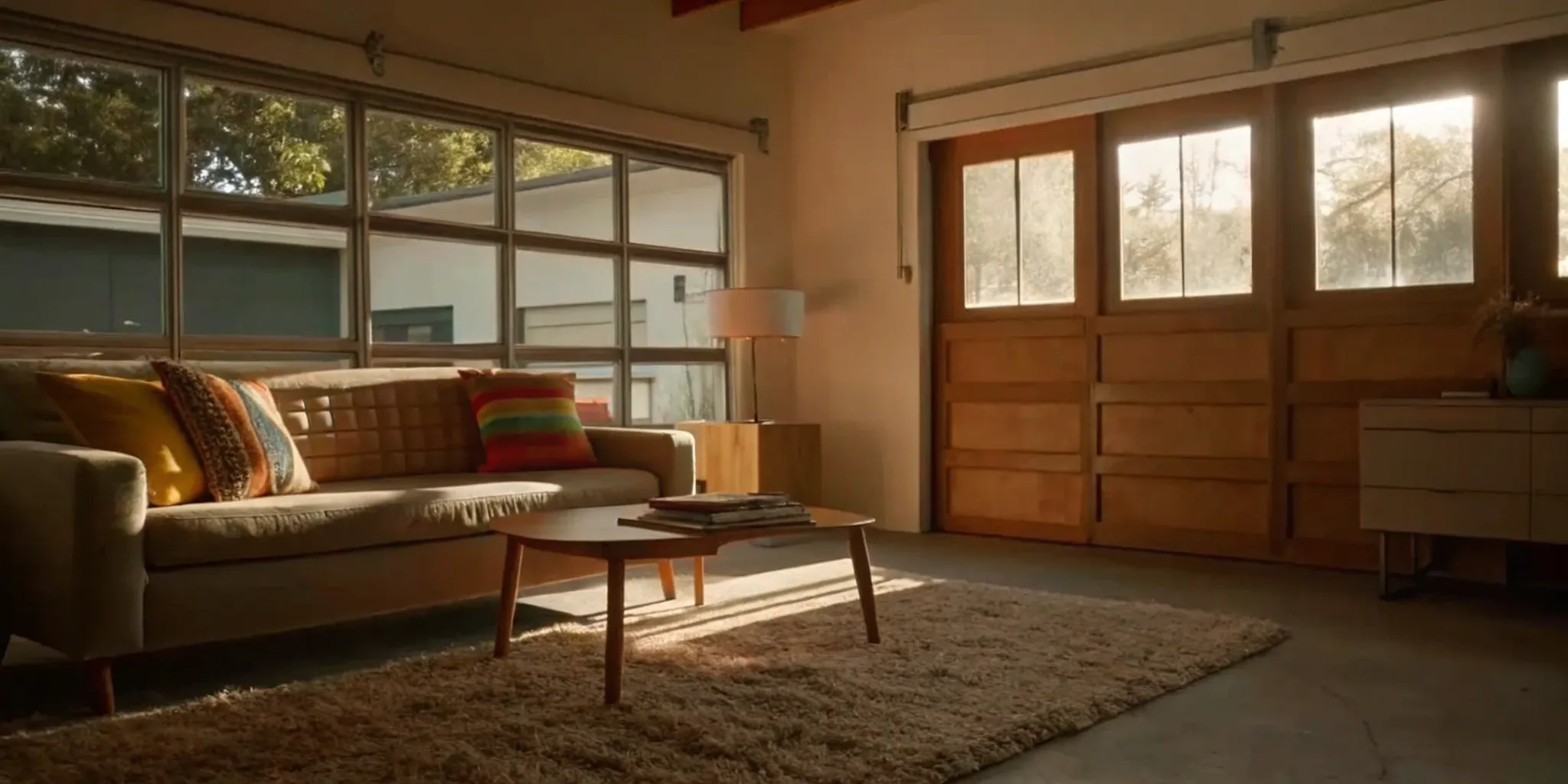
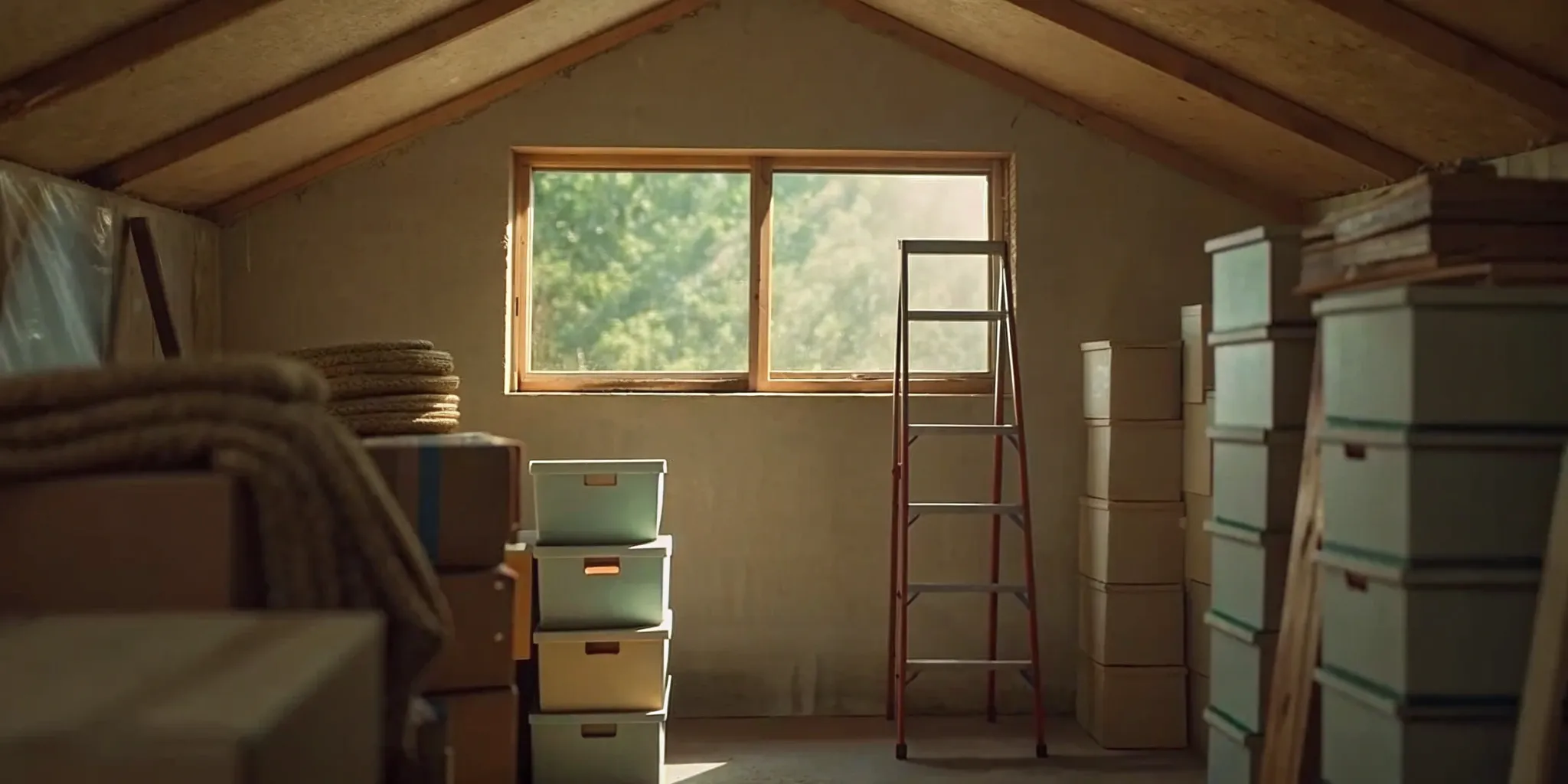

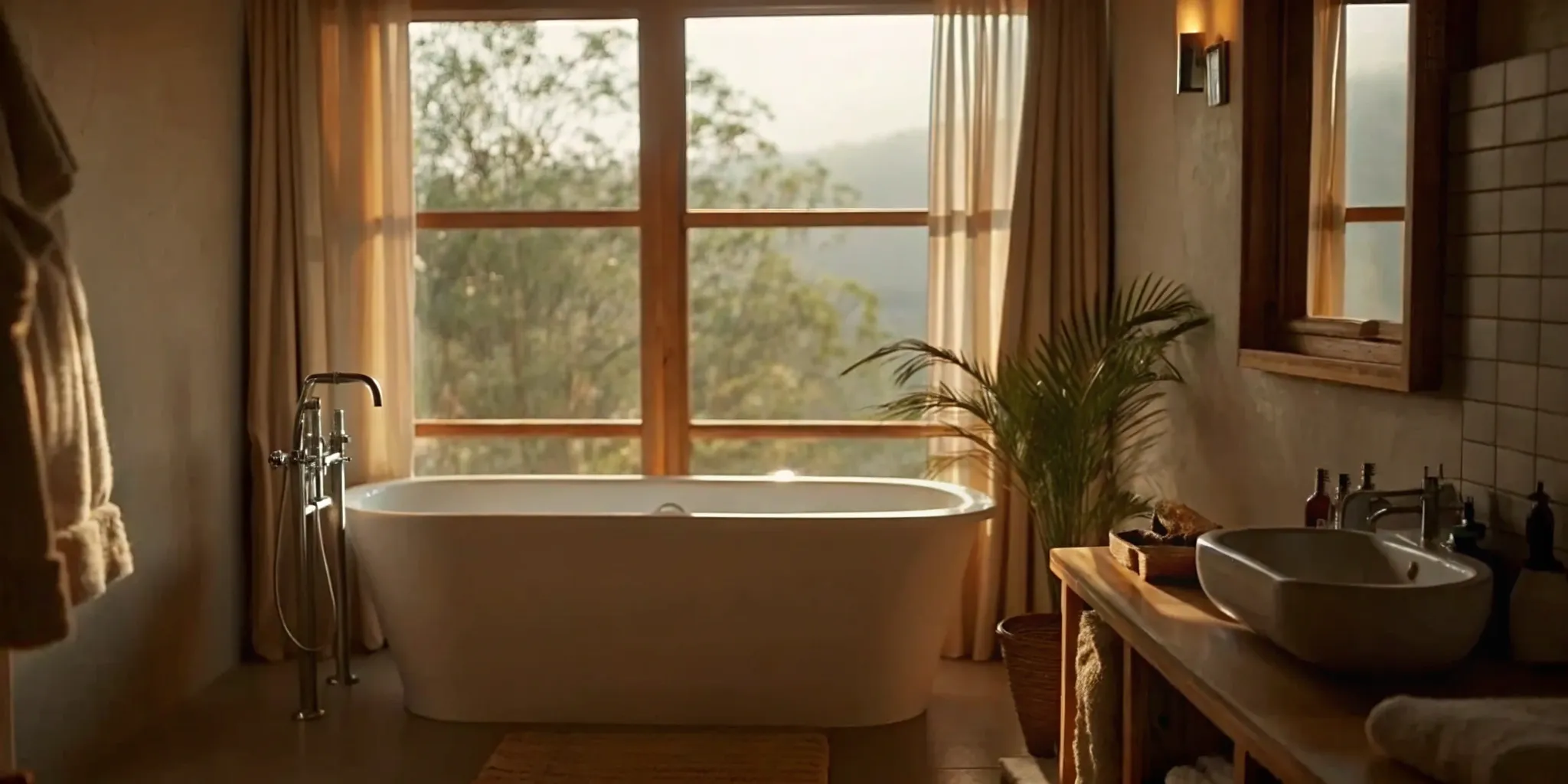
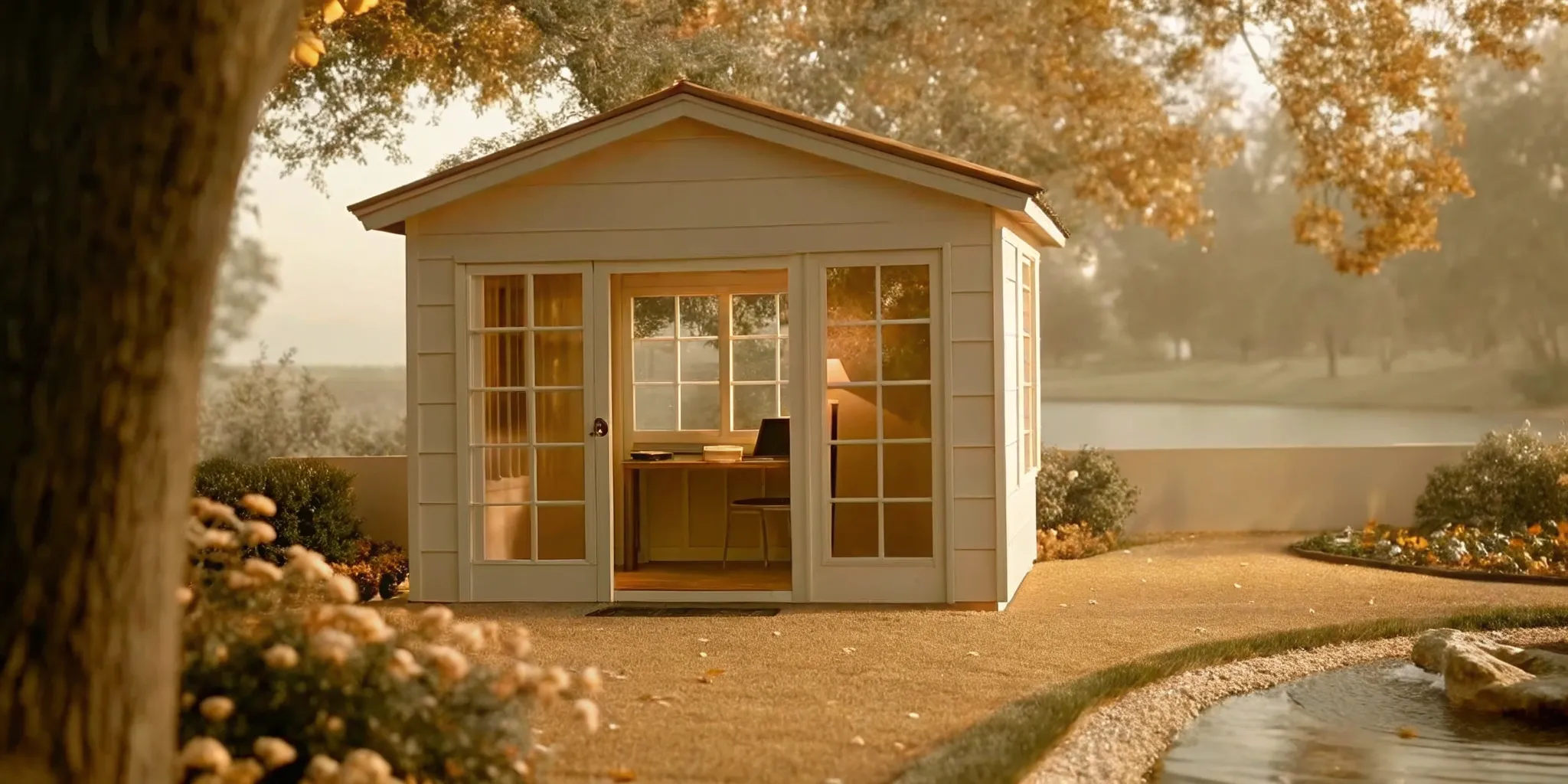
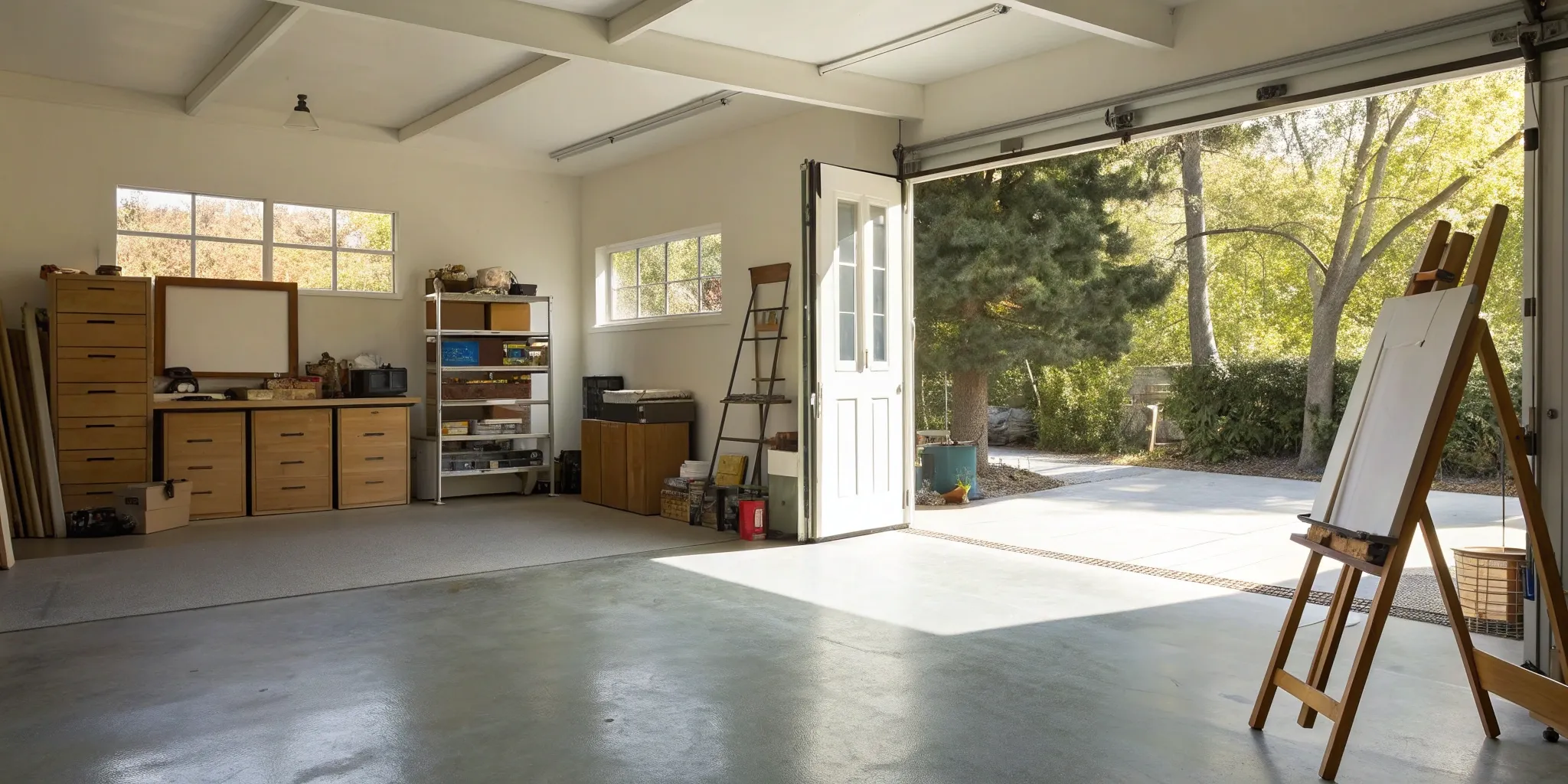
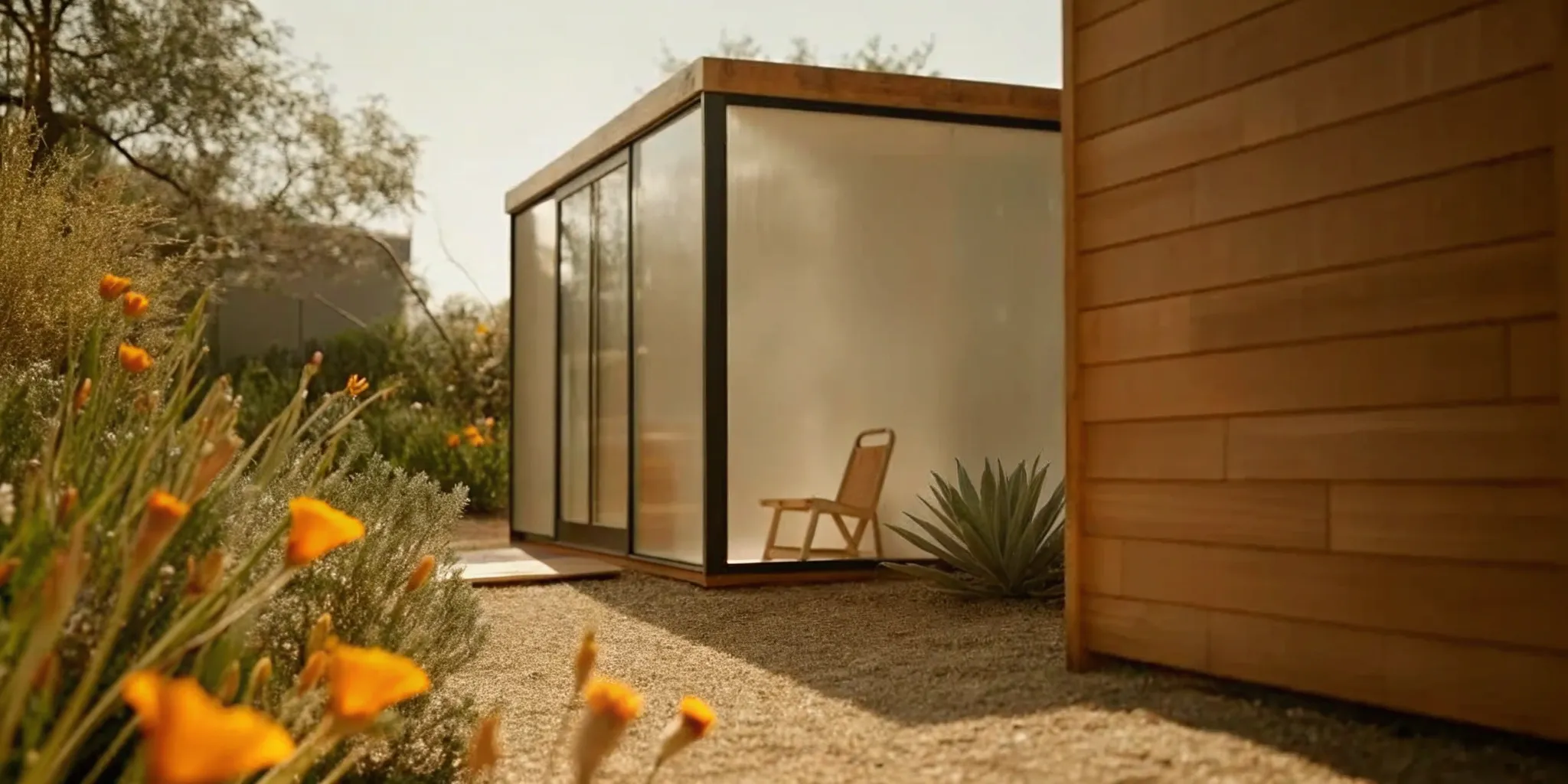
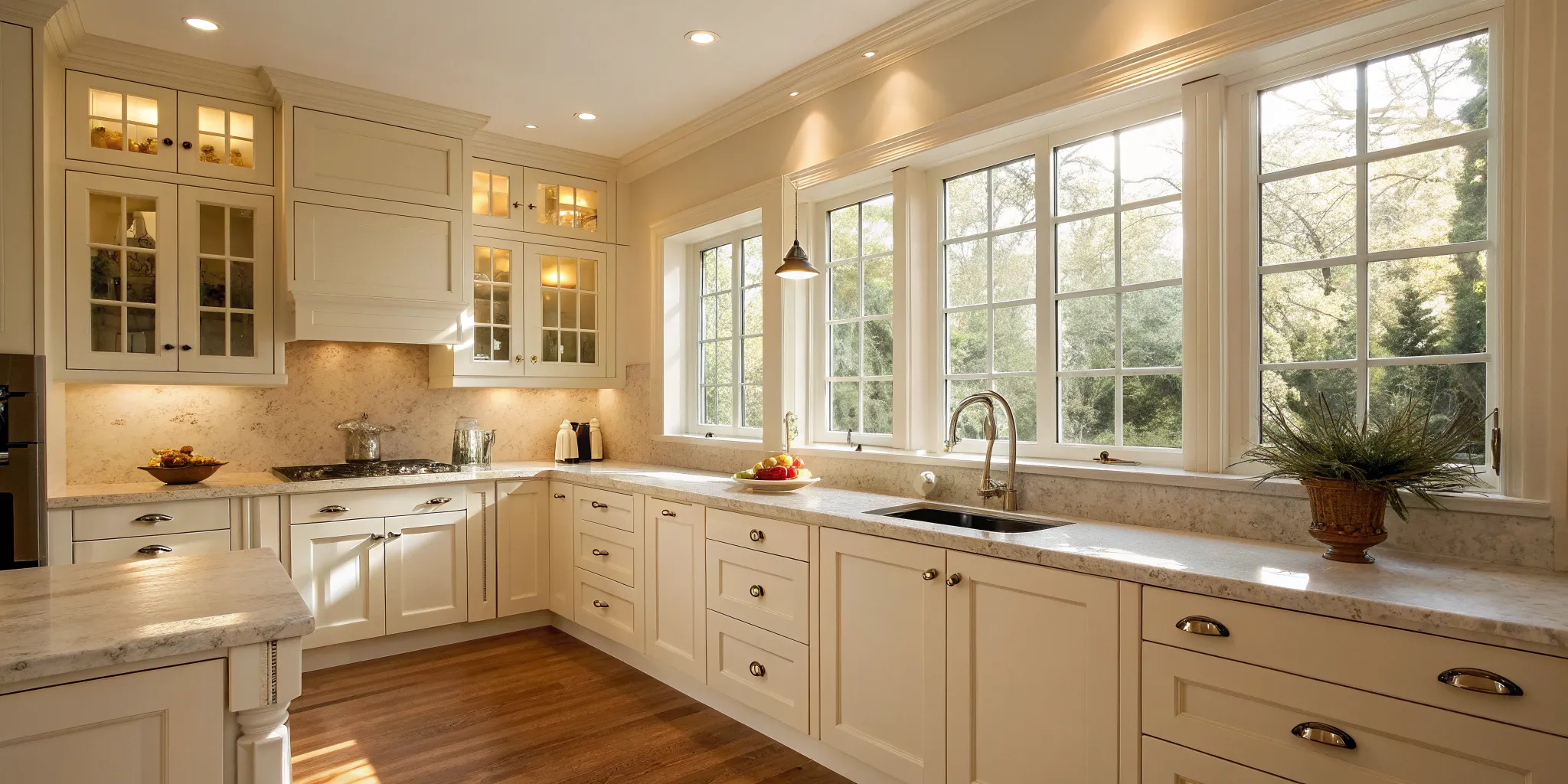

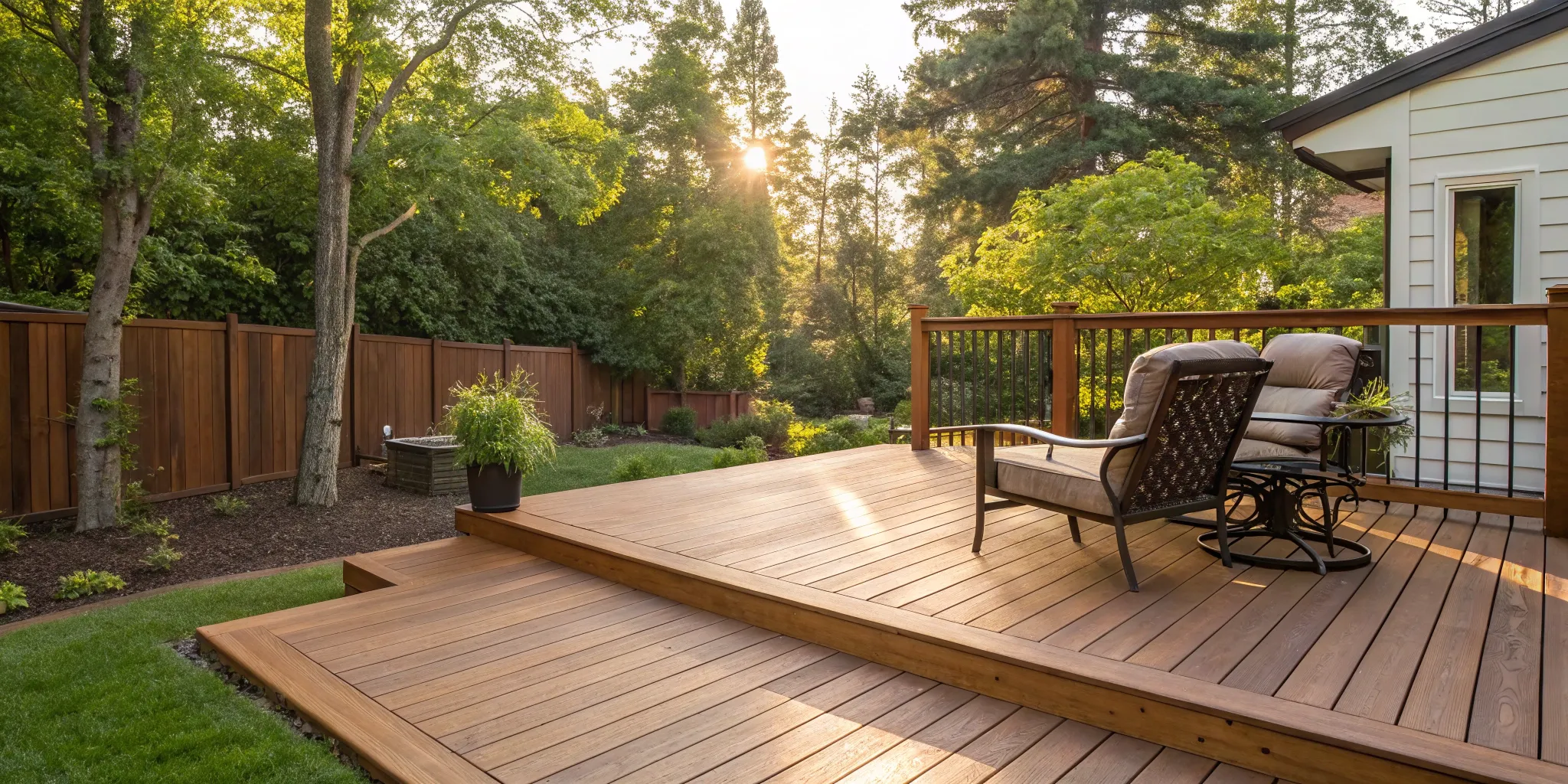
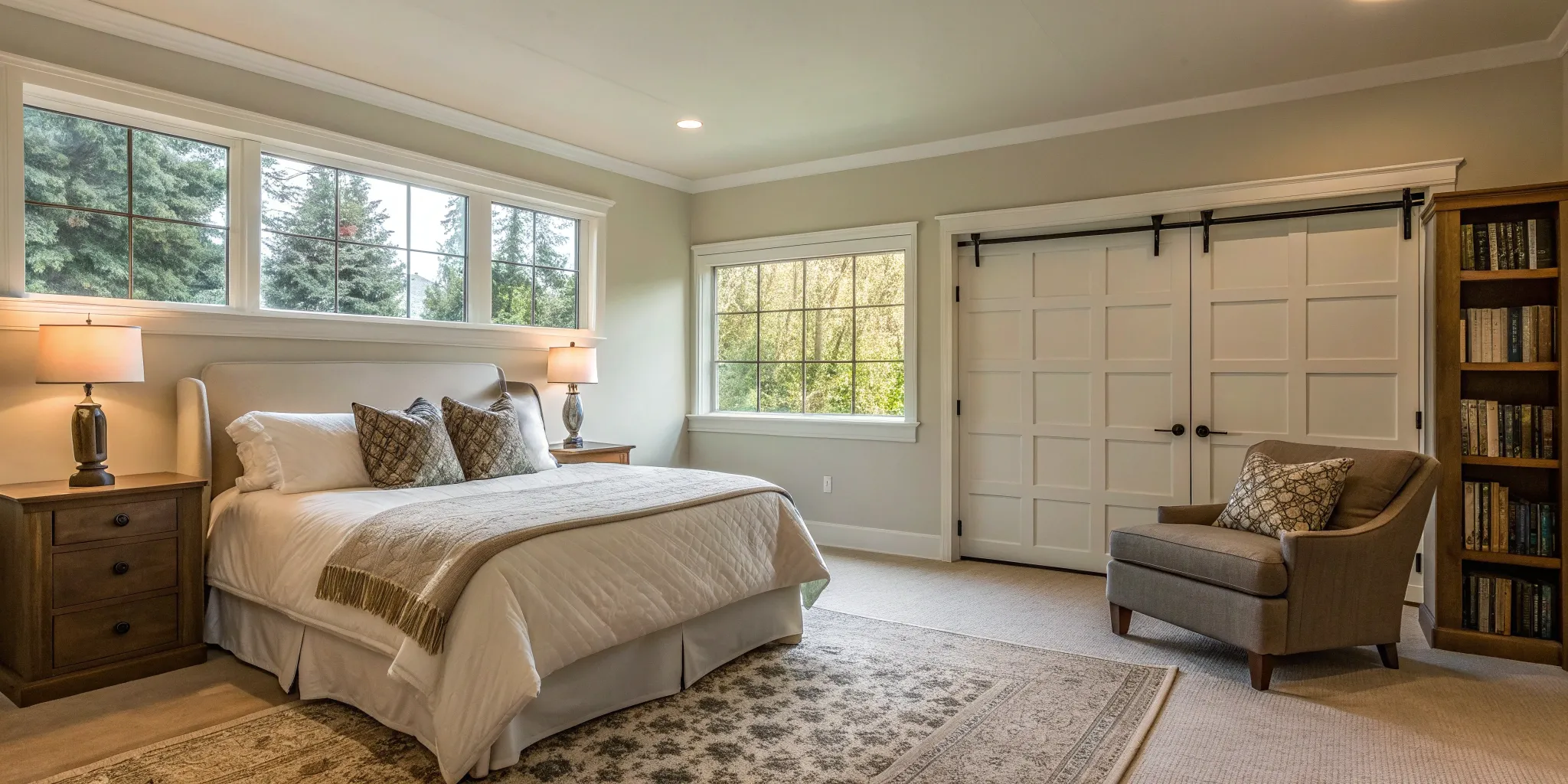
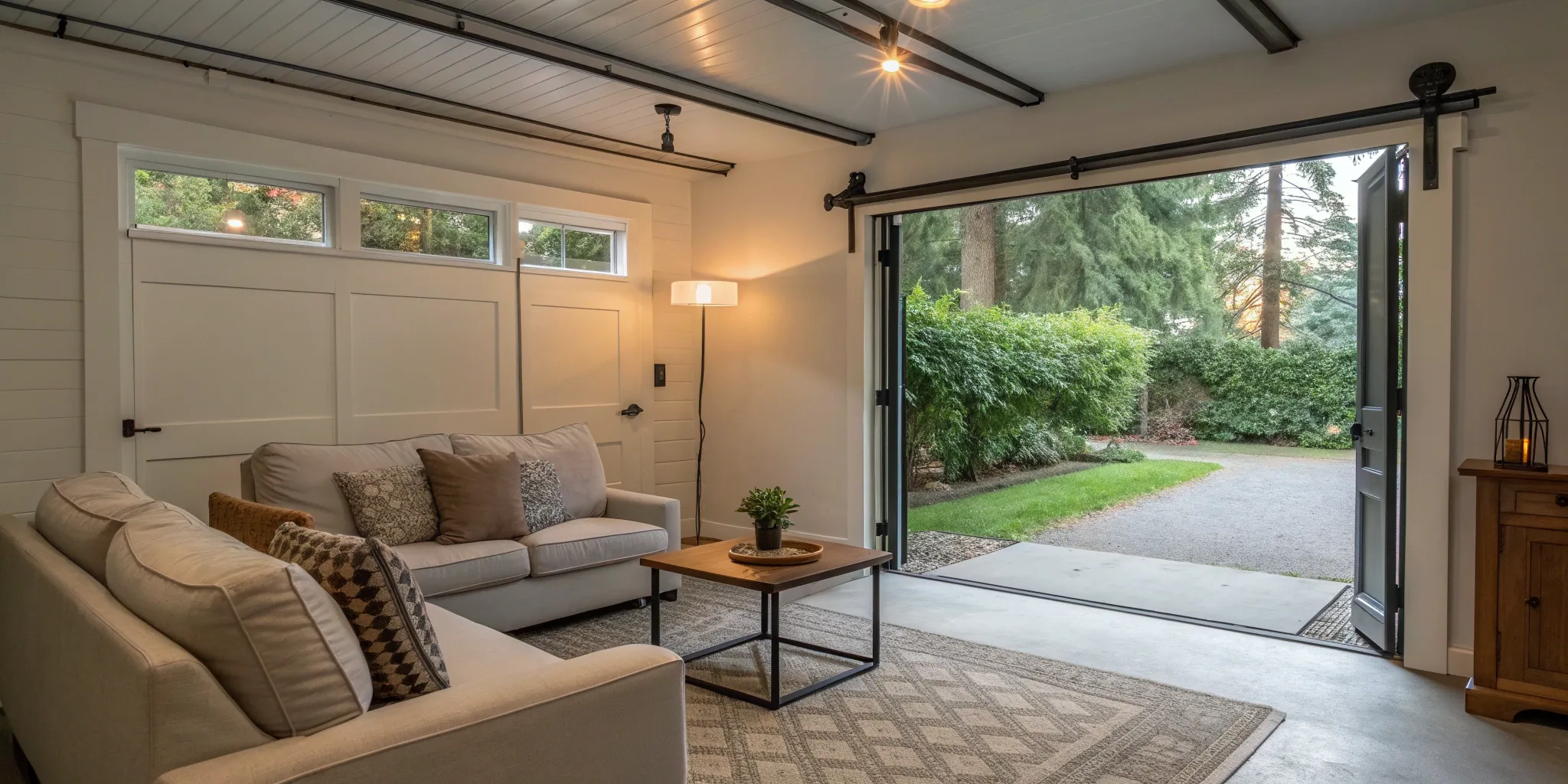
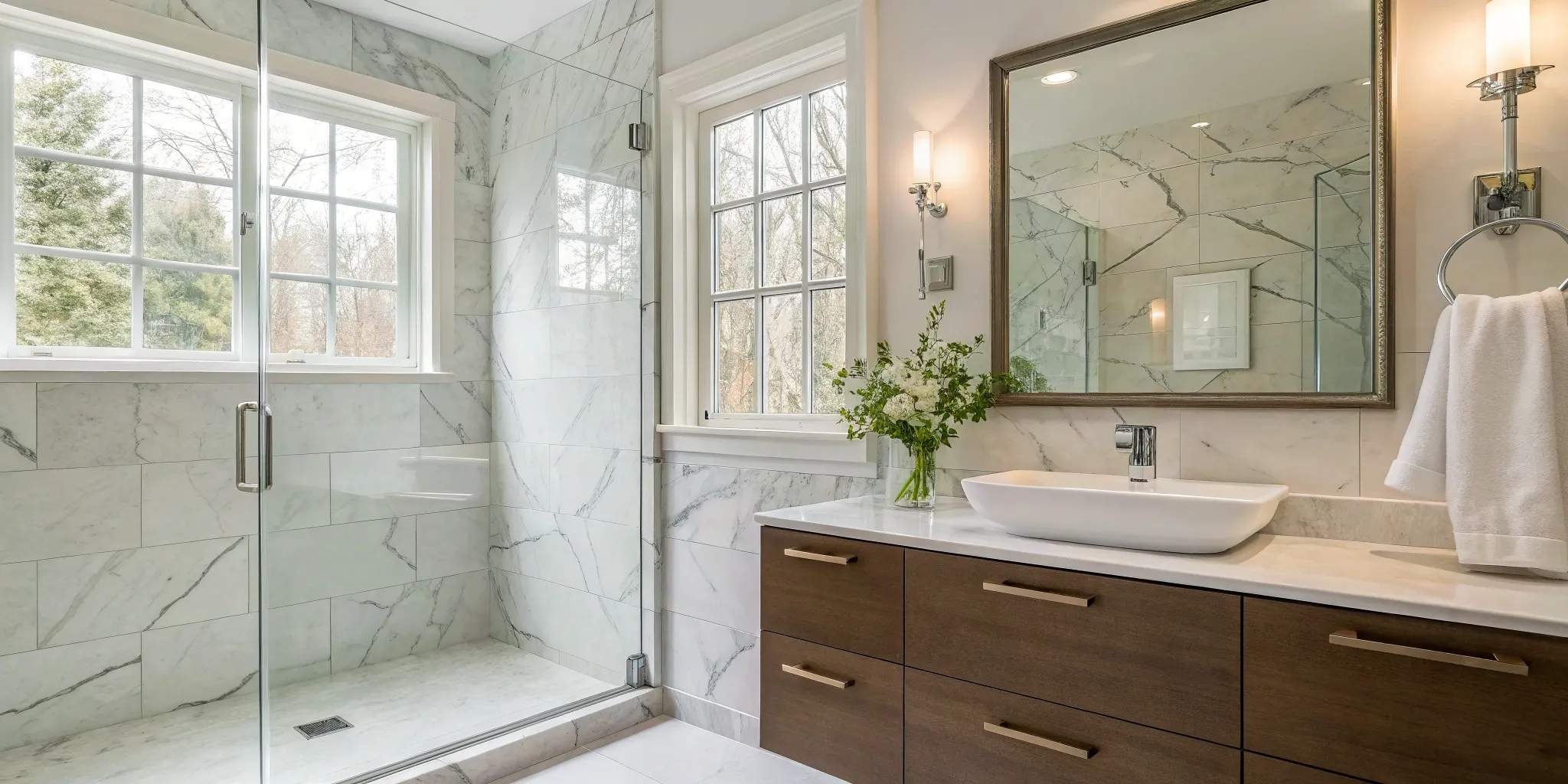
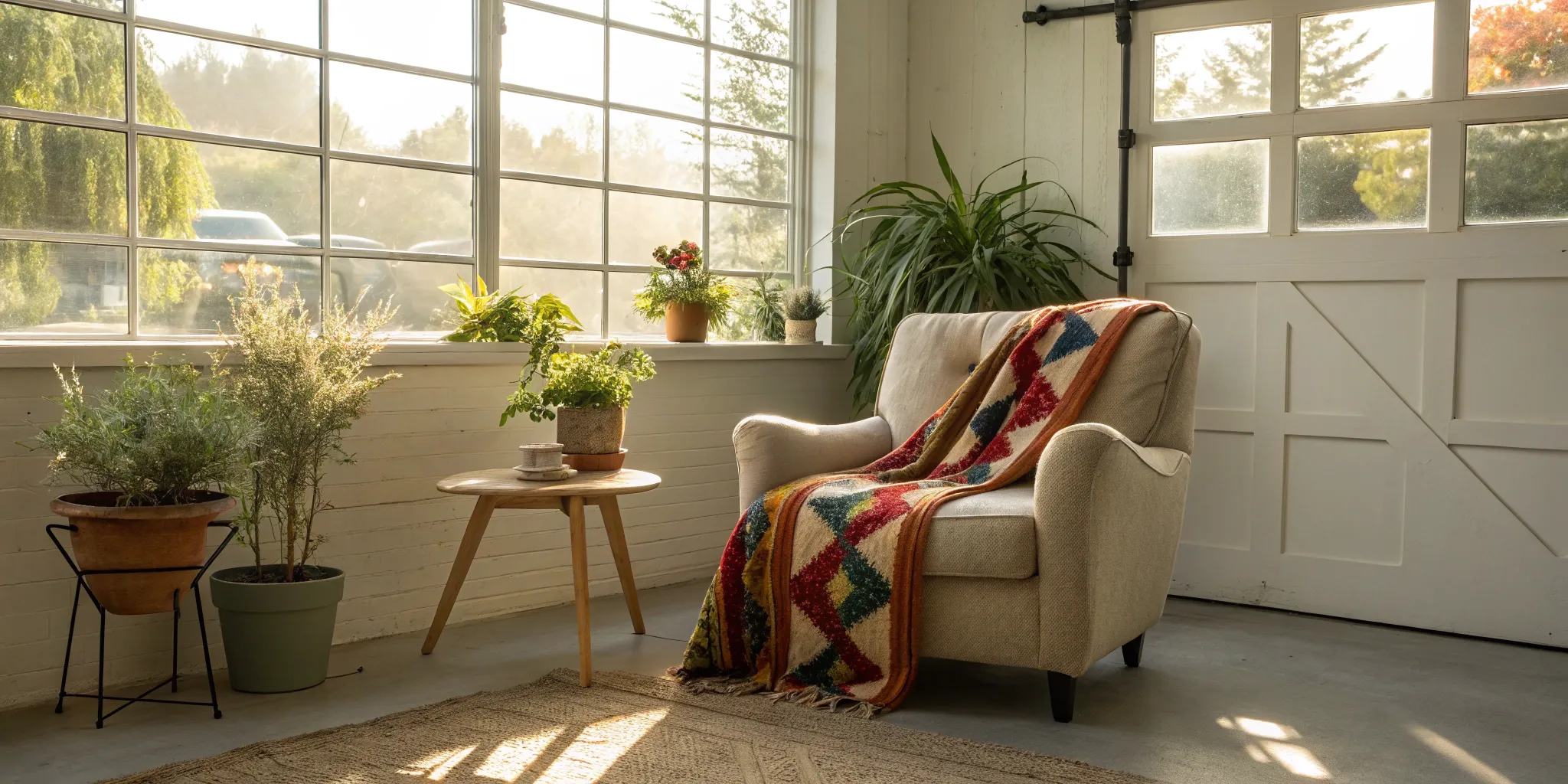


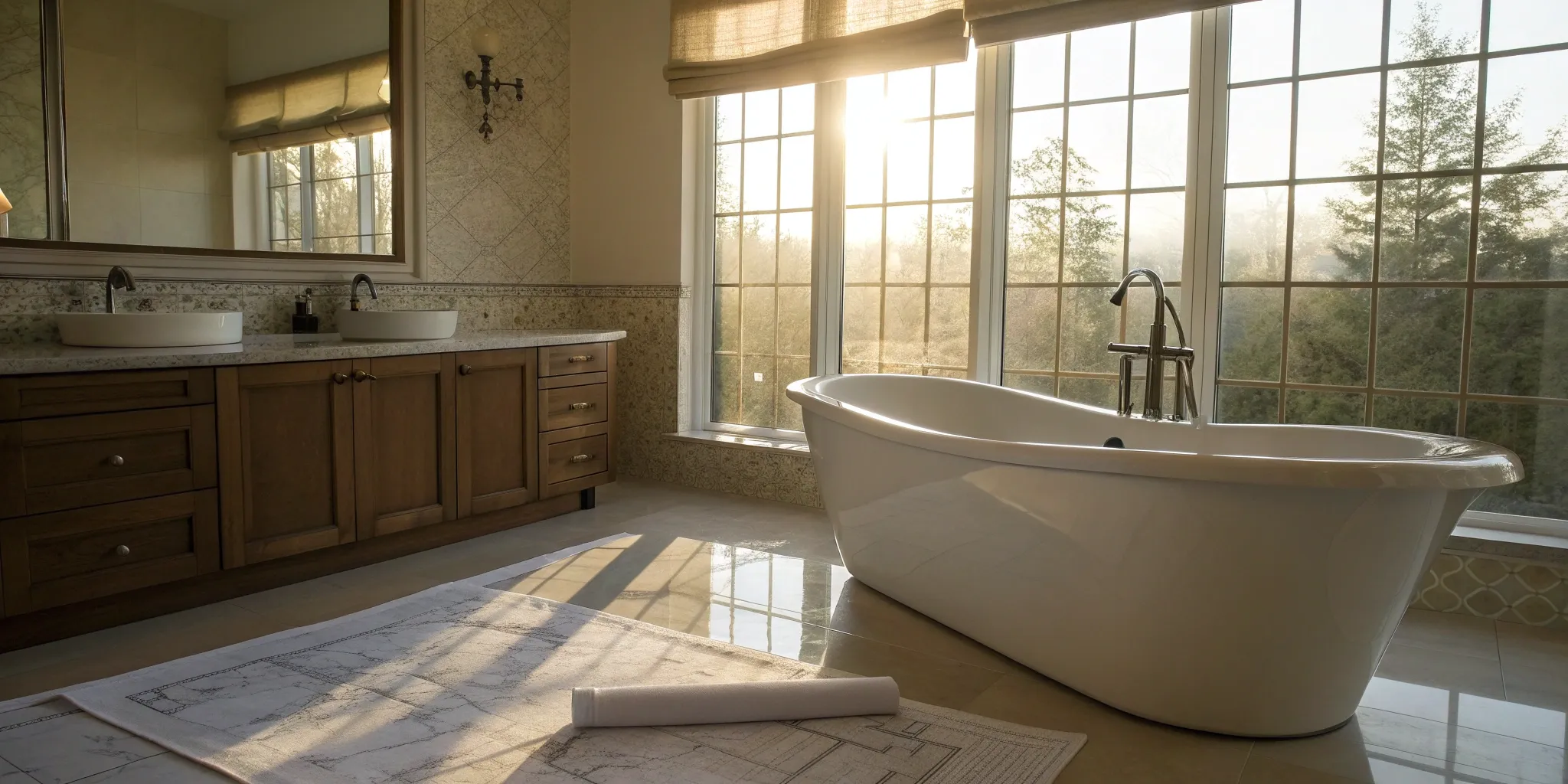

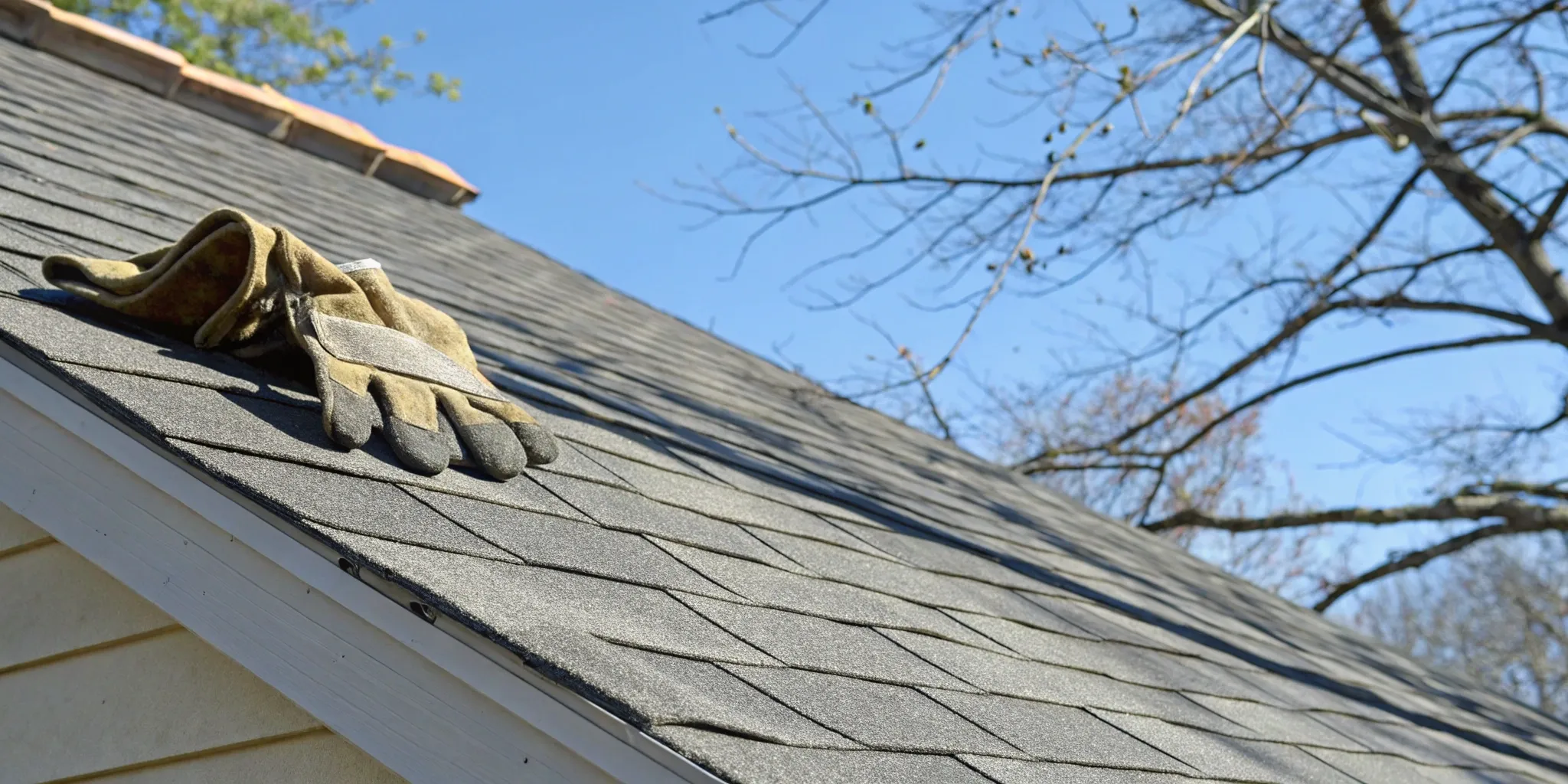


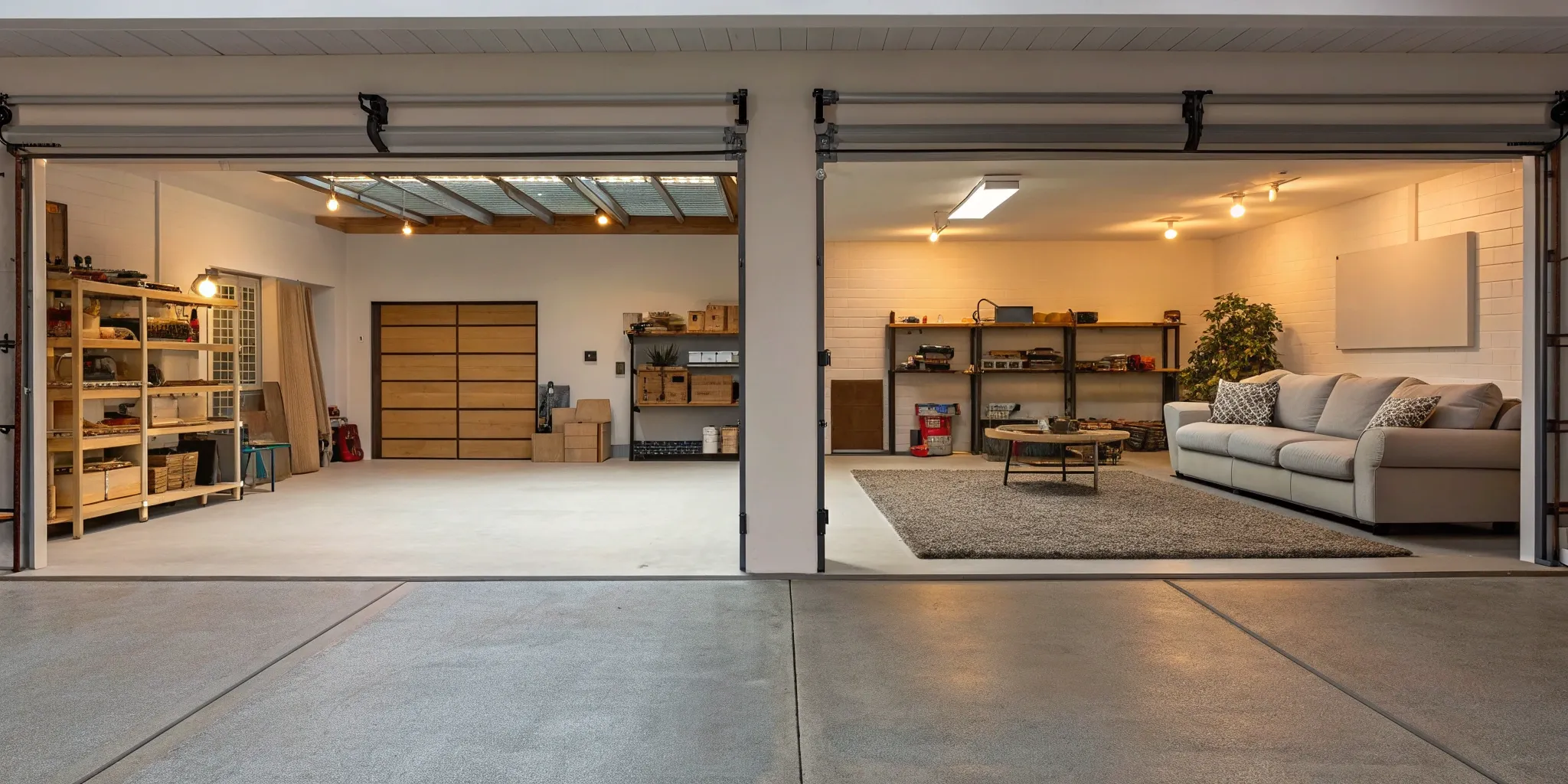
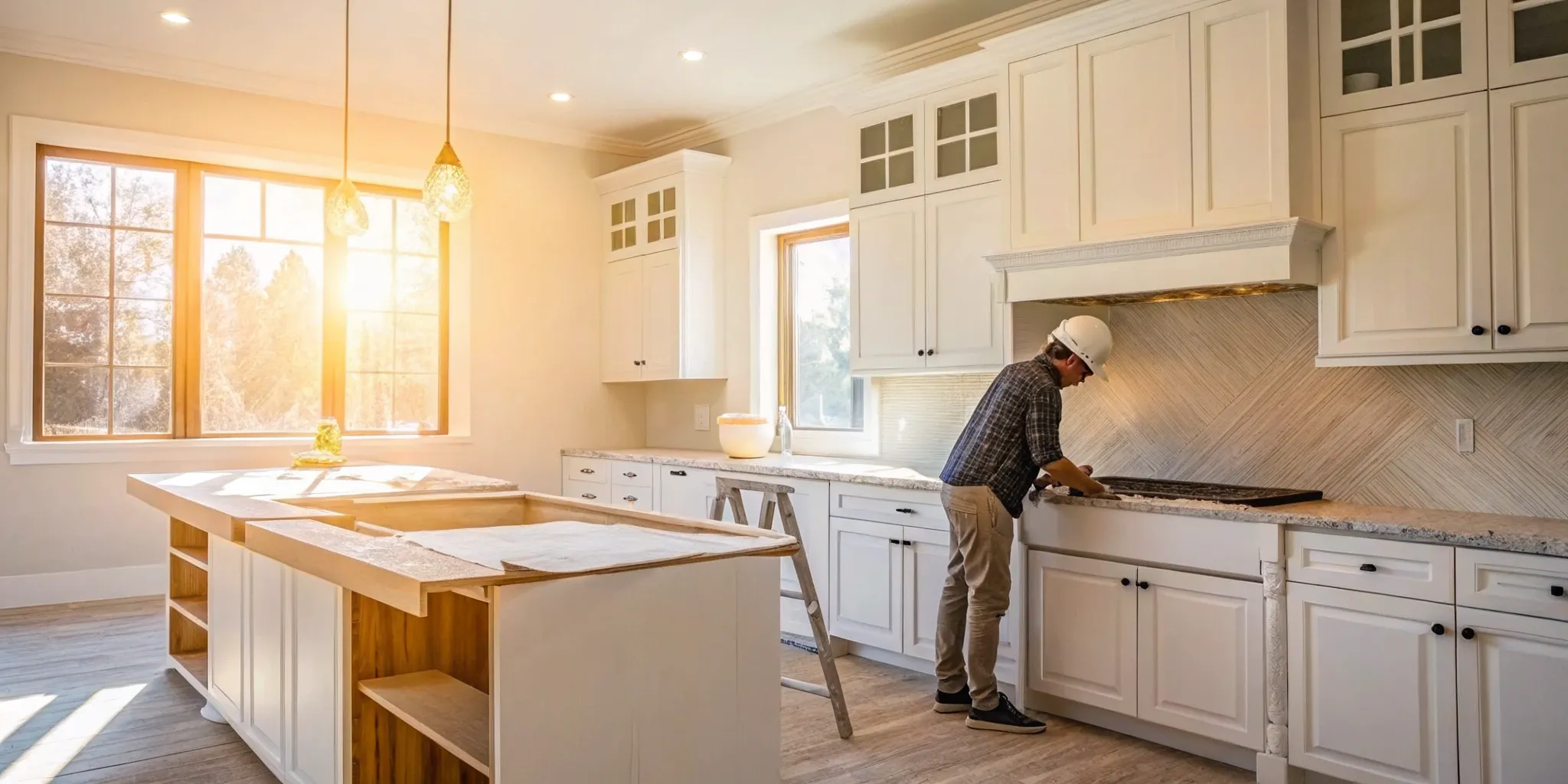
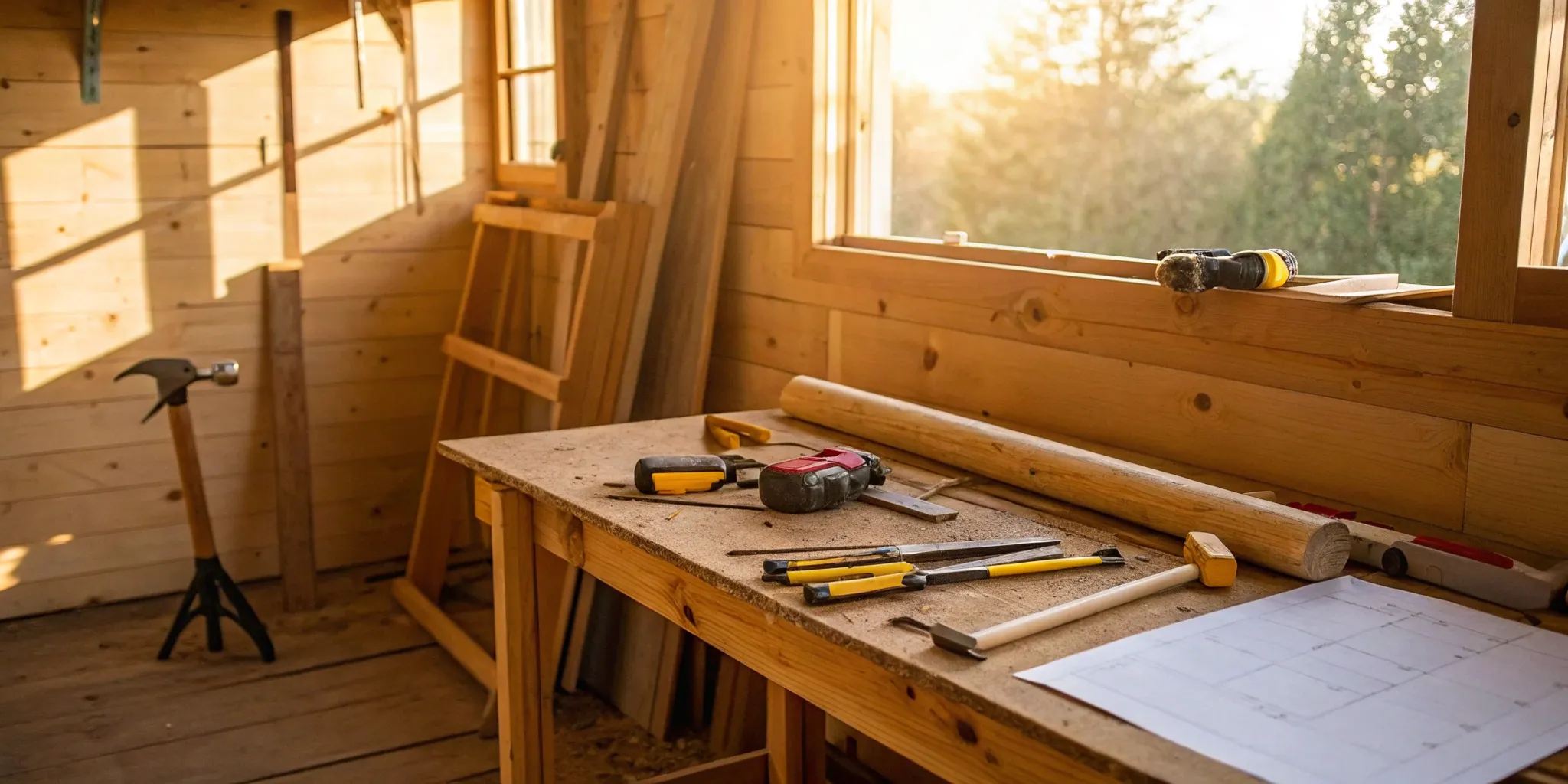
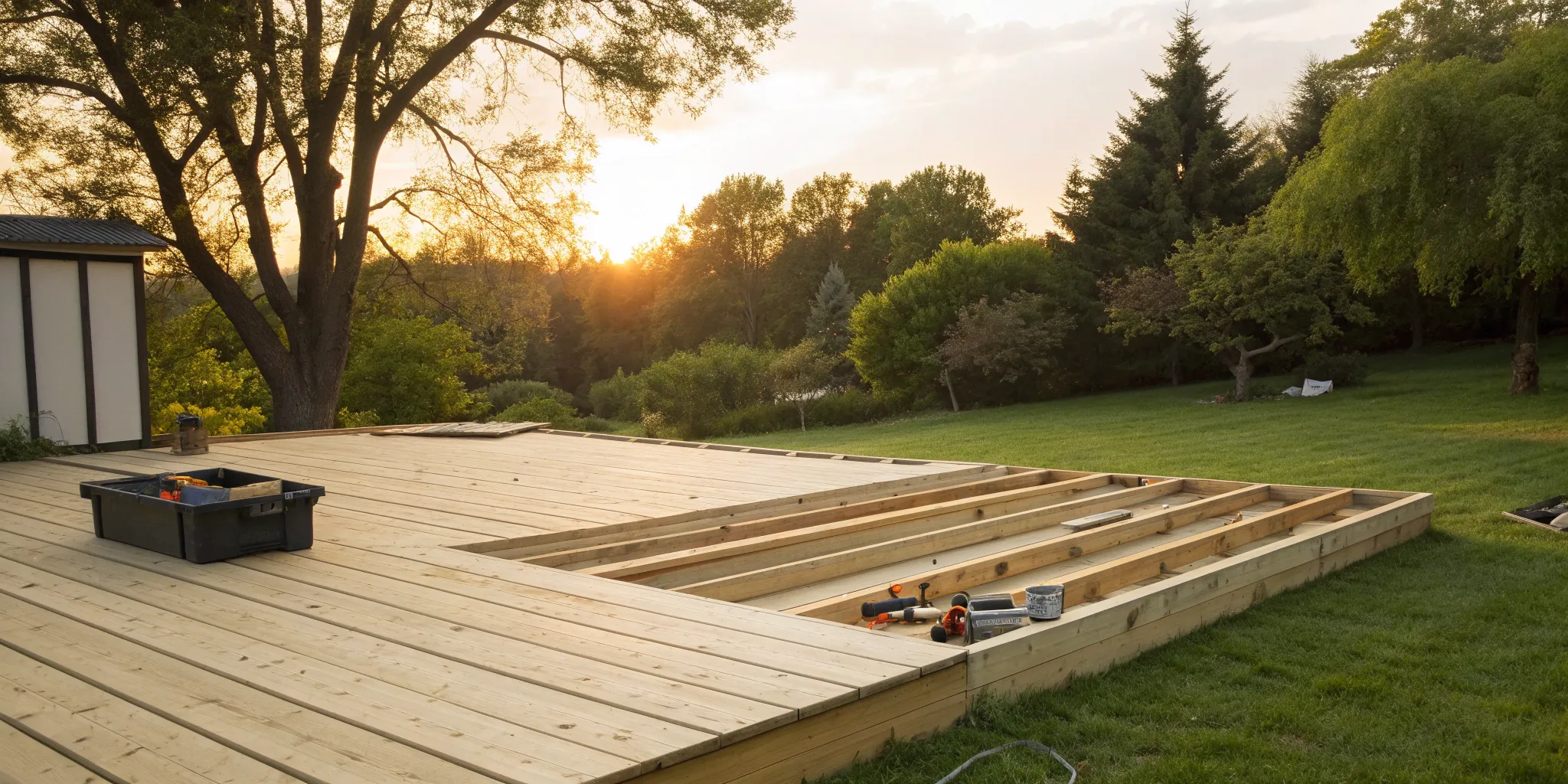
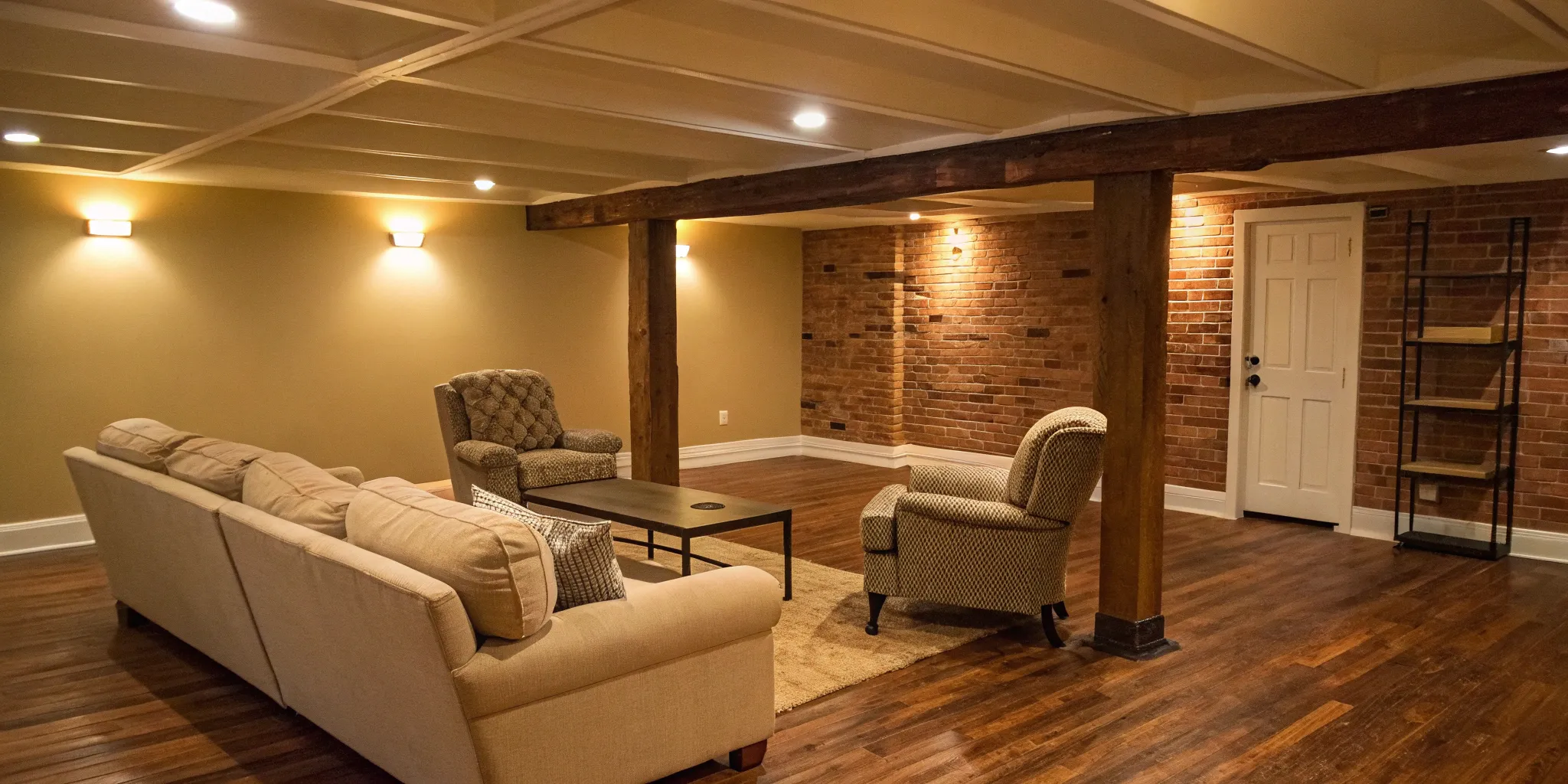
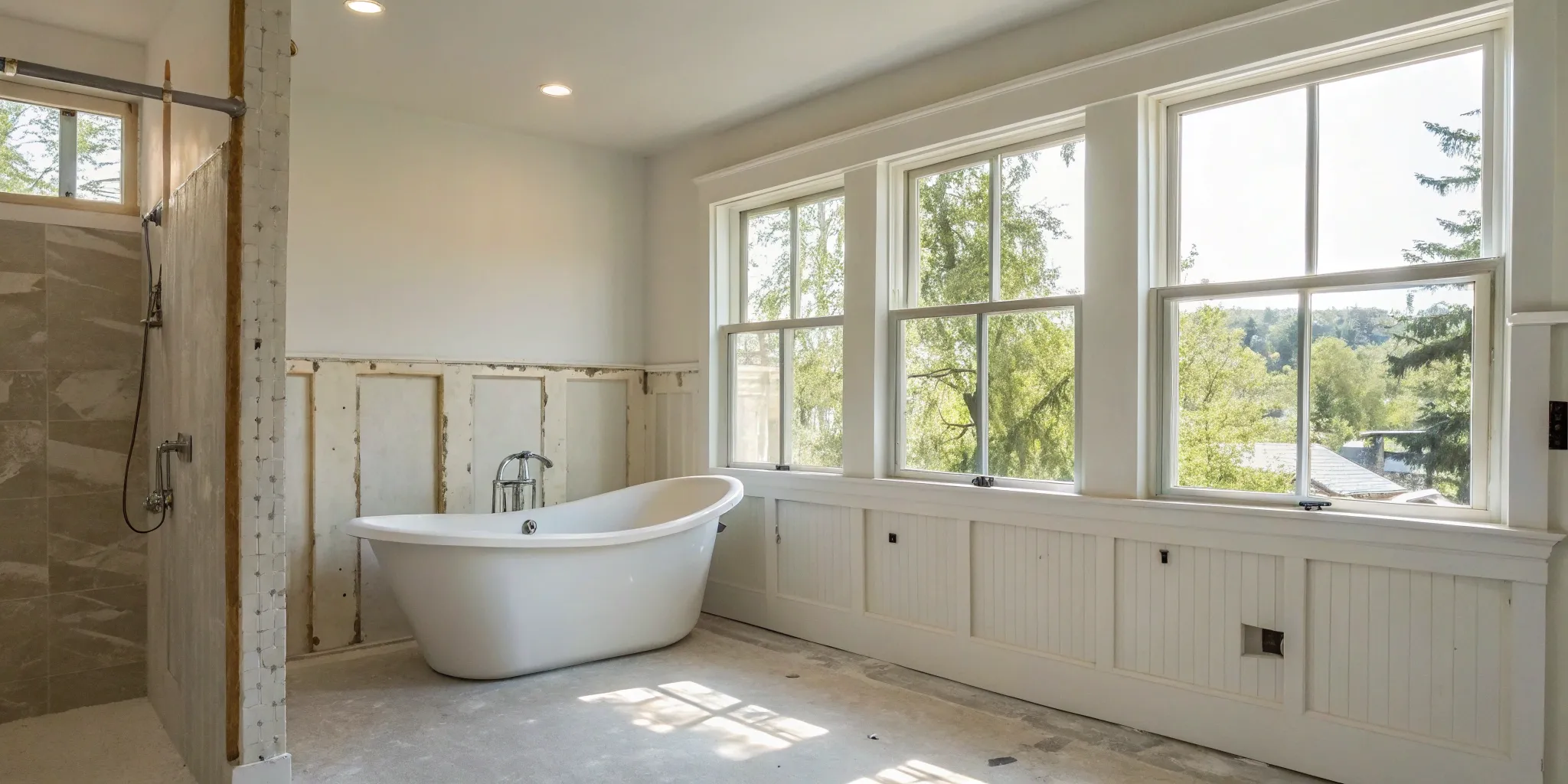
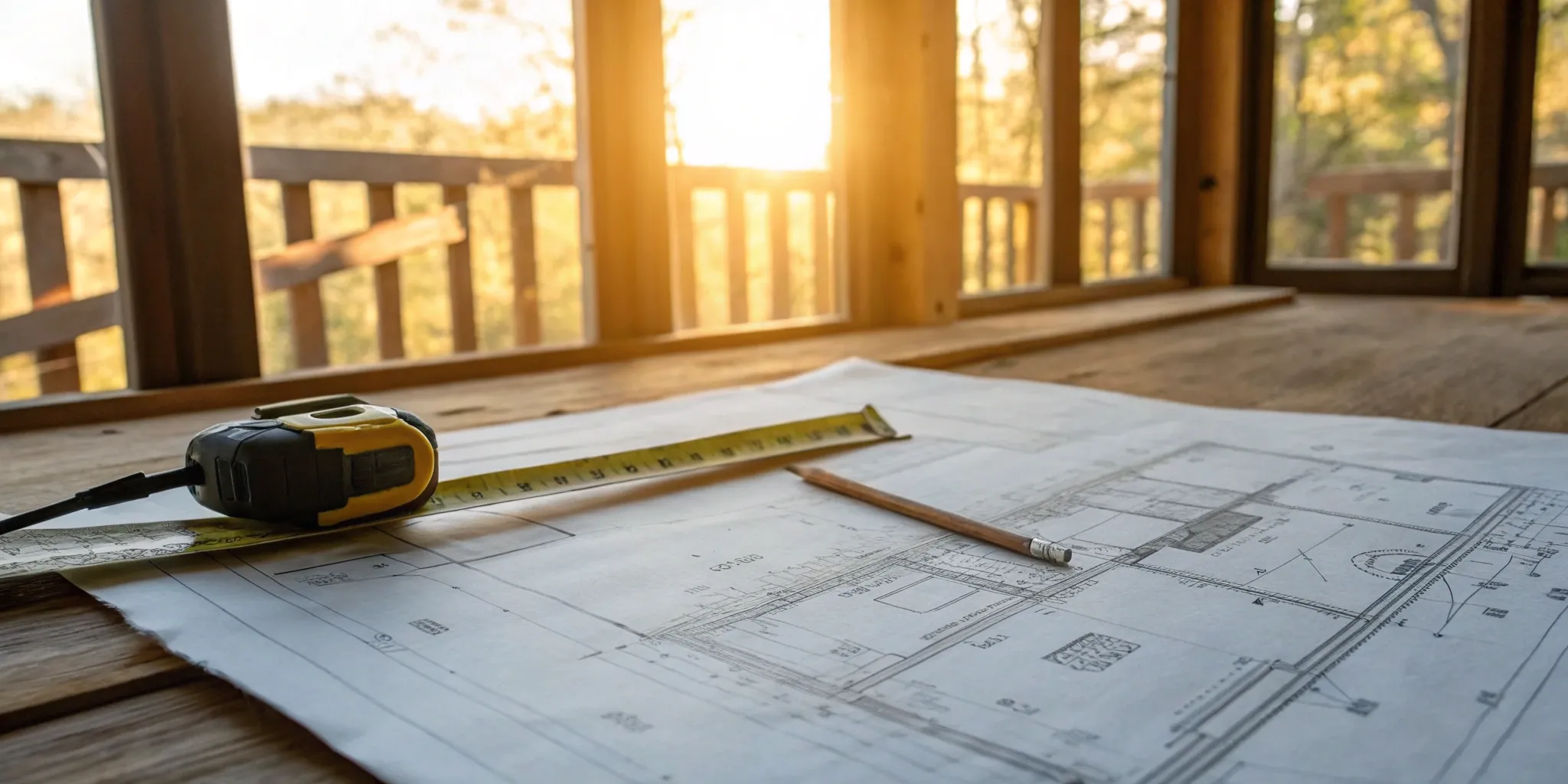
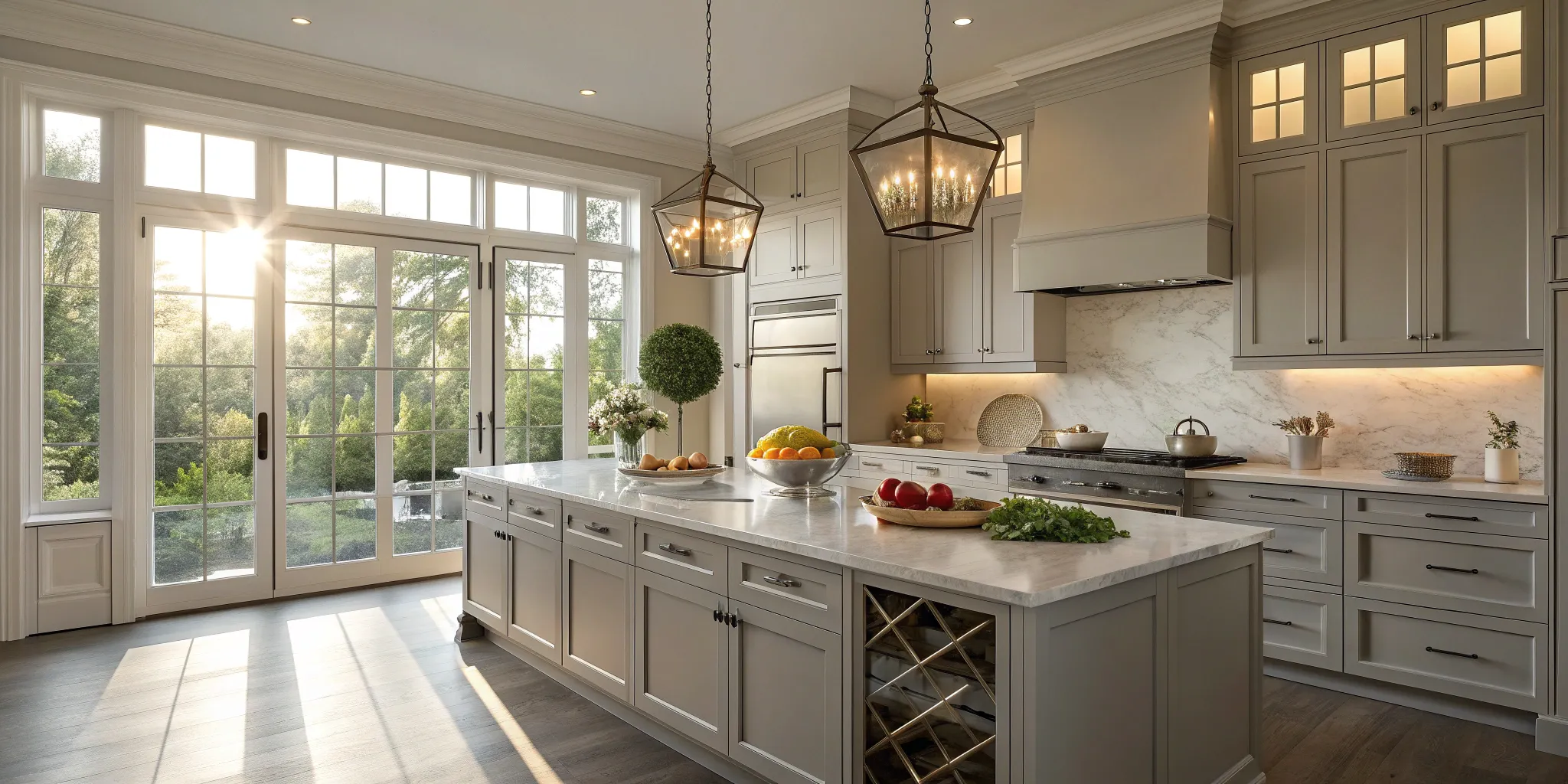


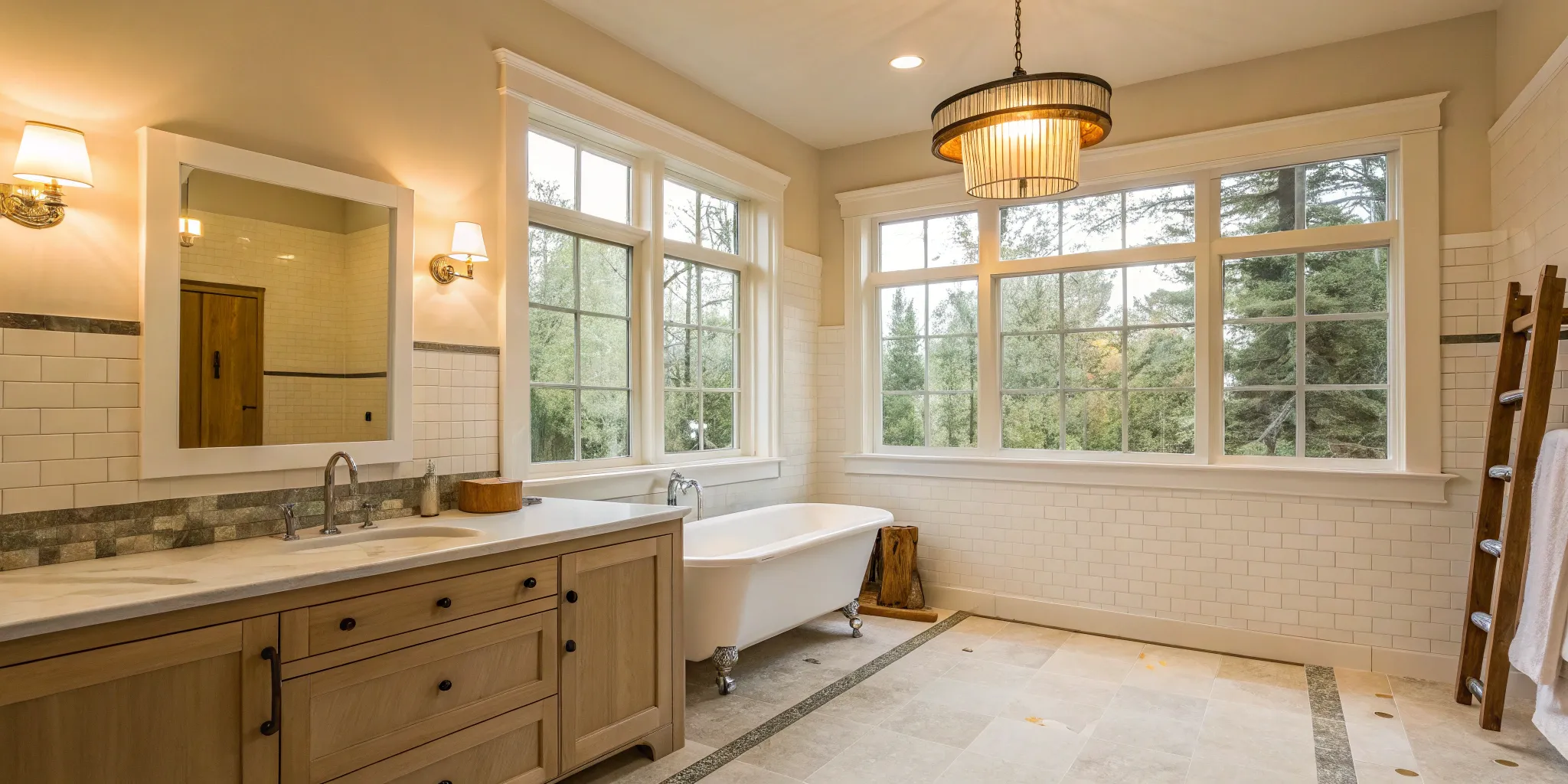
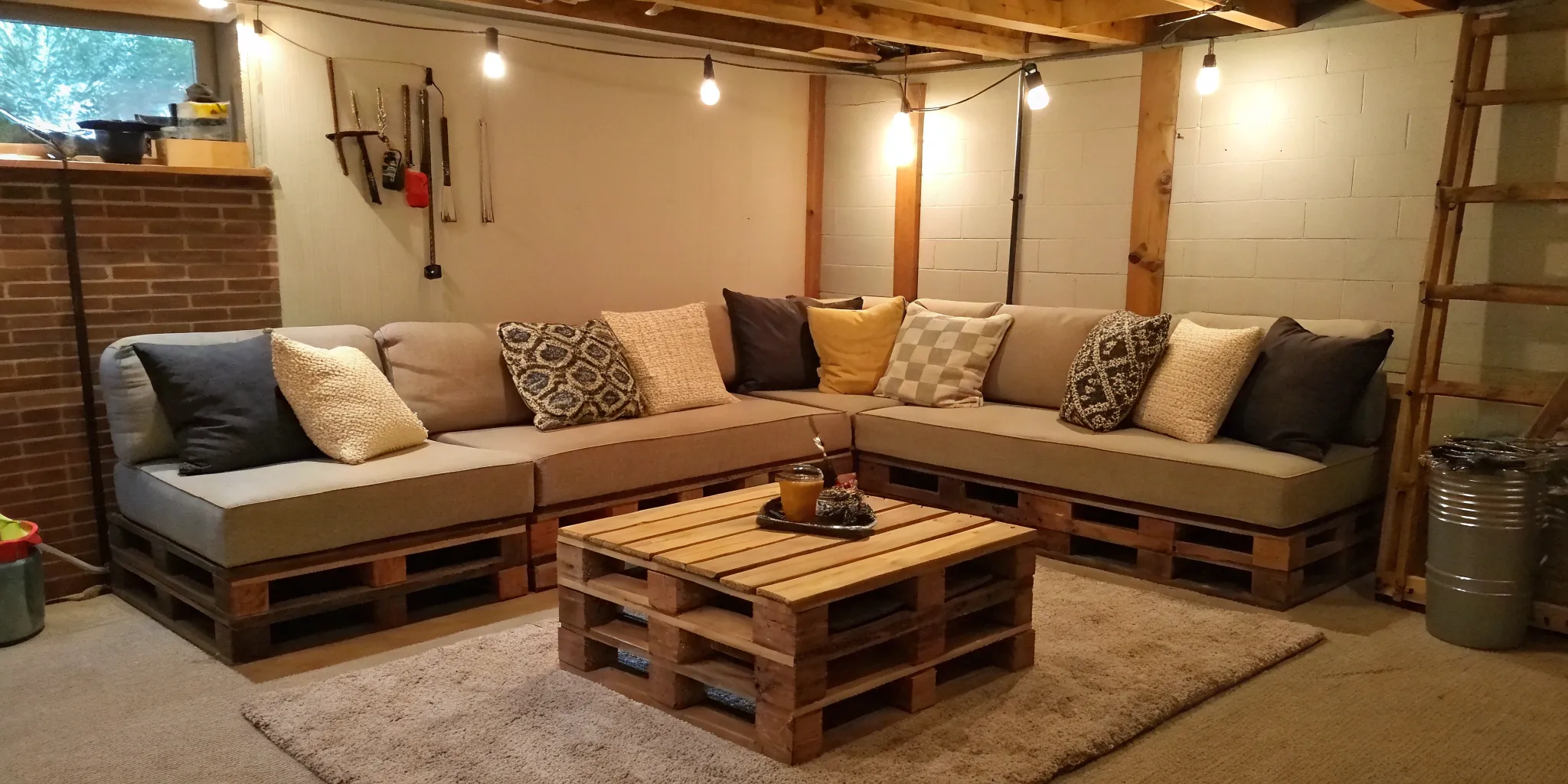

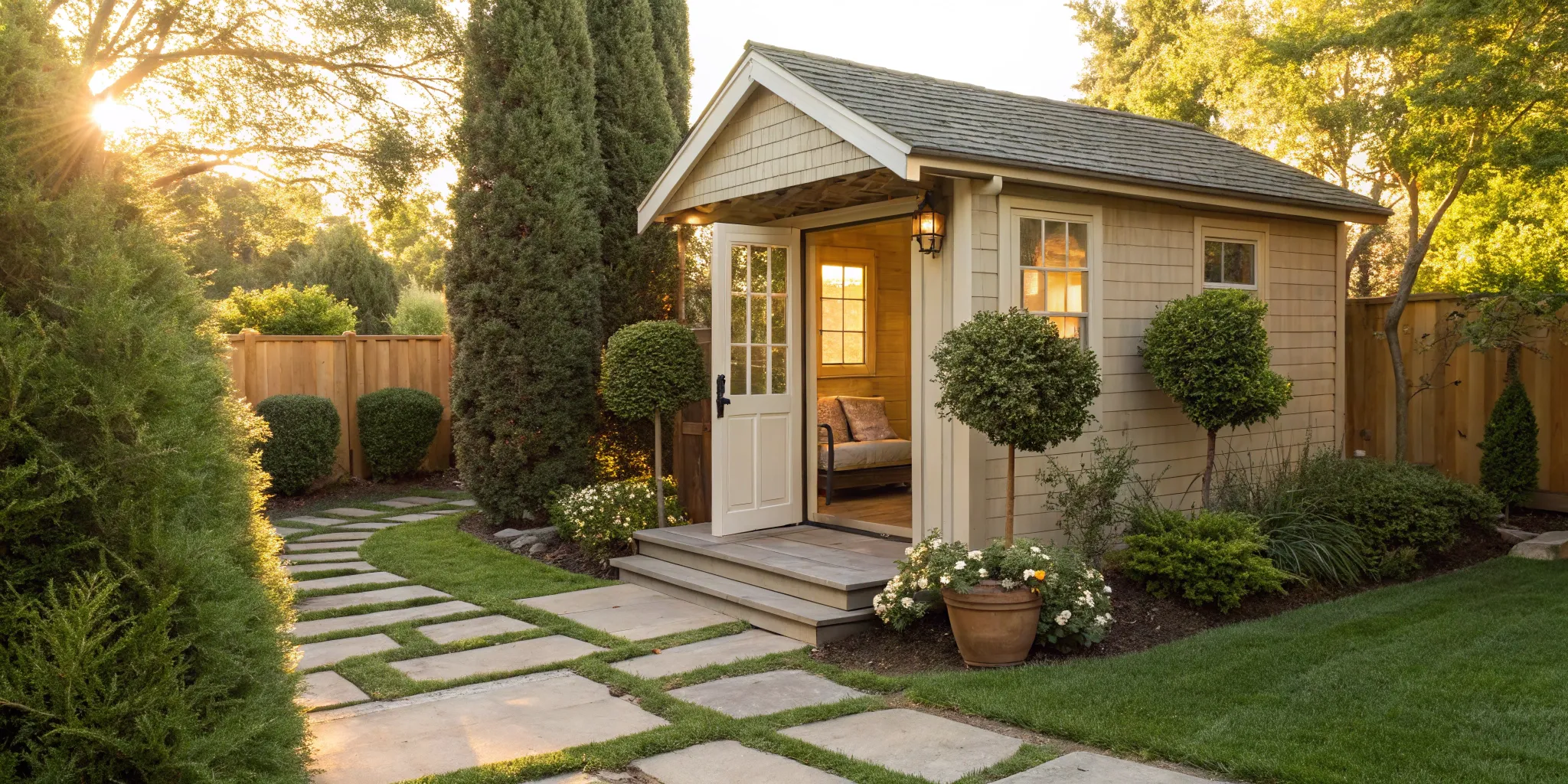
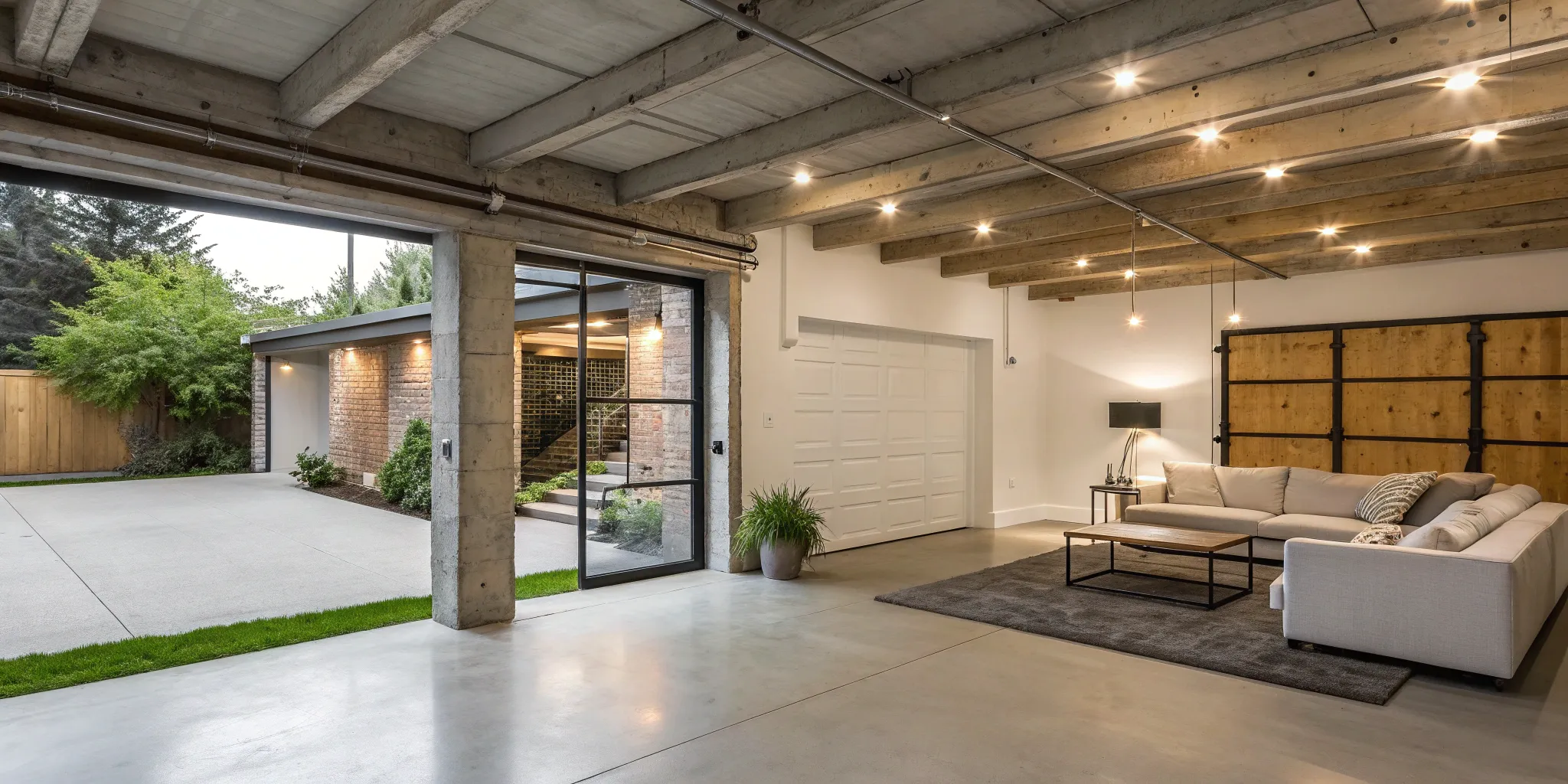

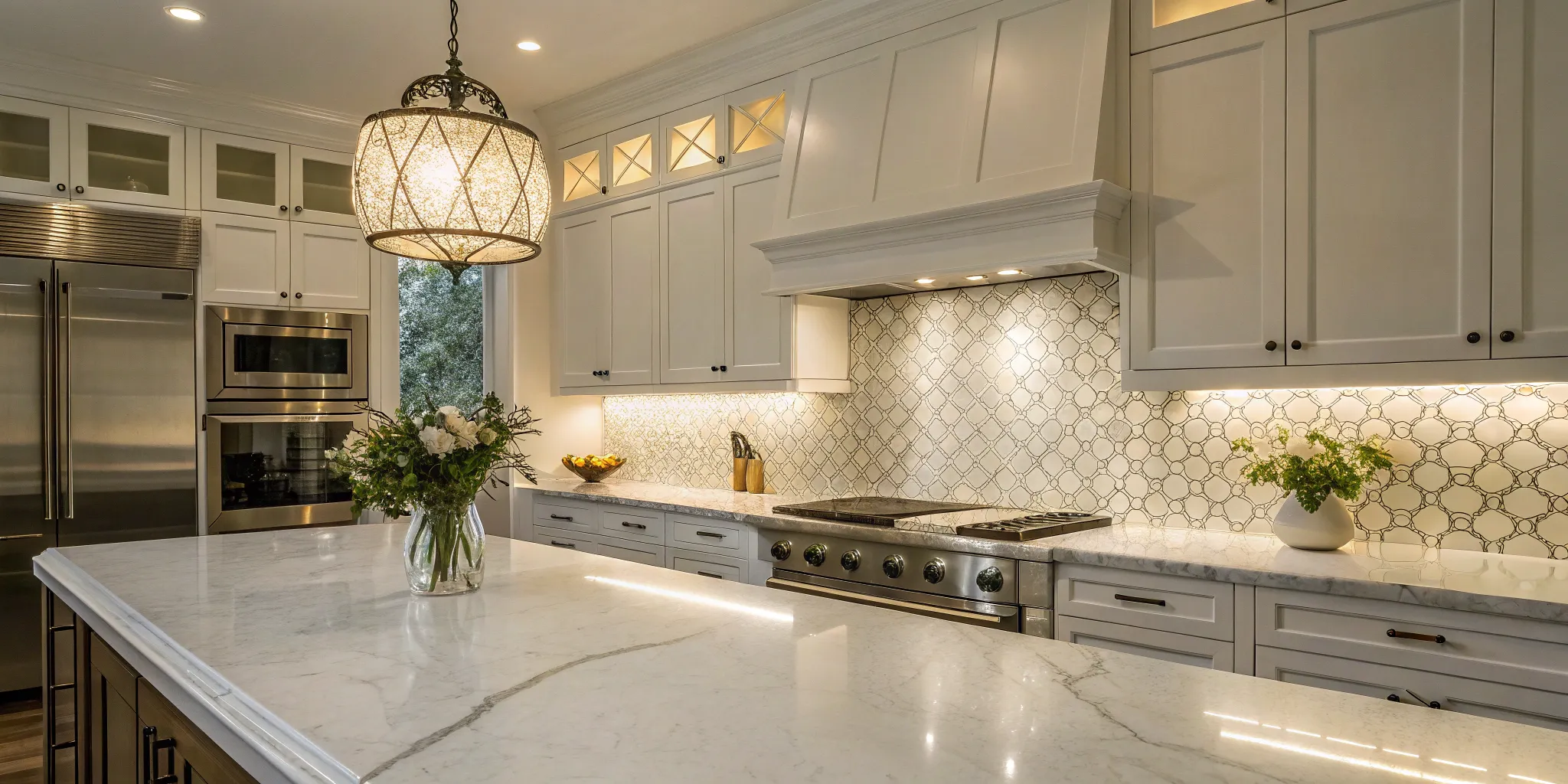
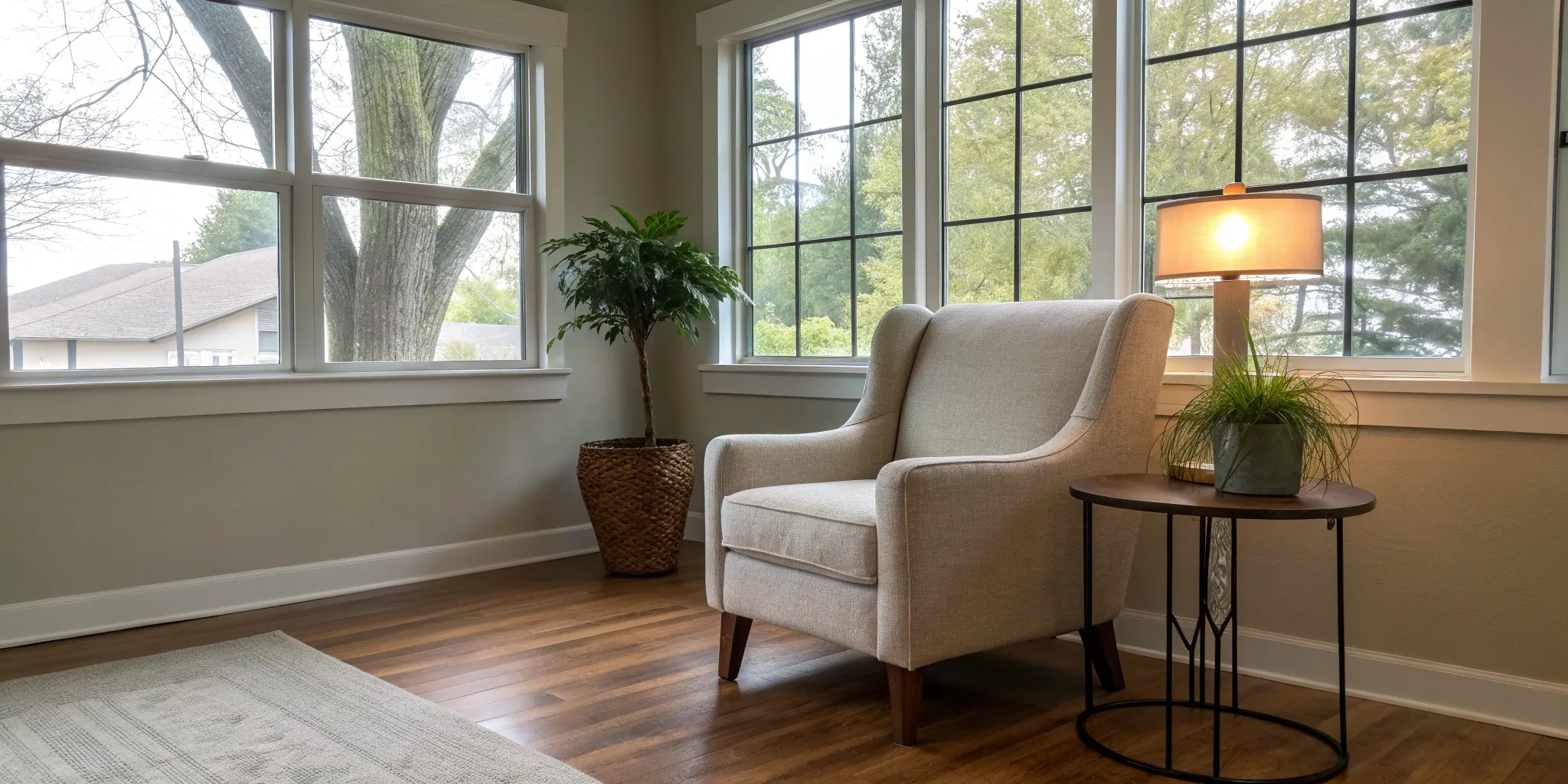
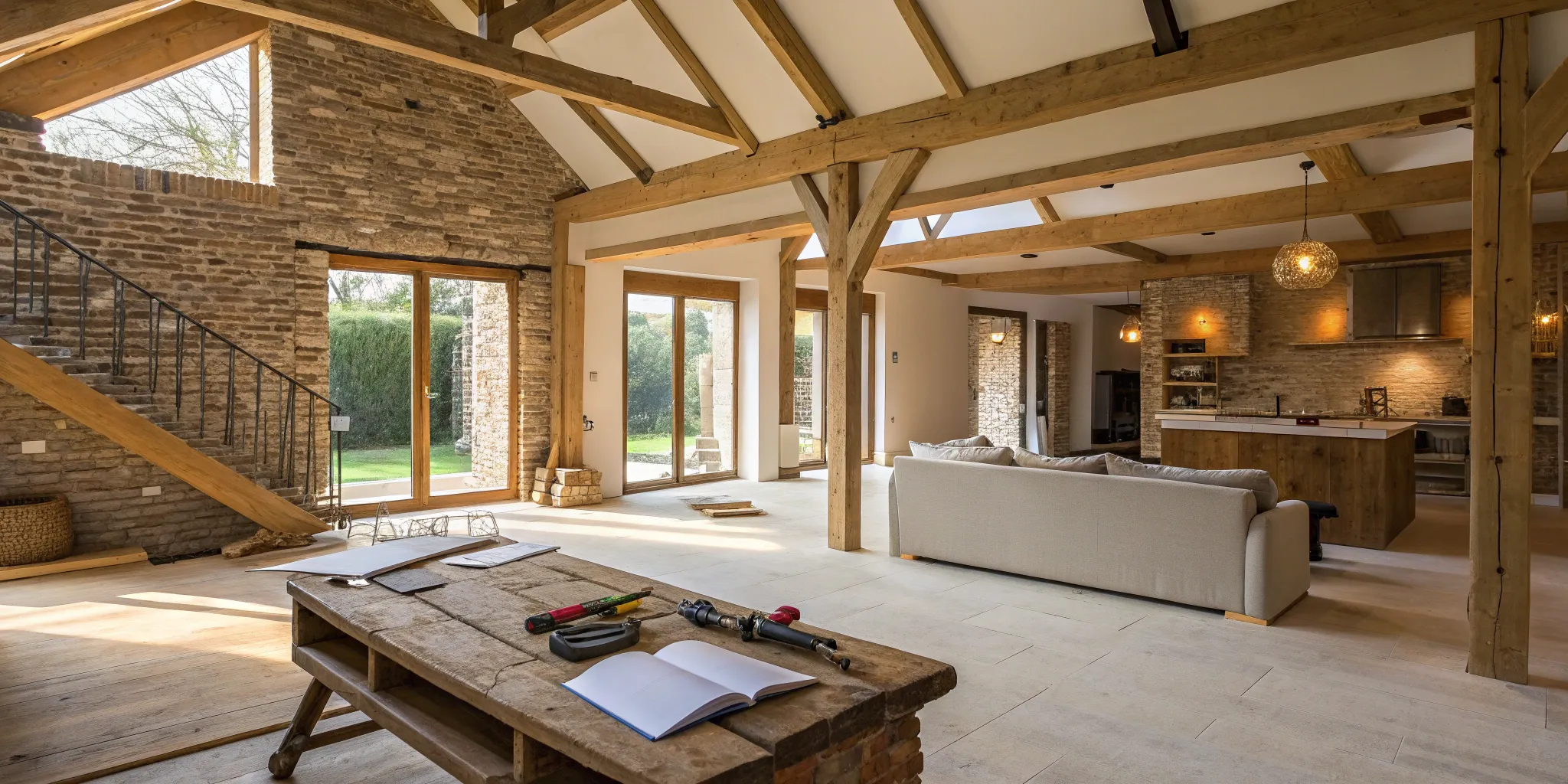
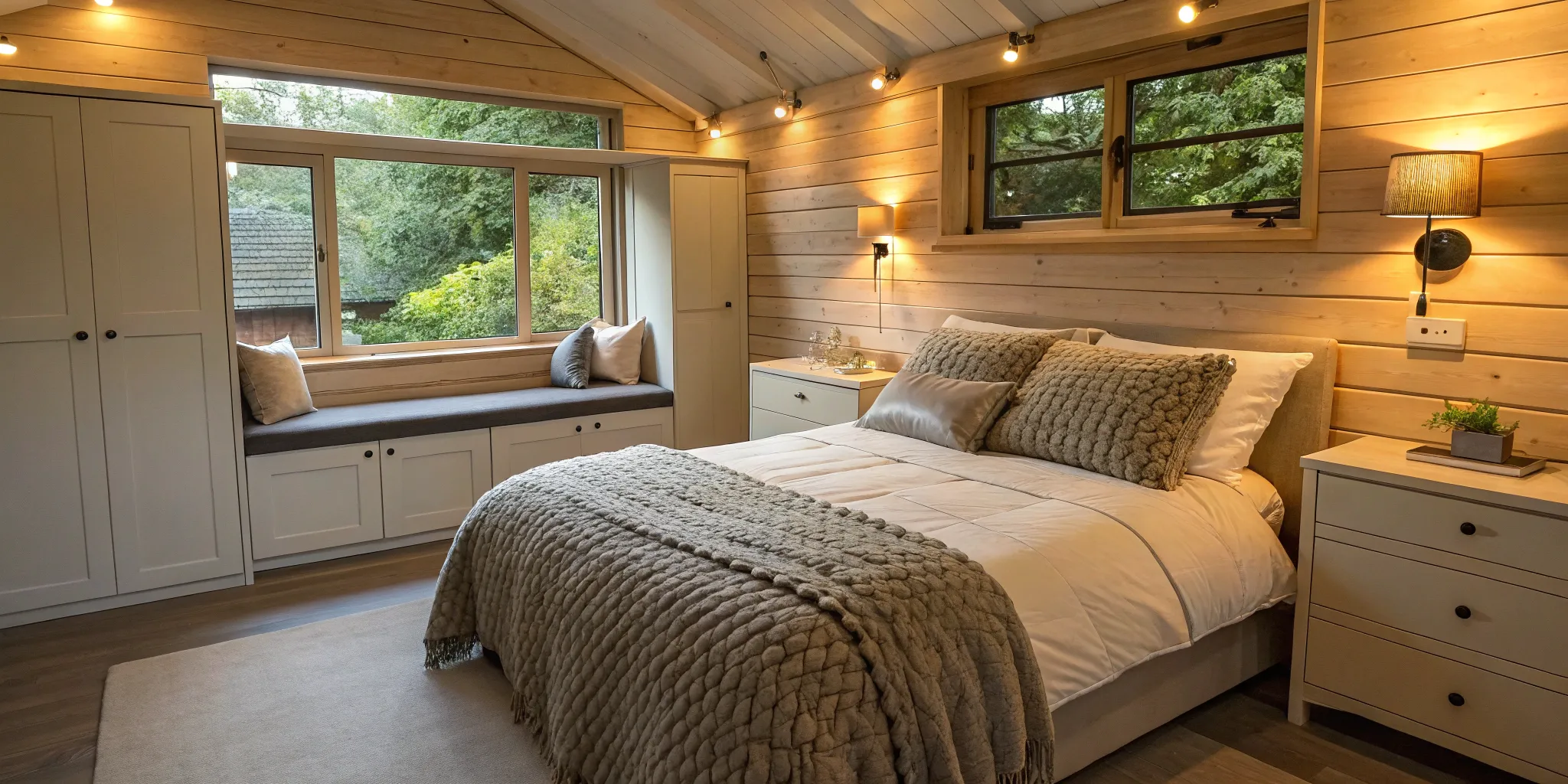
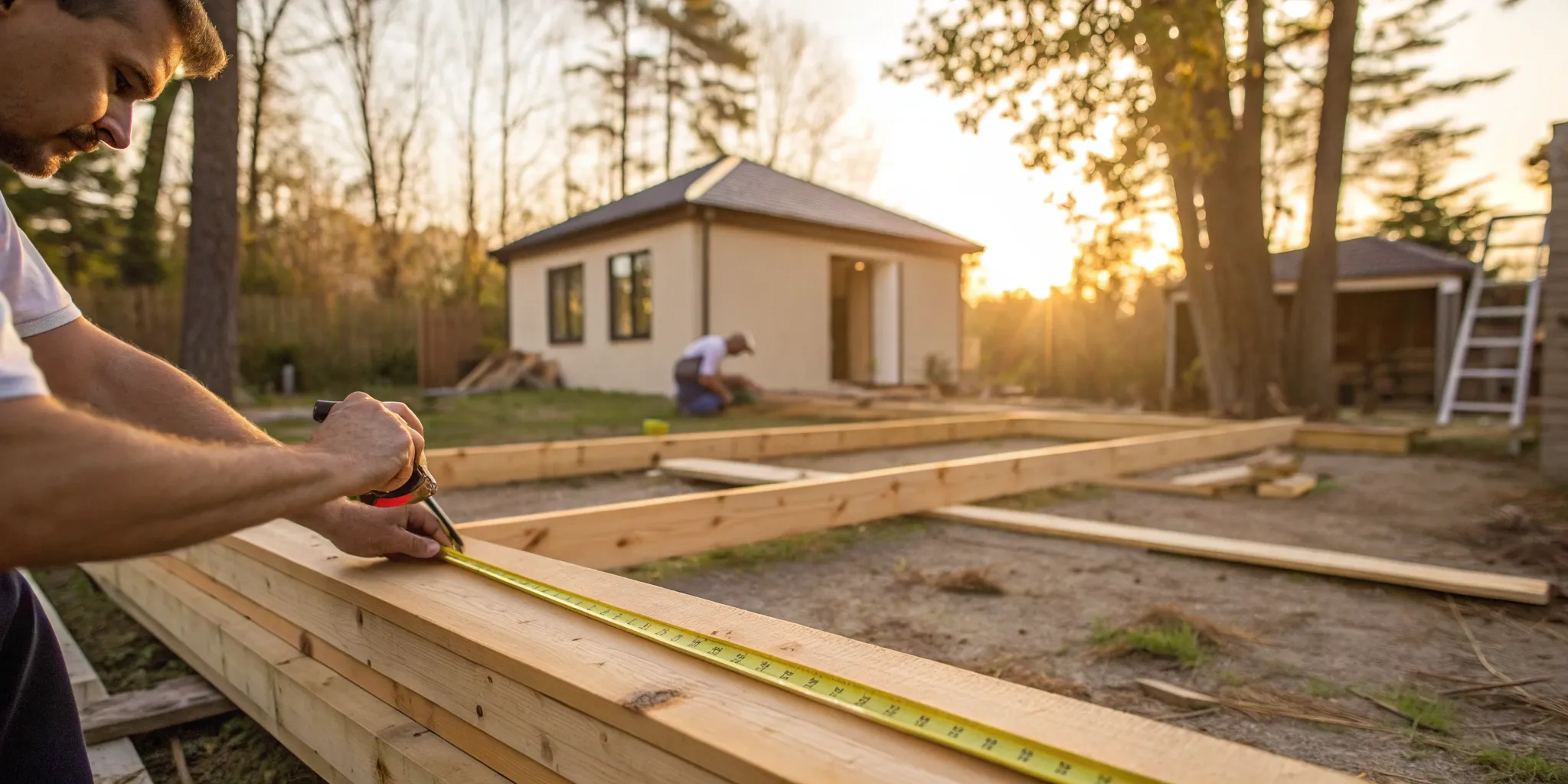
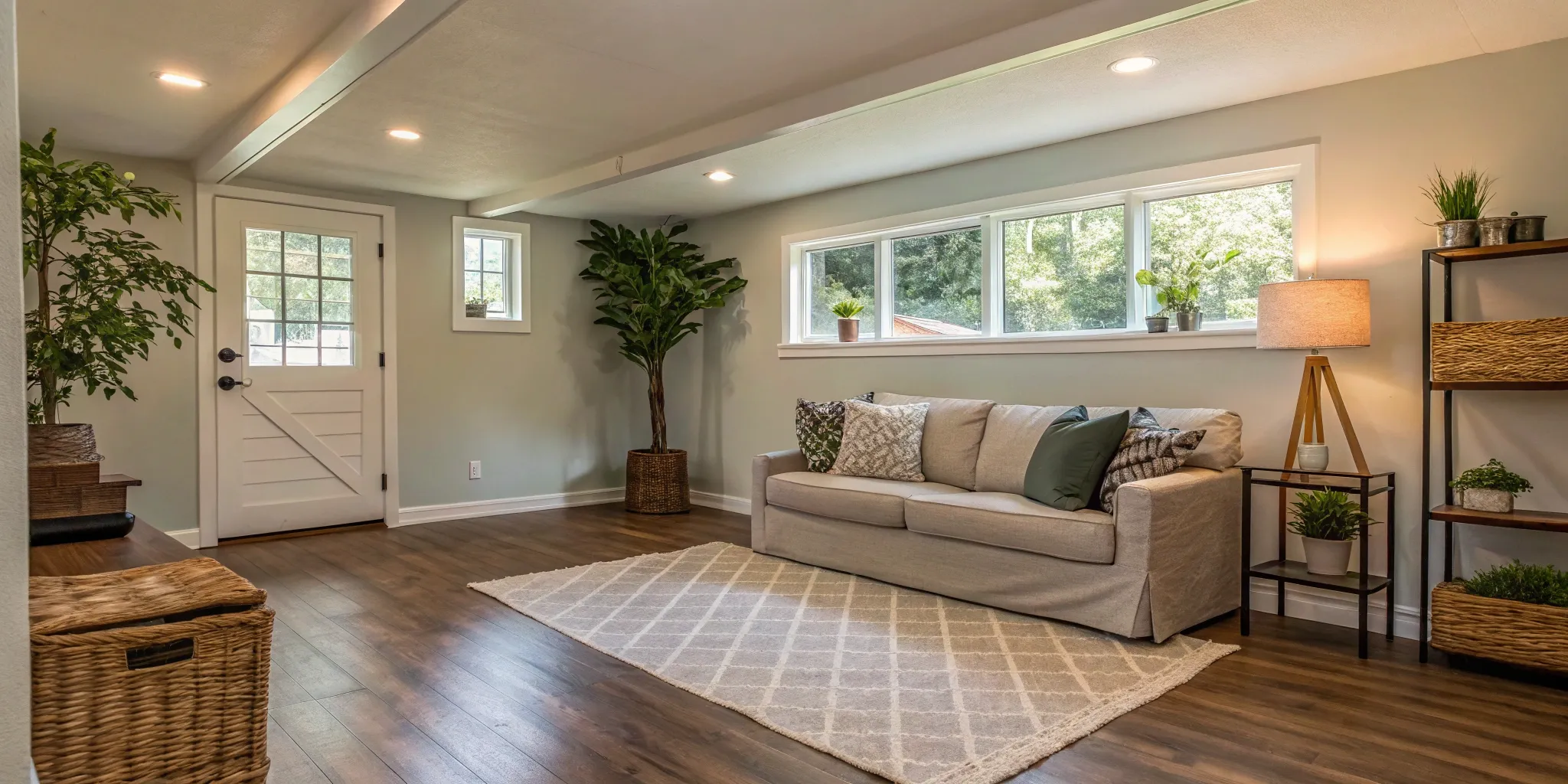

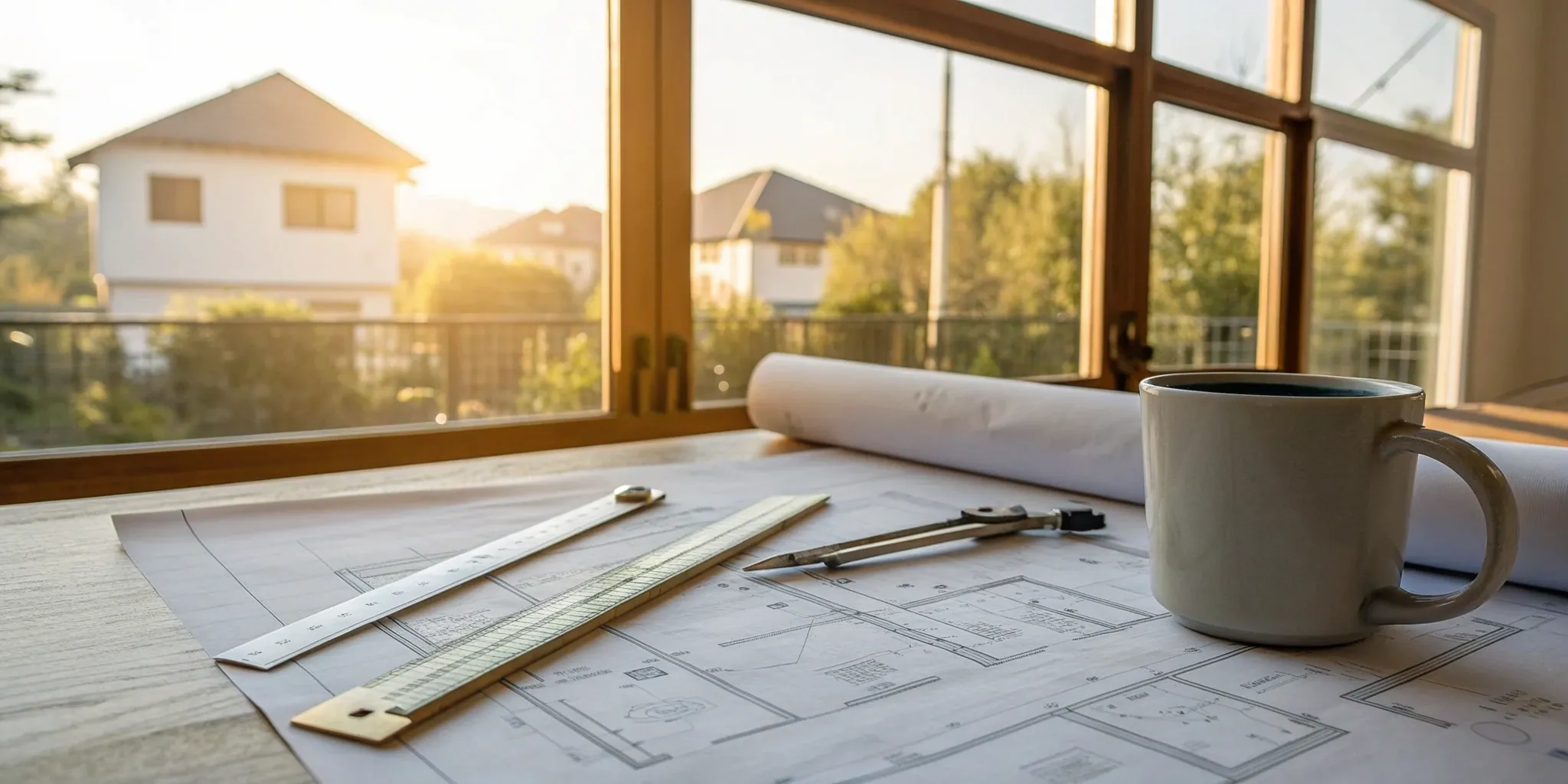


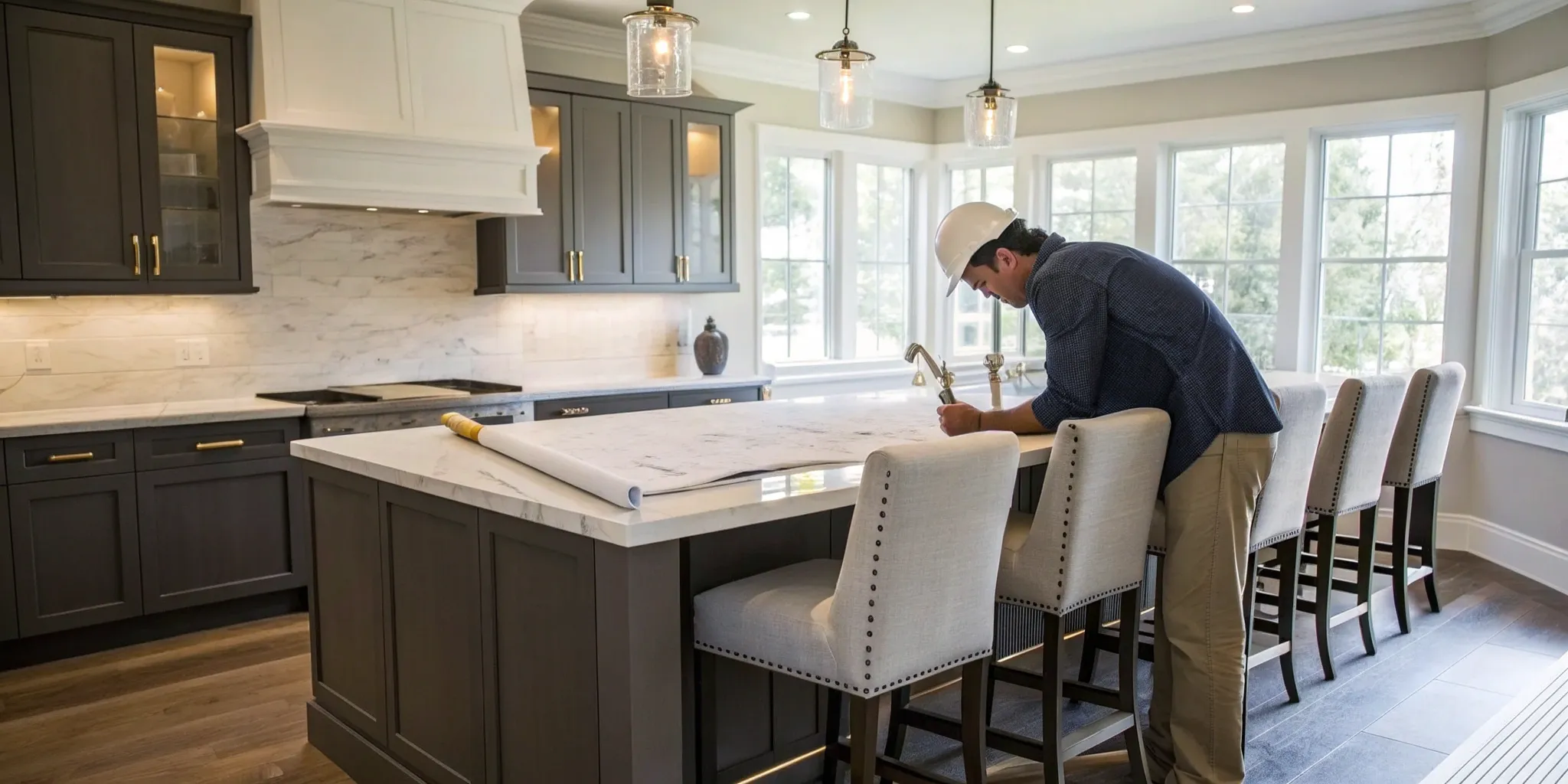
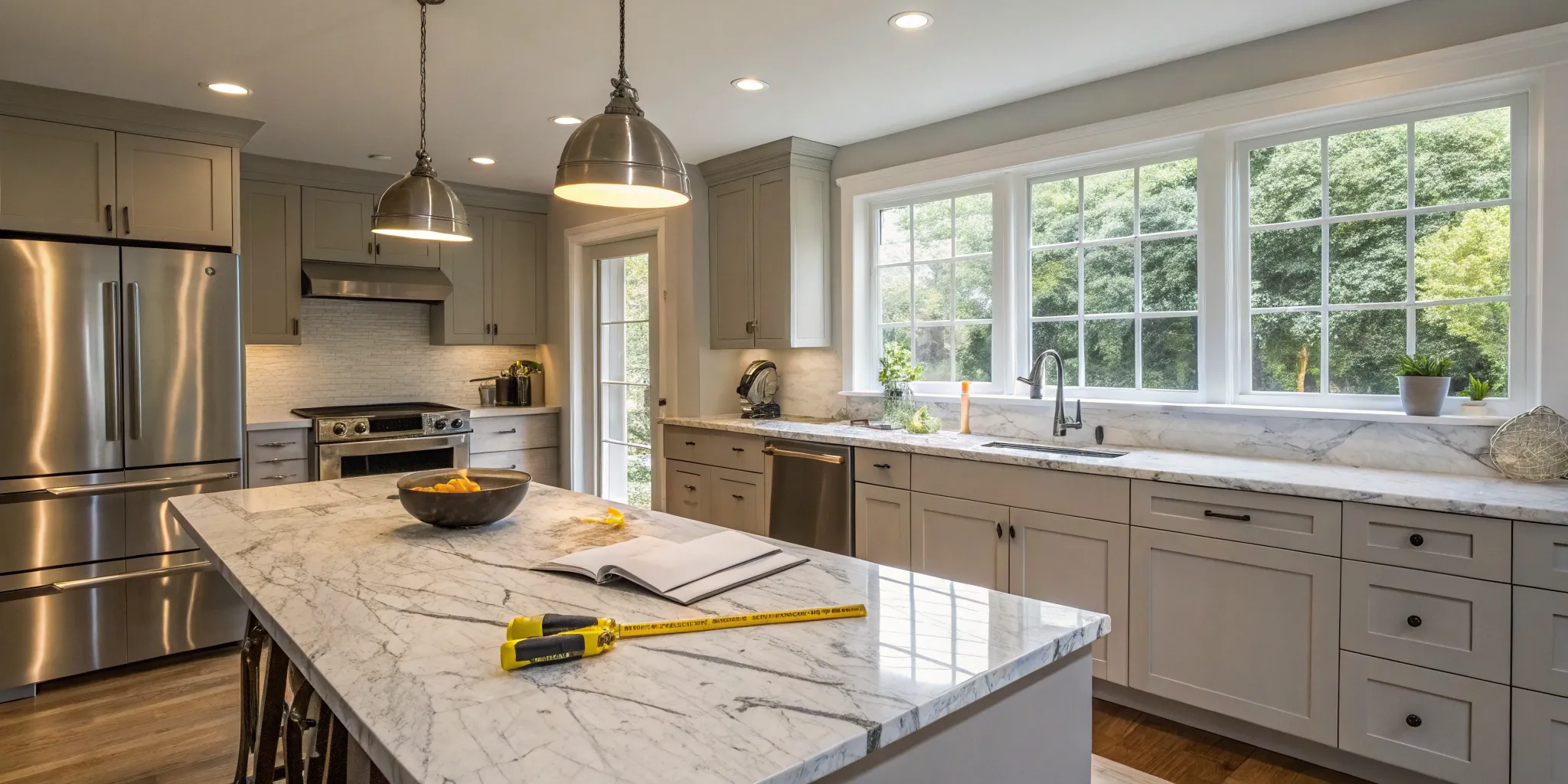
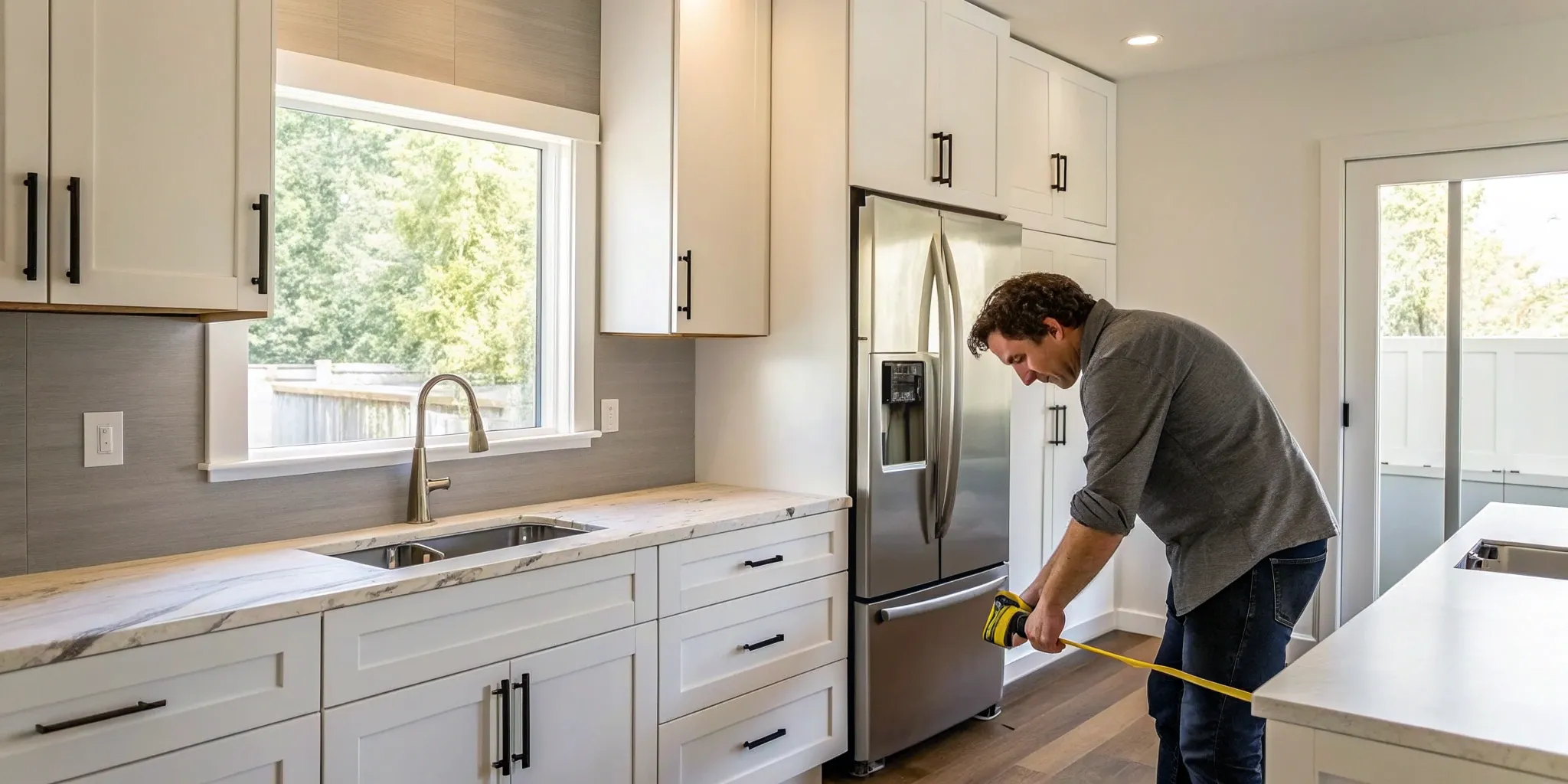
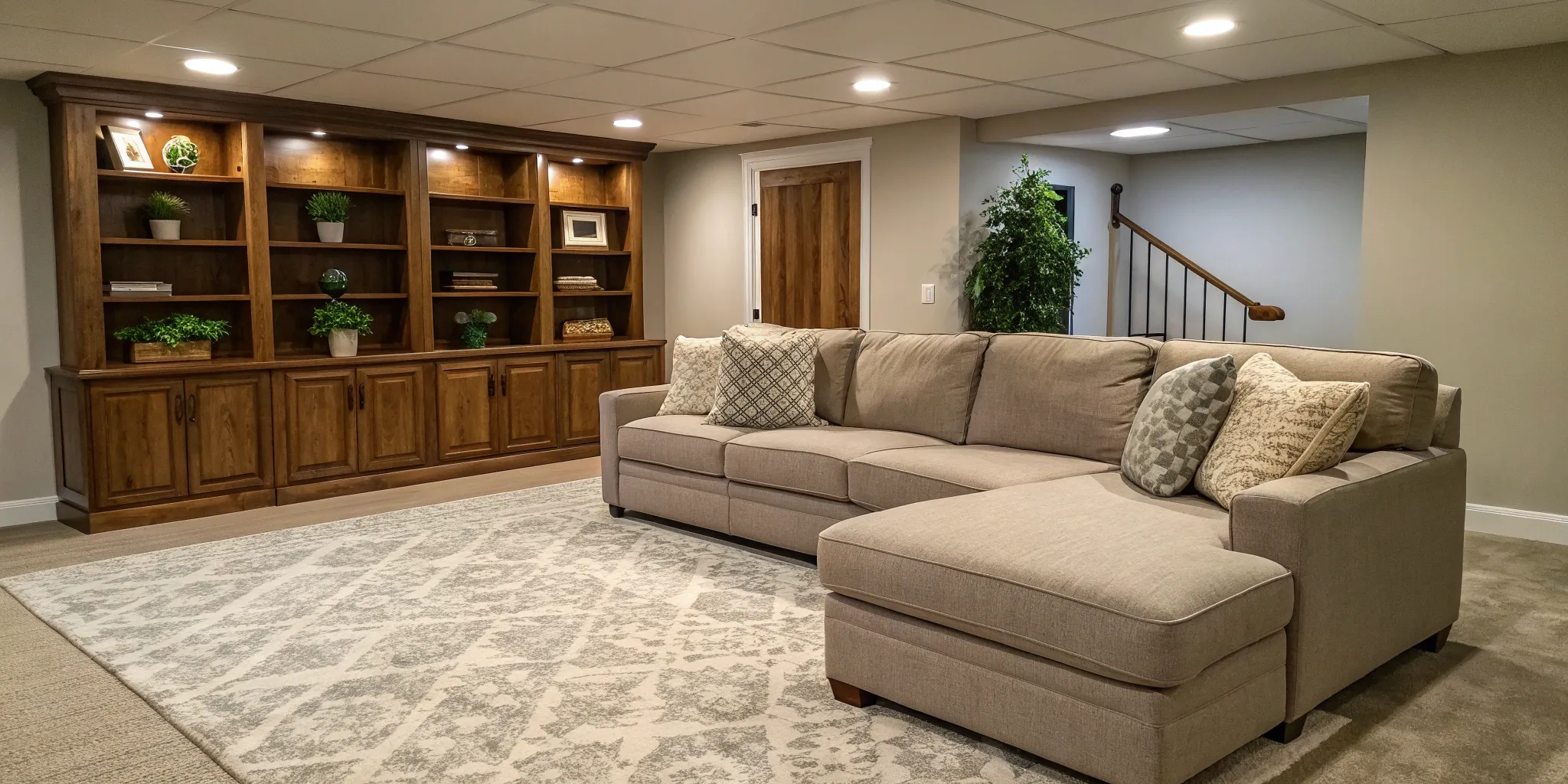
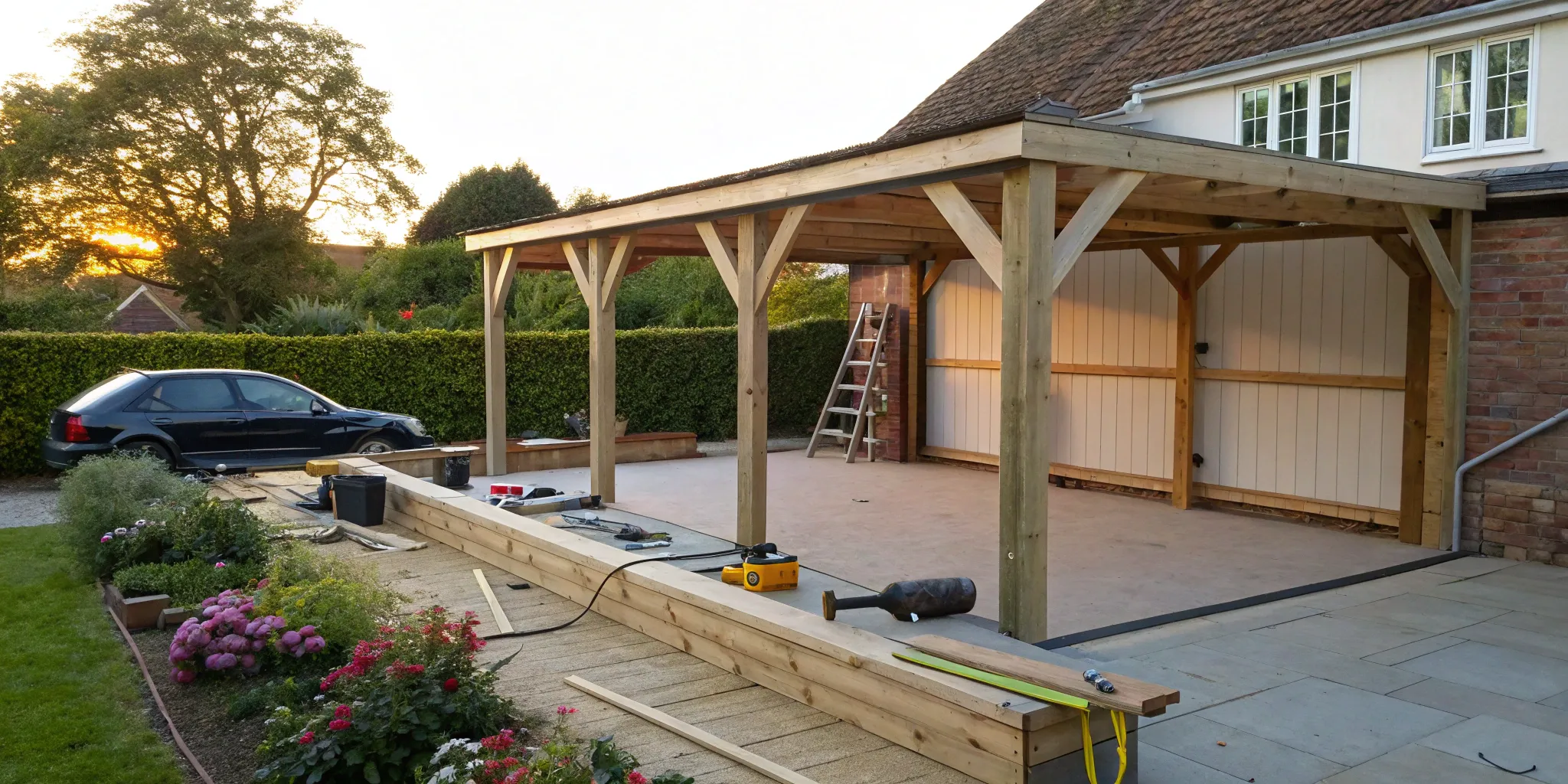
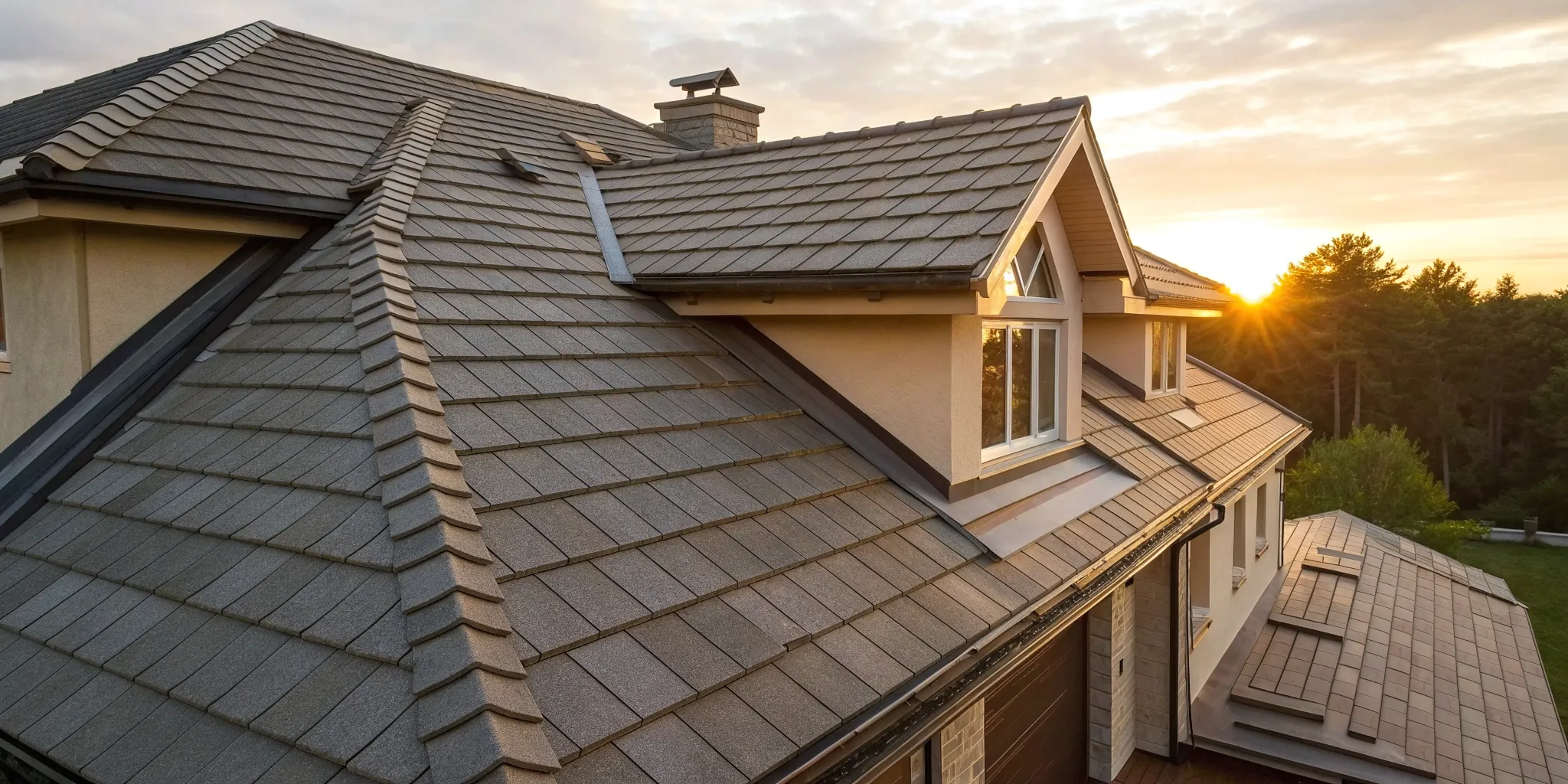
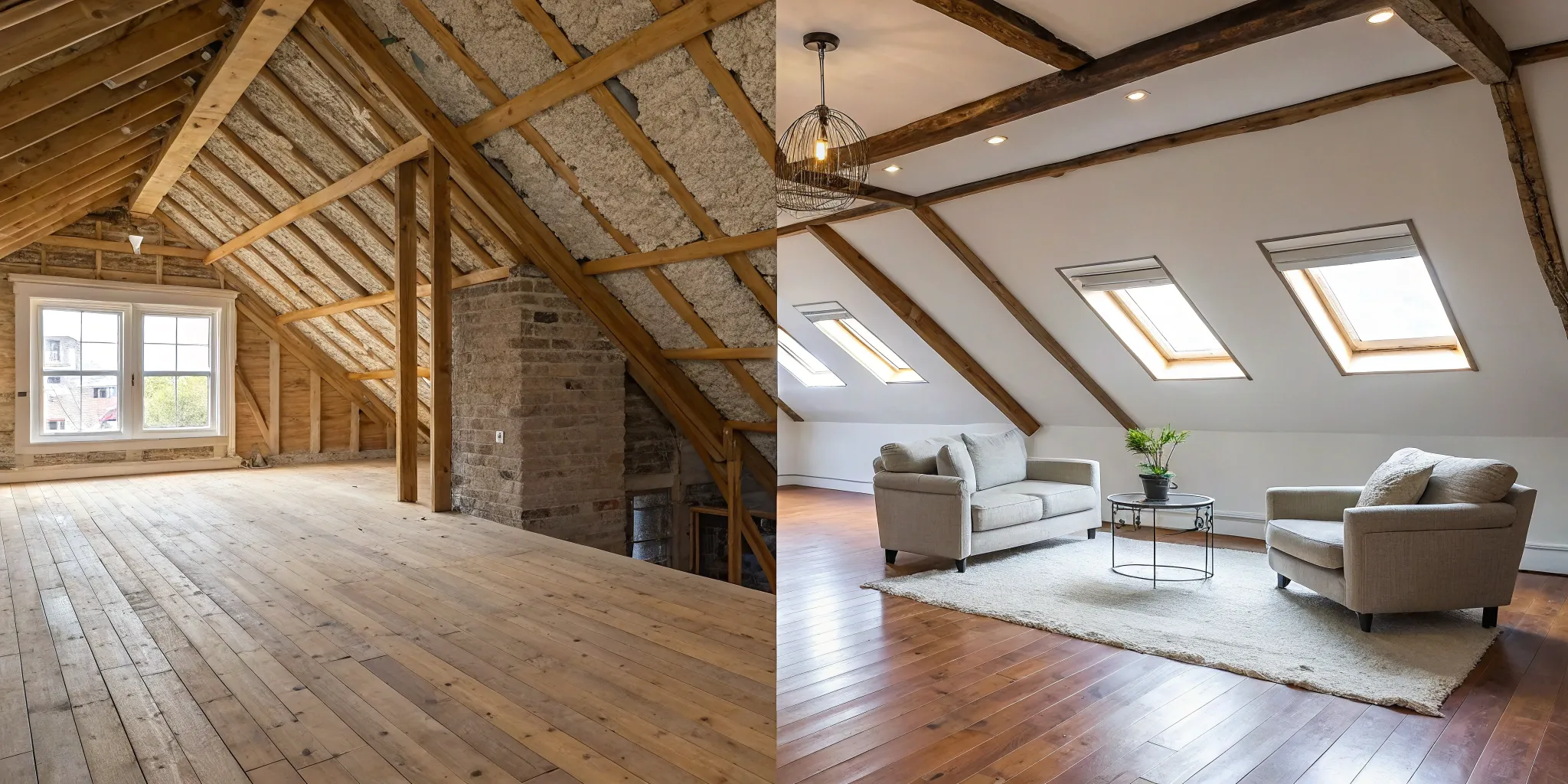

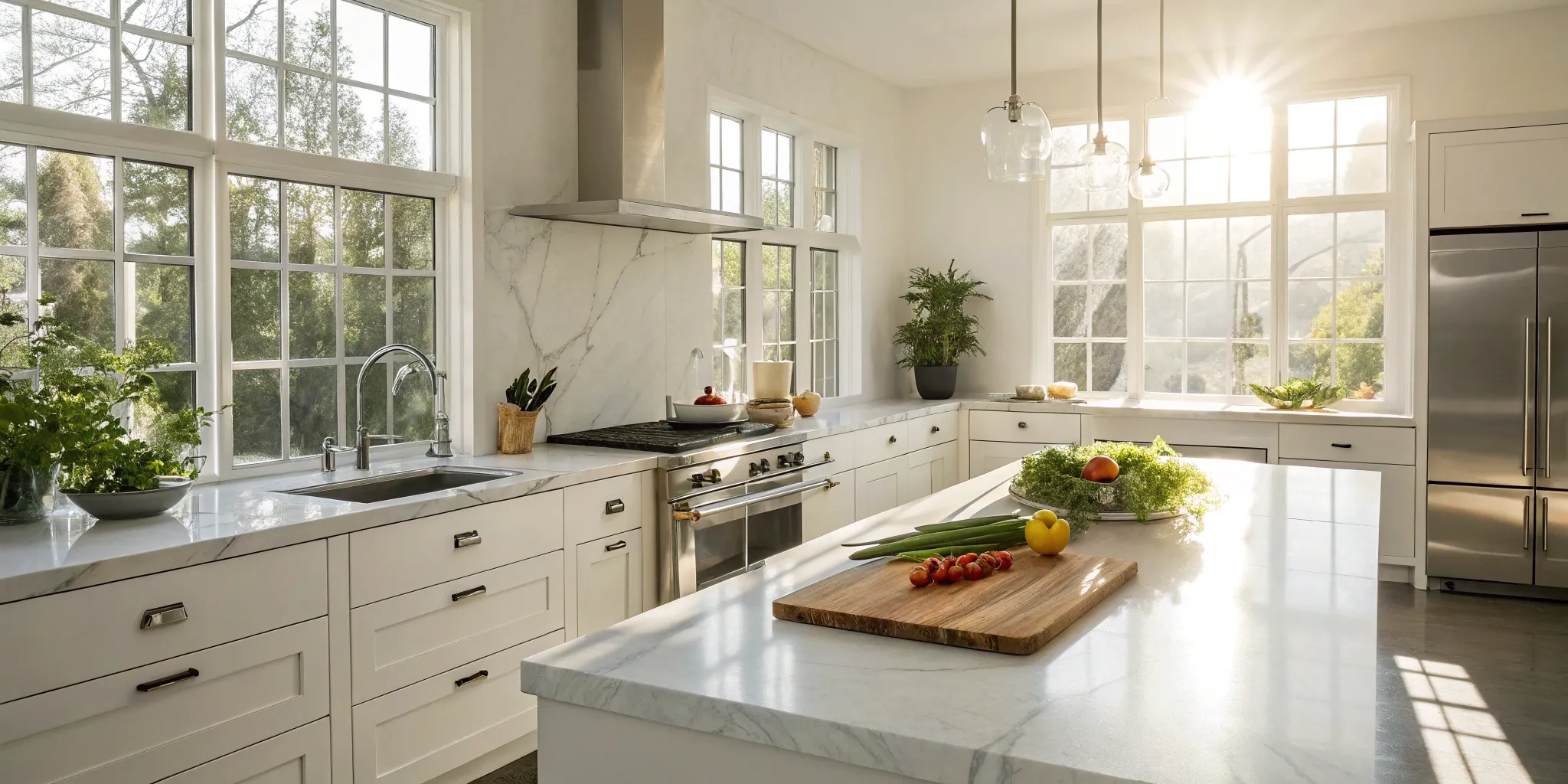


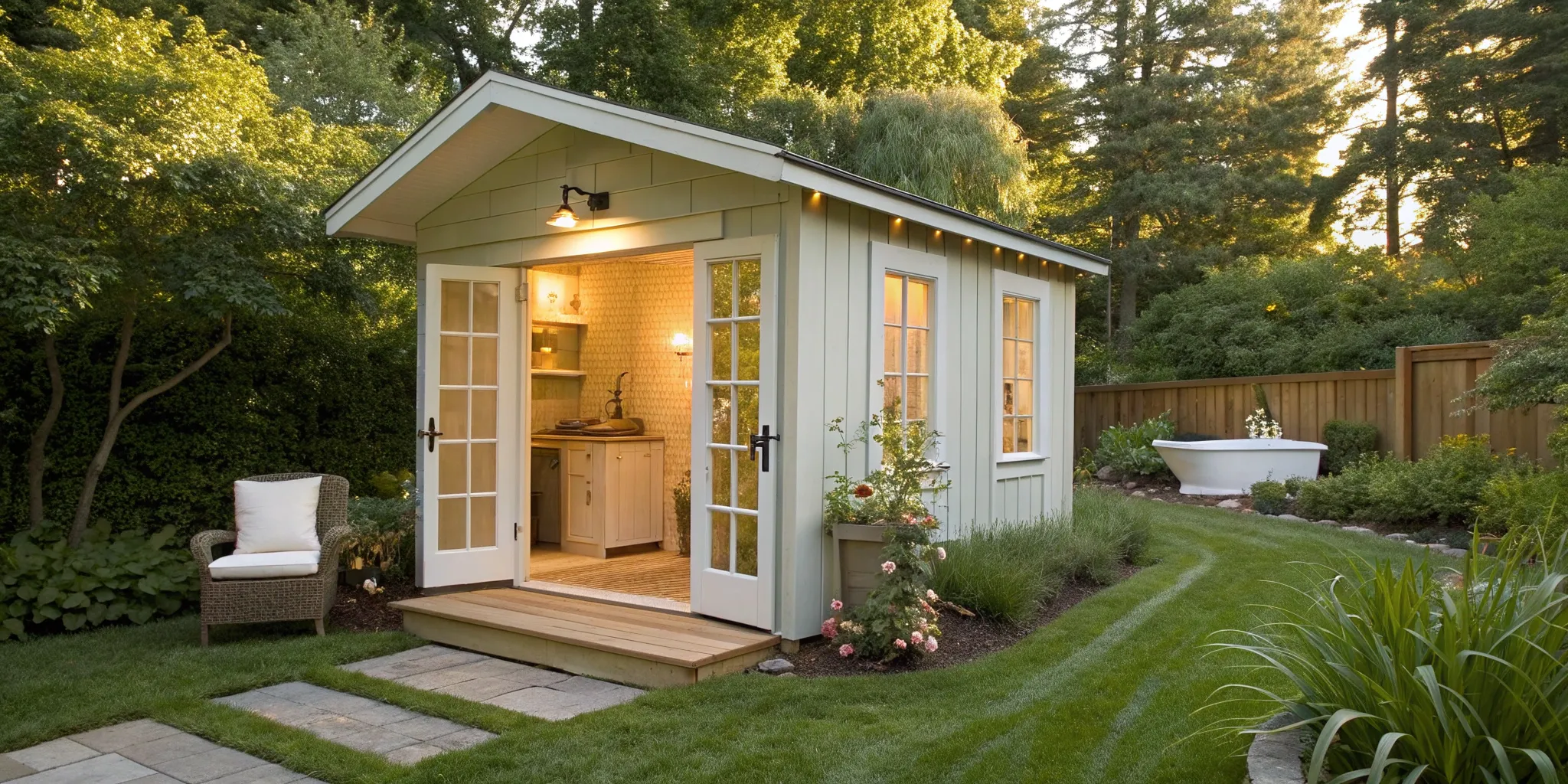
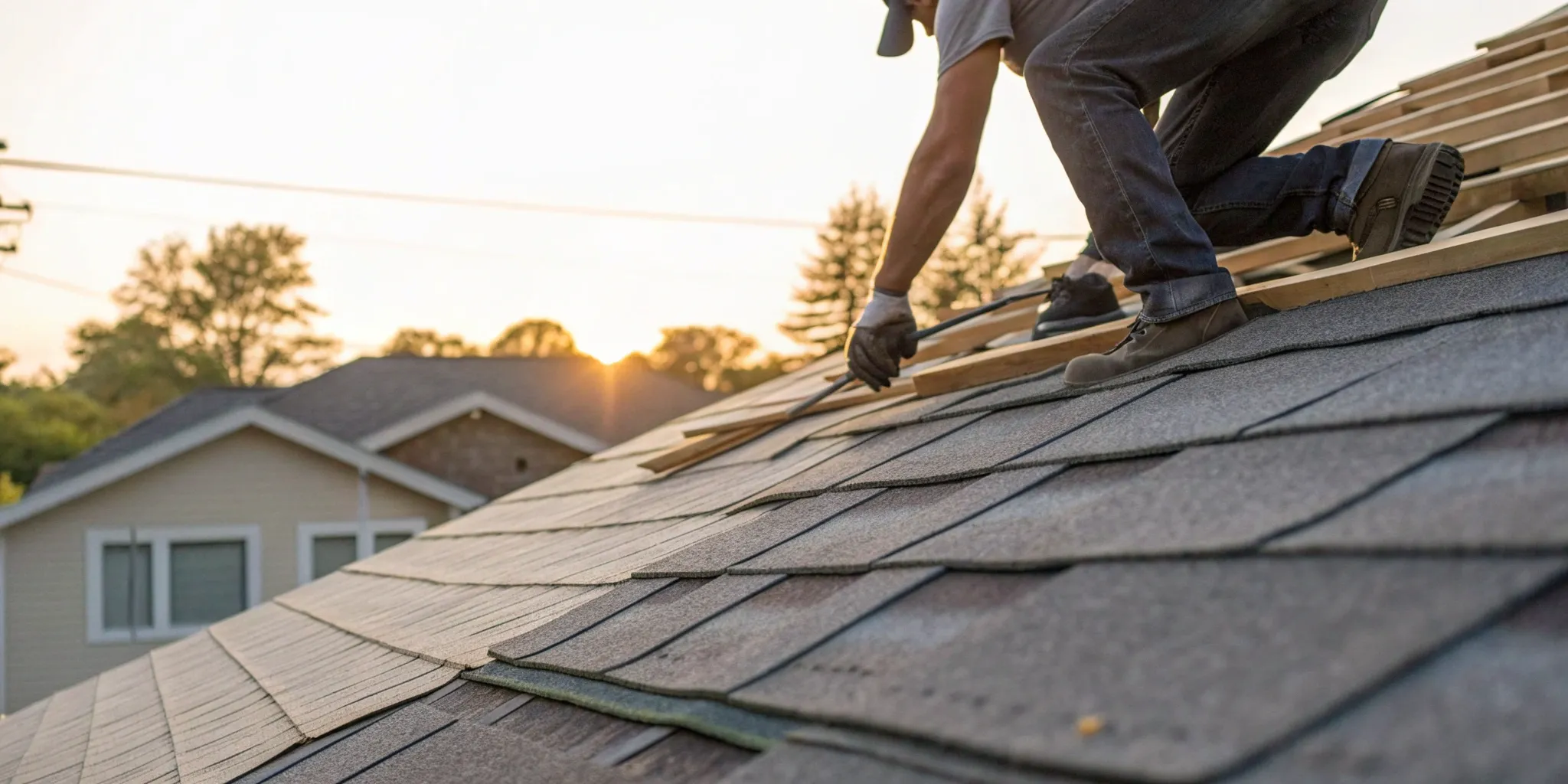

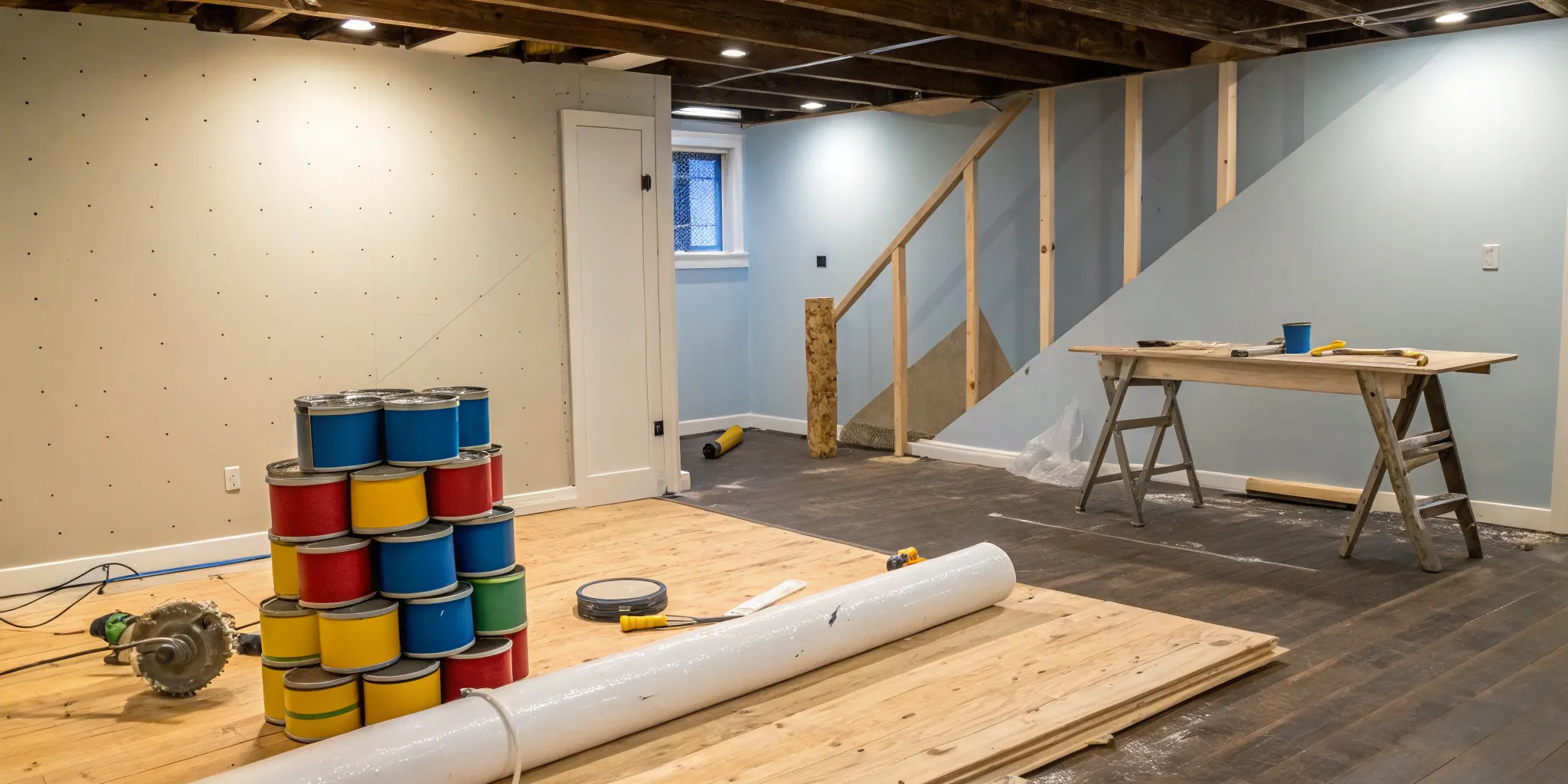

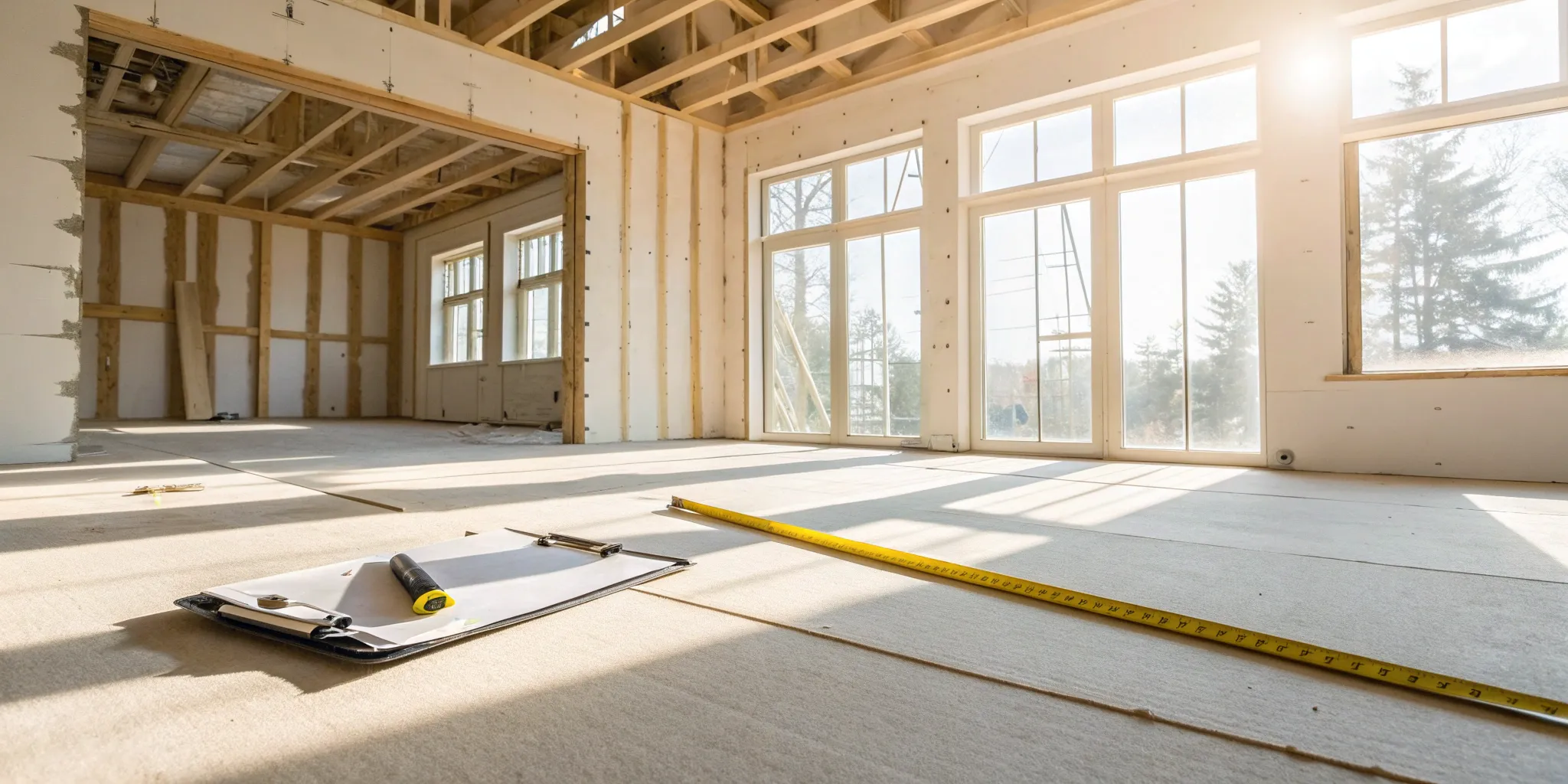
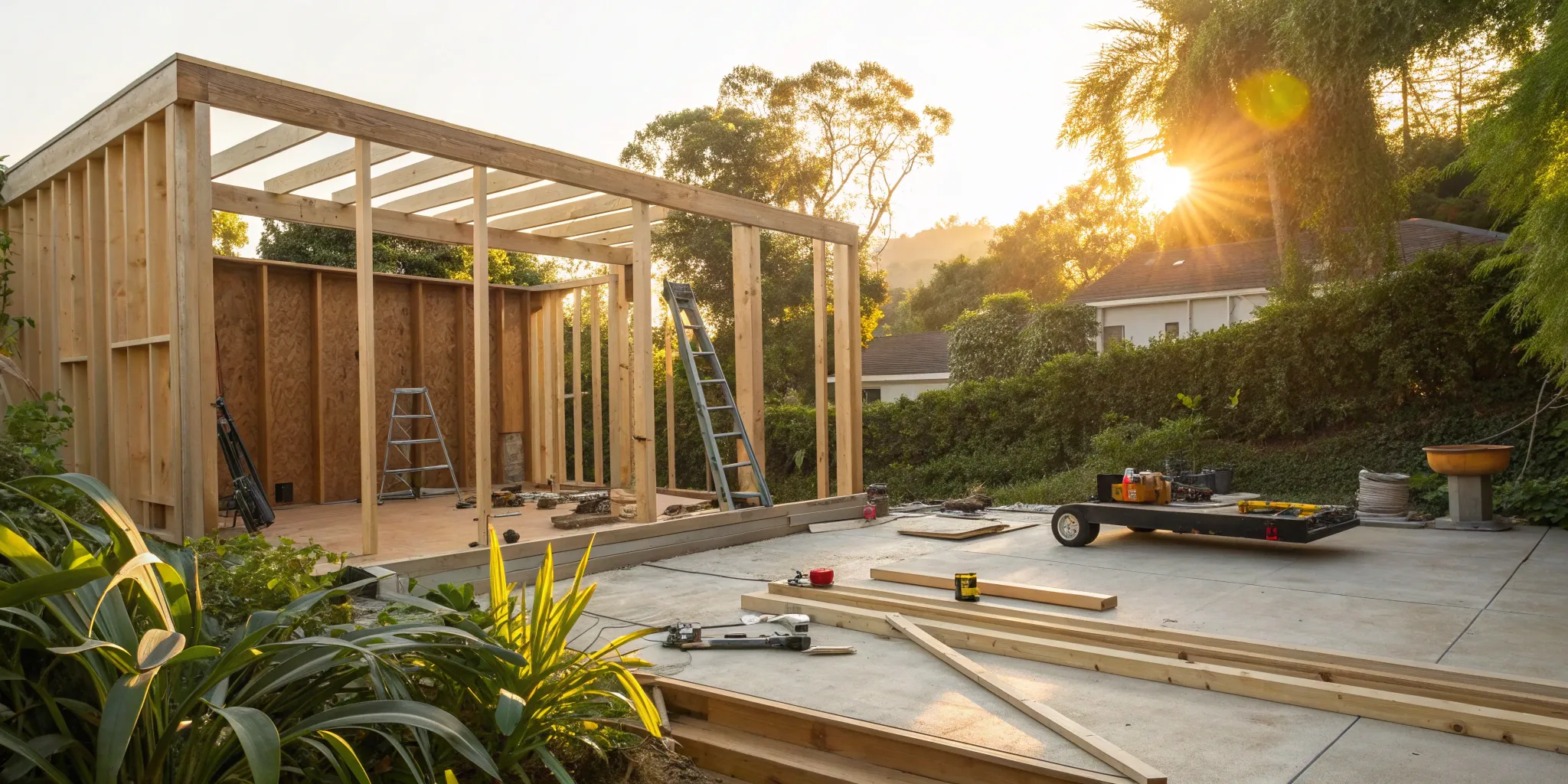
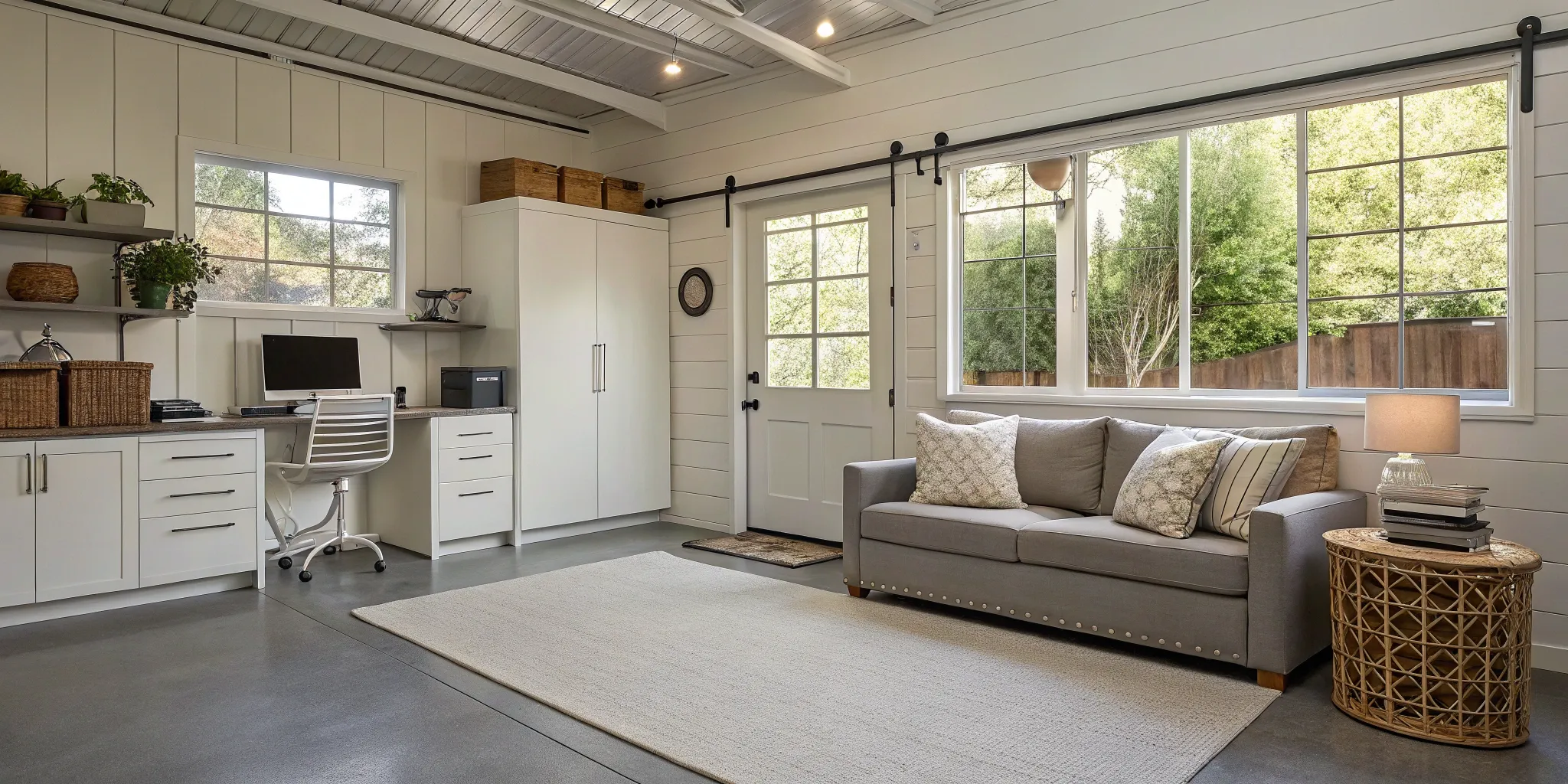
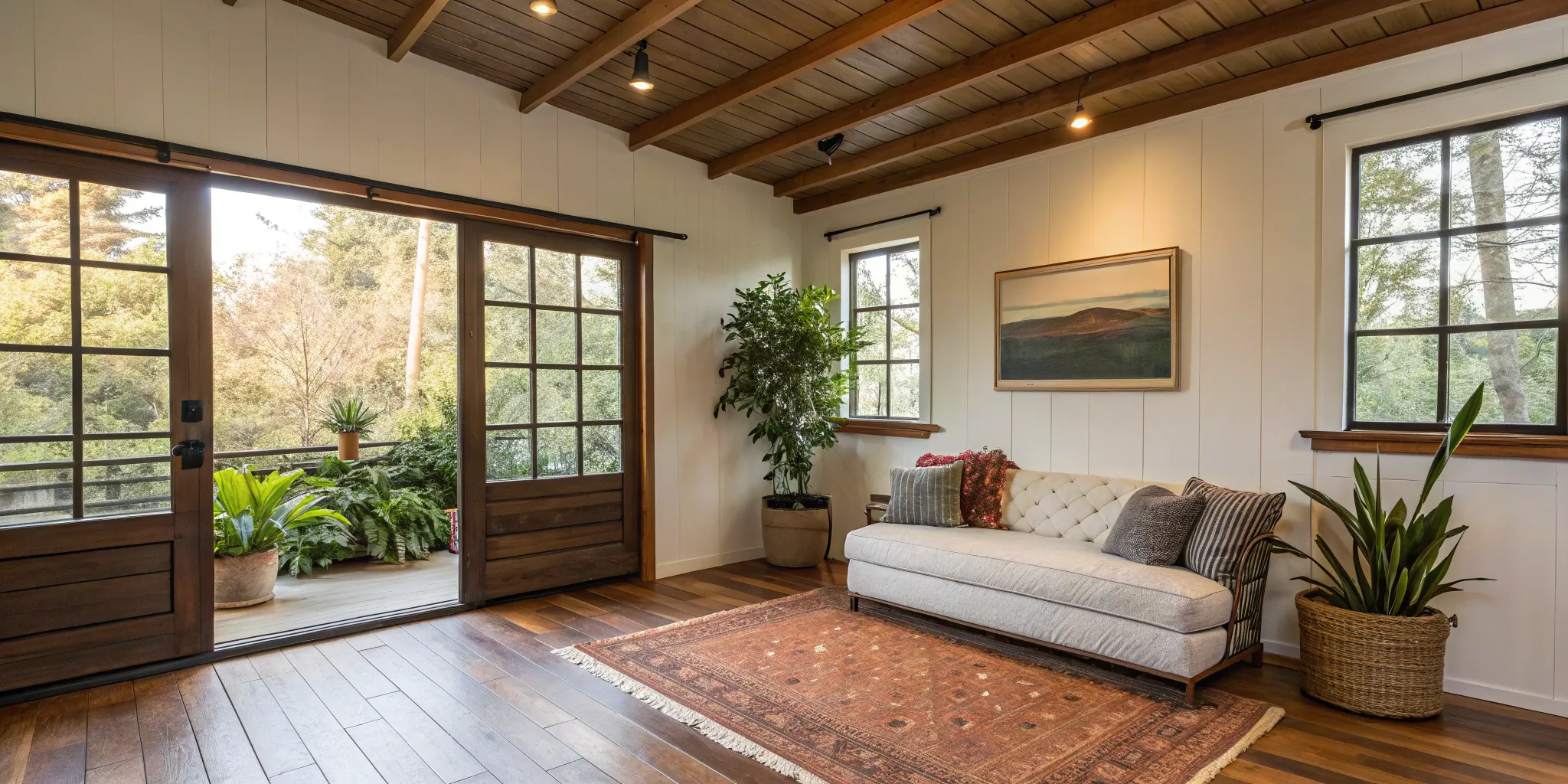
.png)
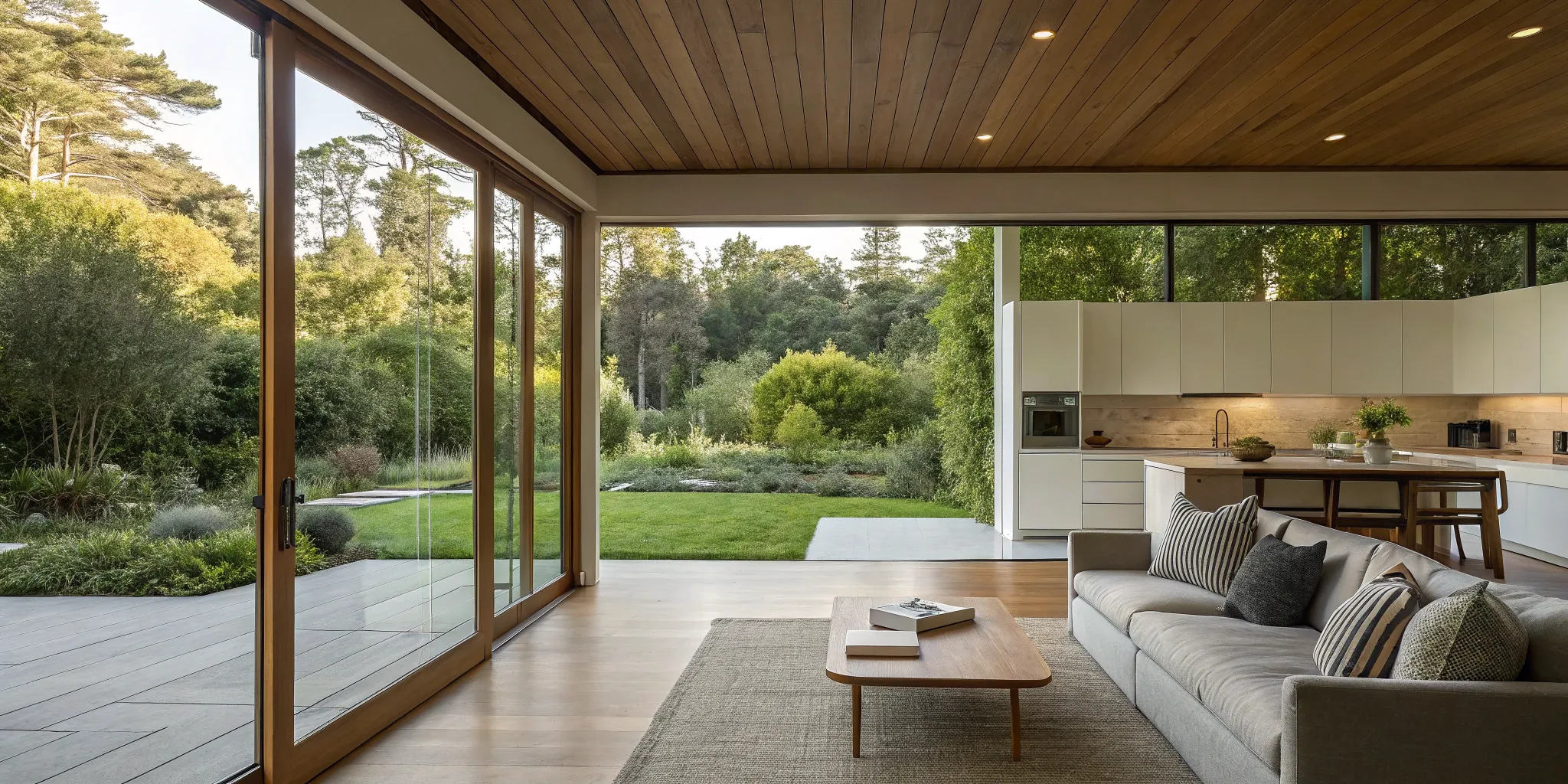
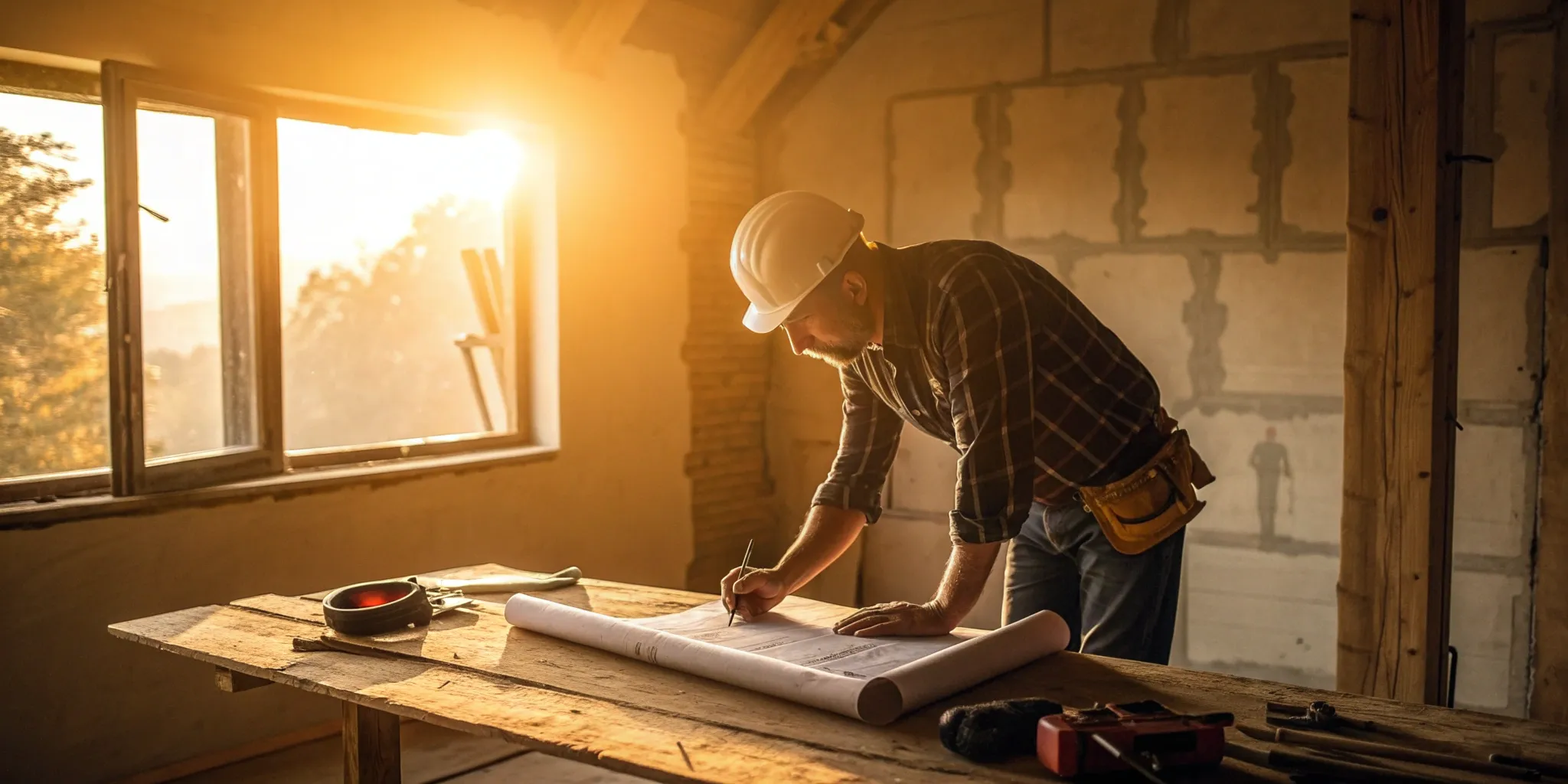
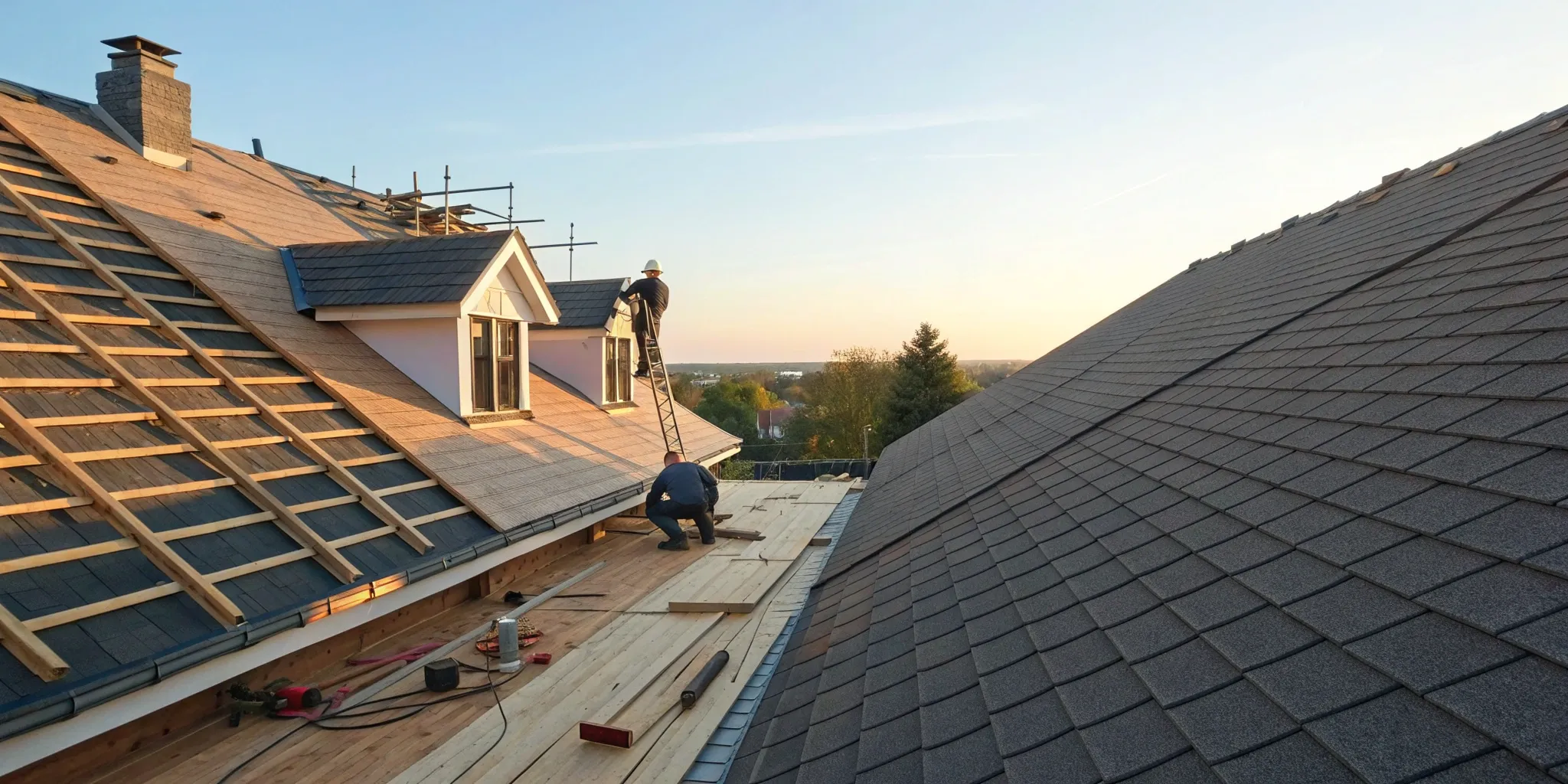
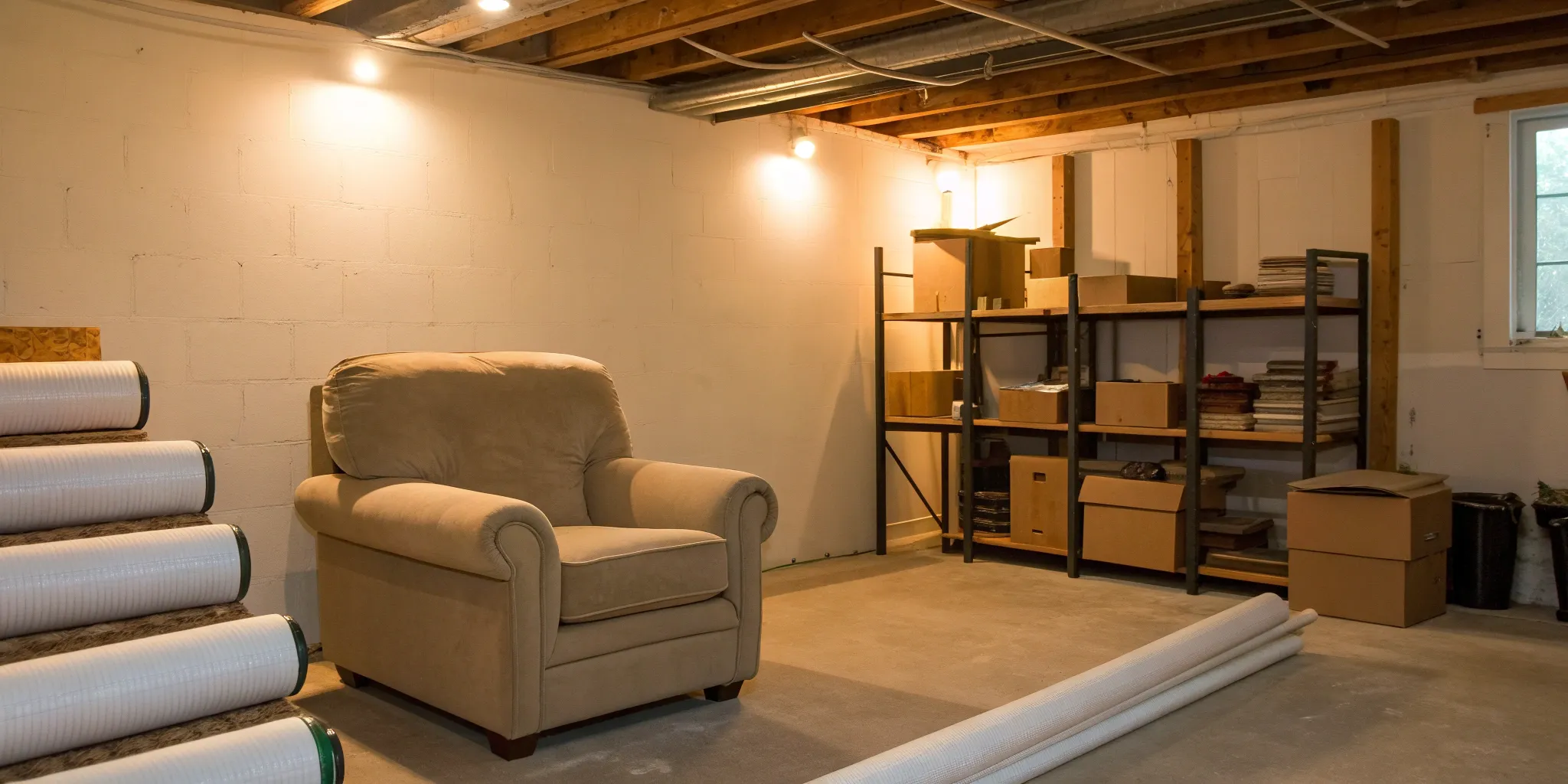
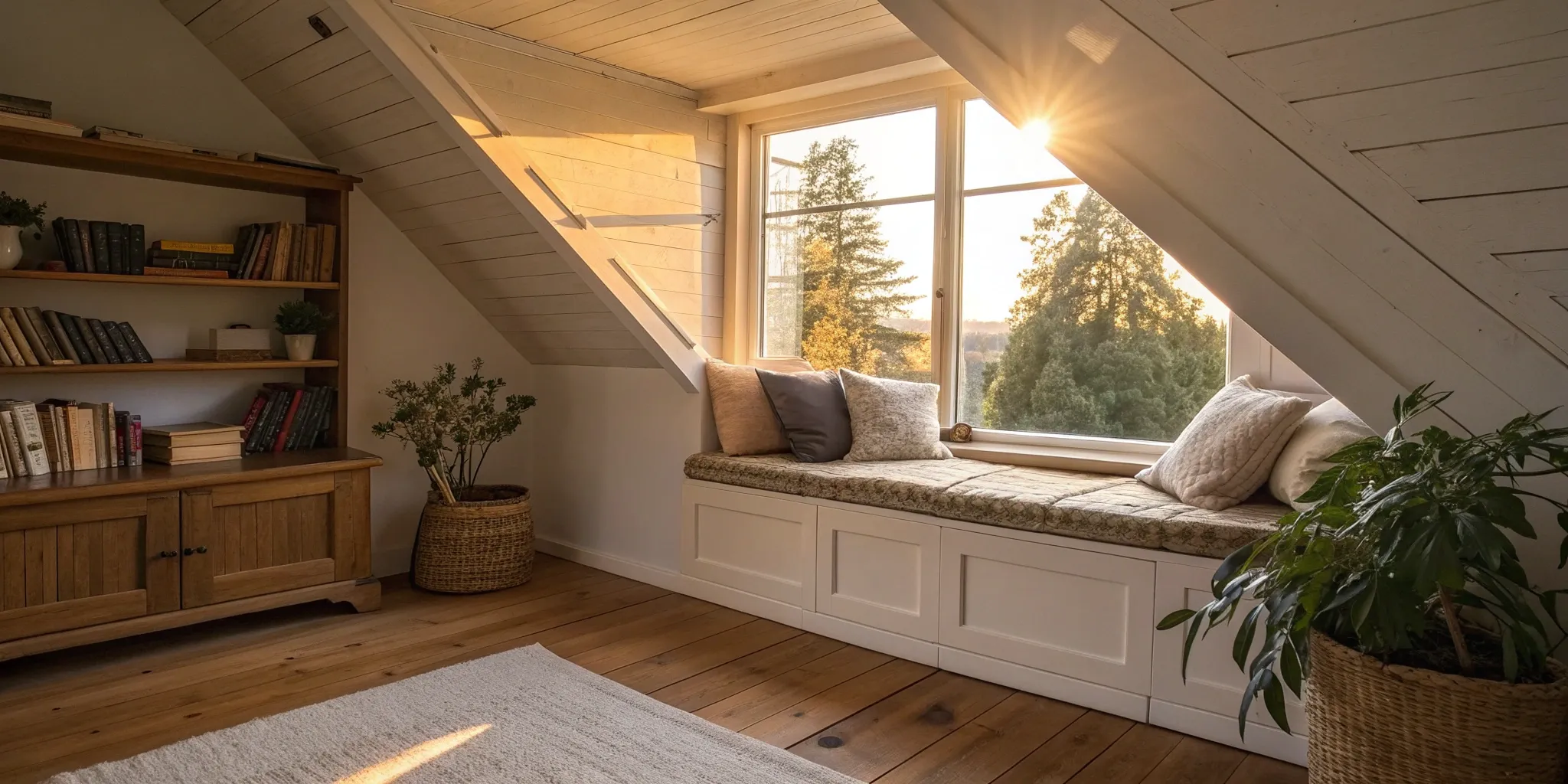
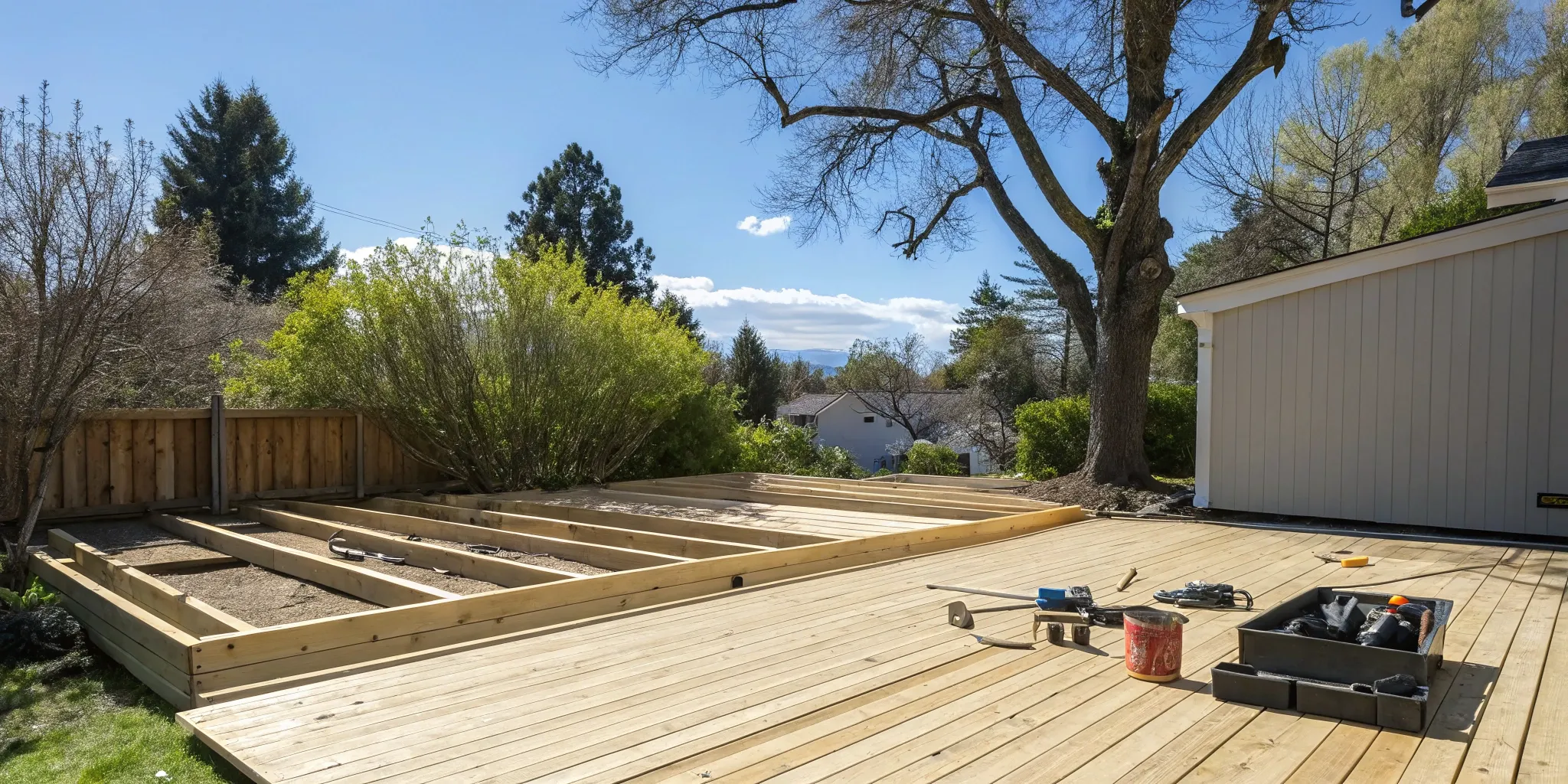
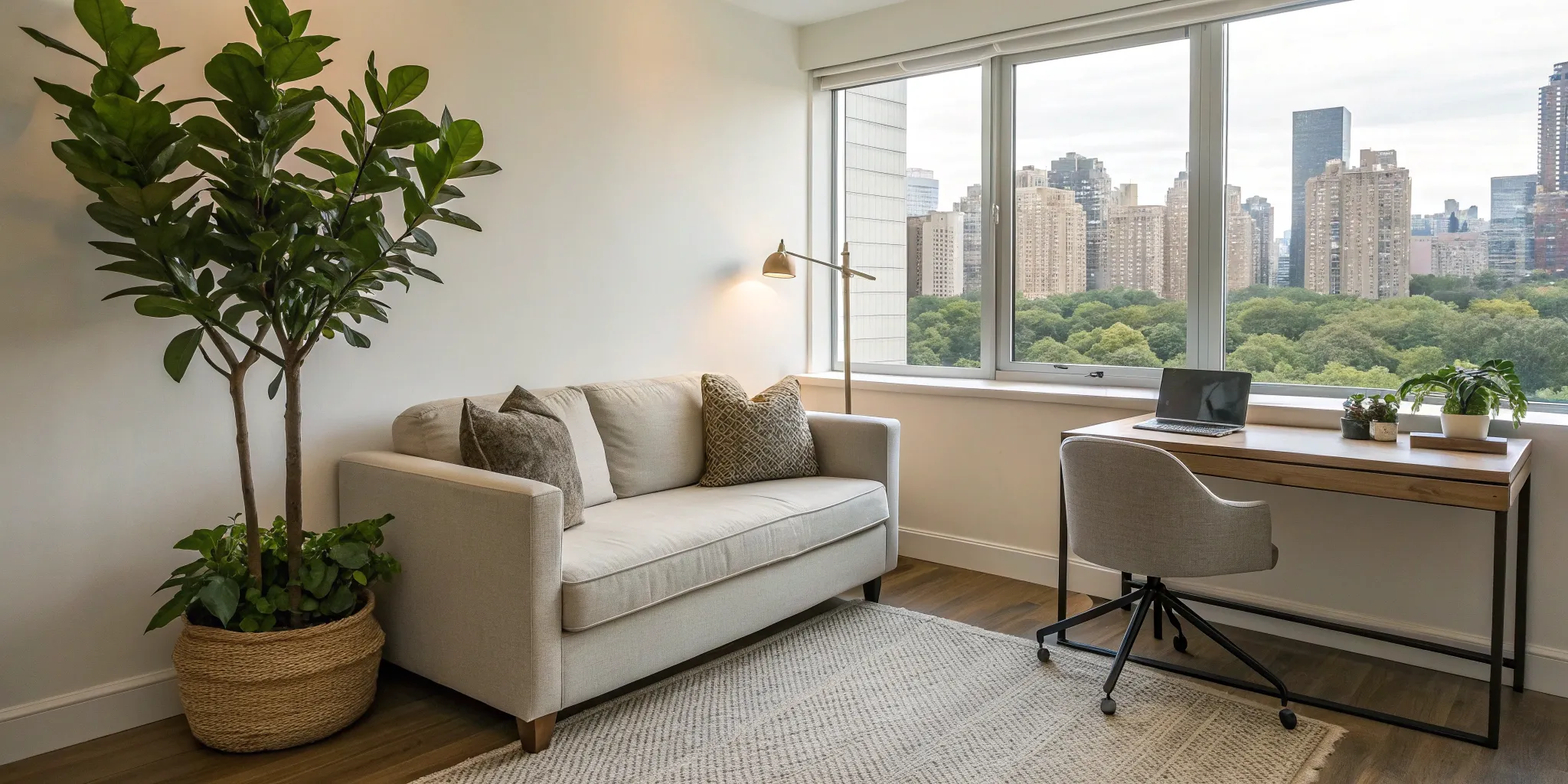
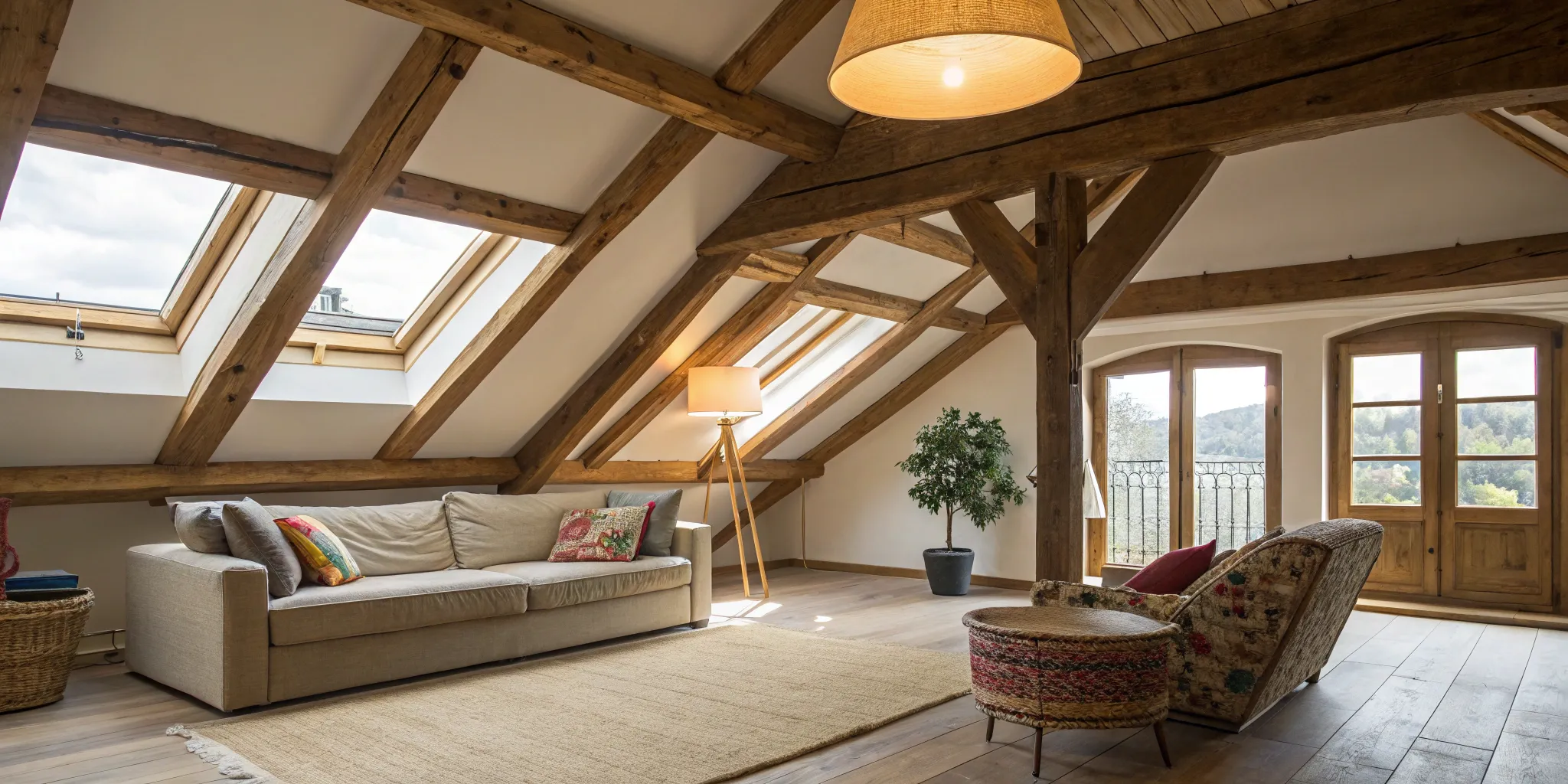



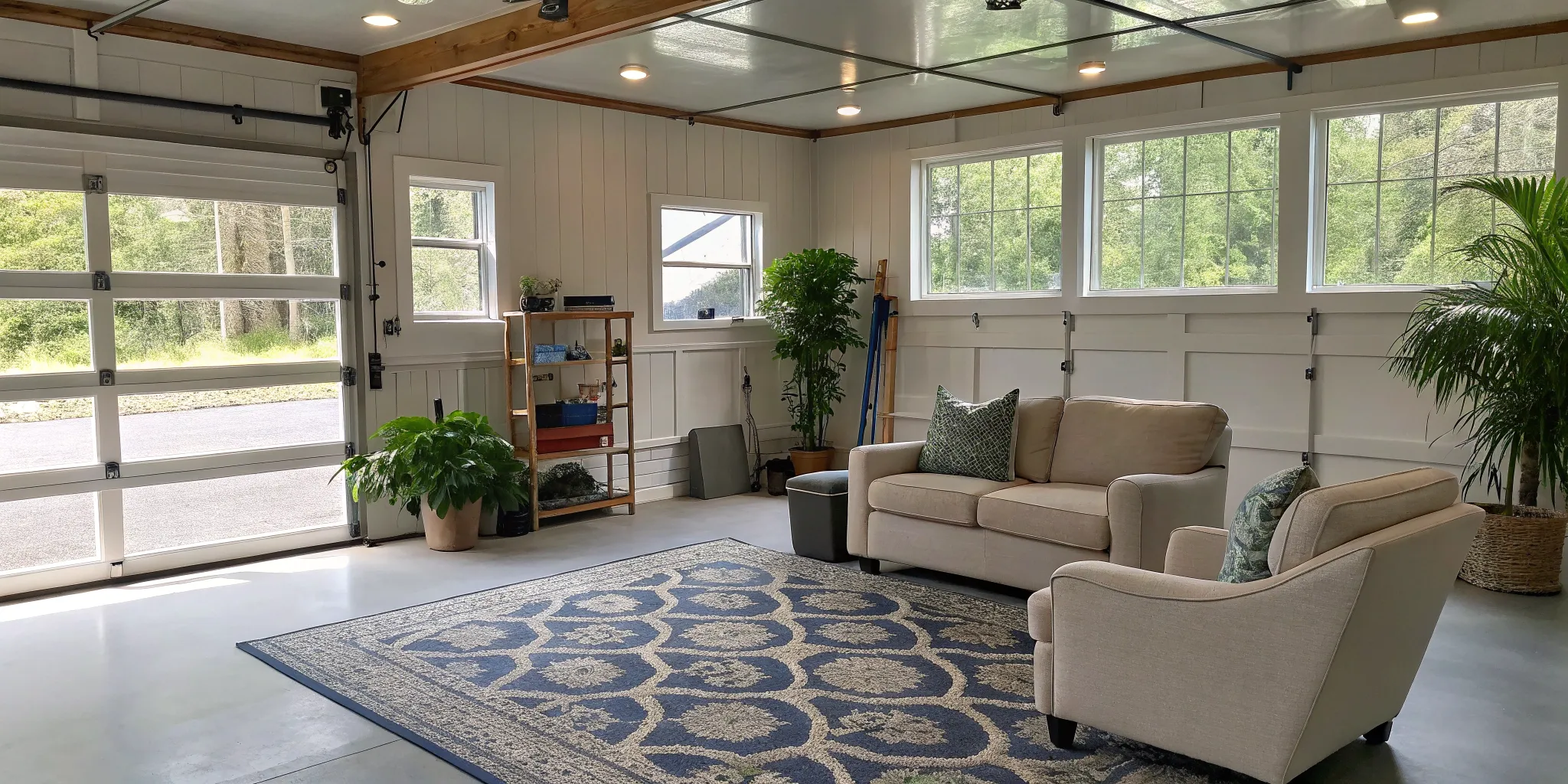
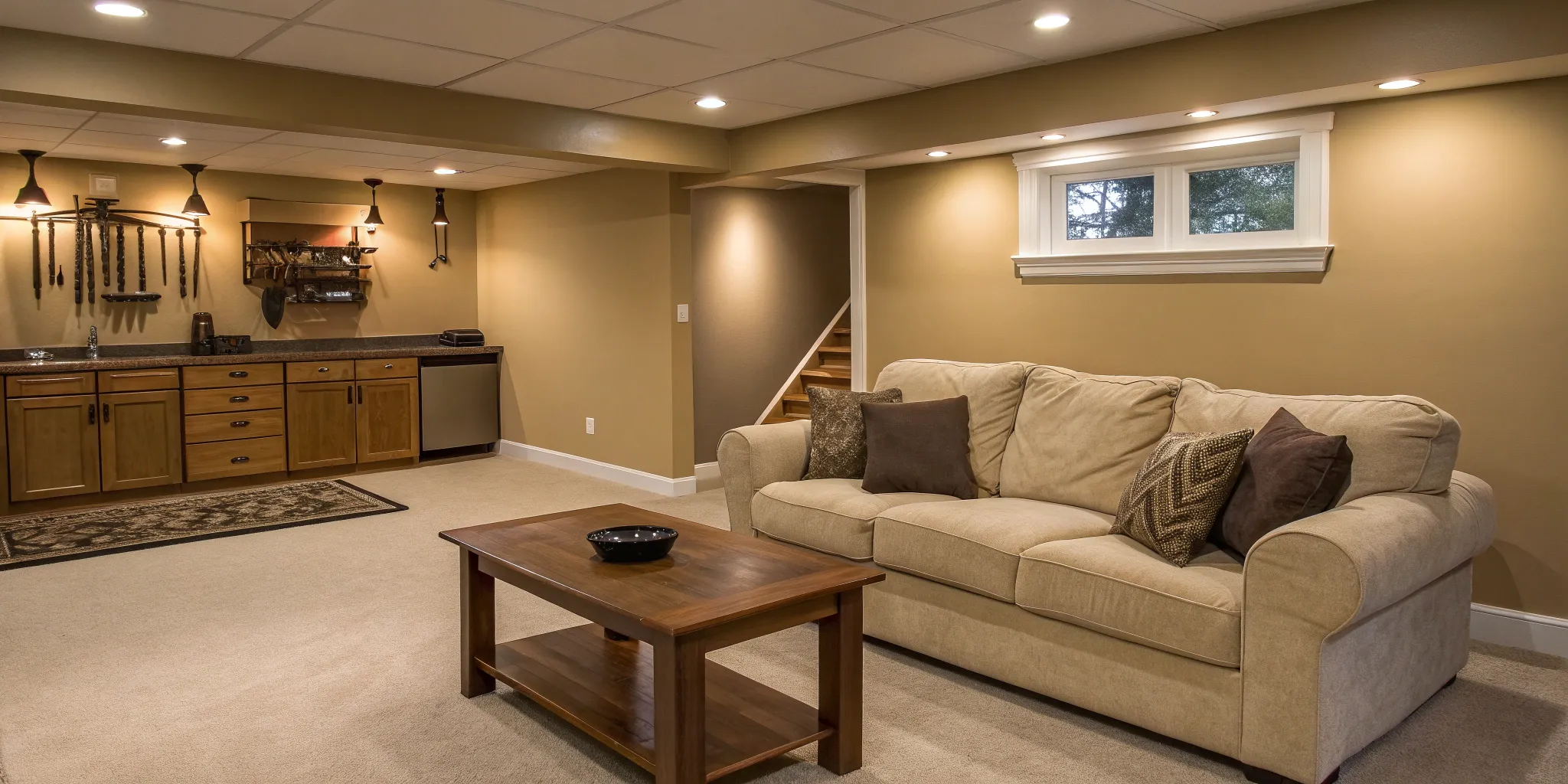



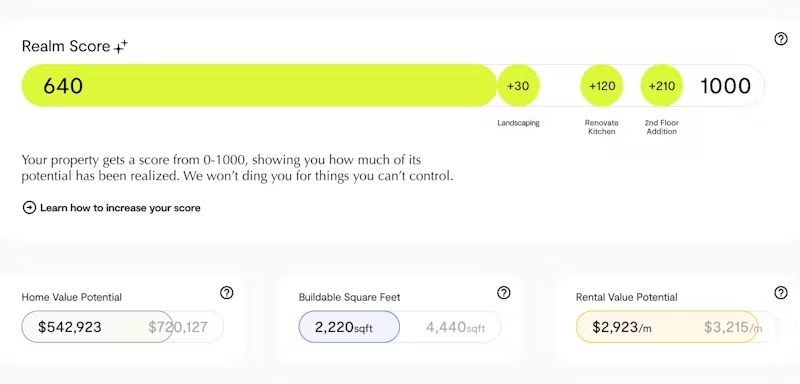

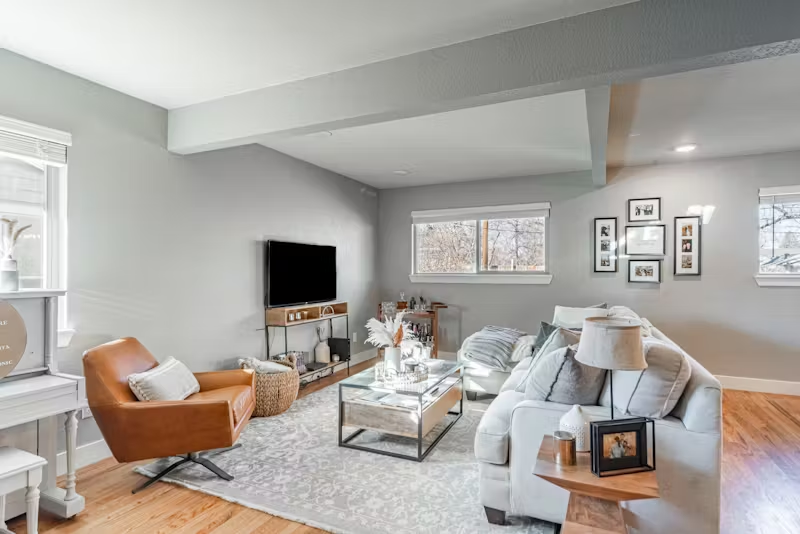
.avif)




